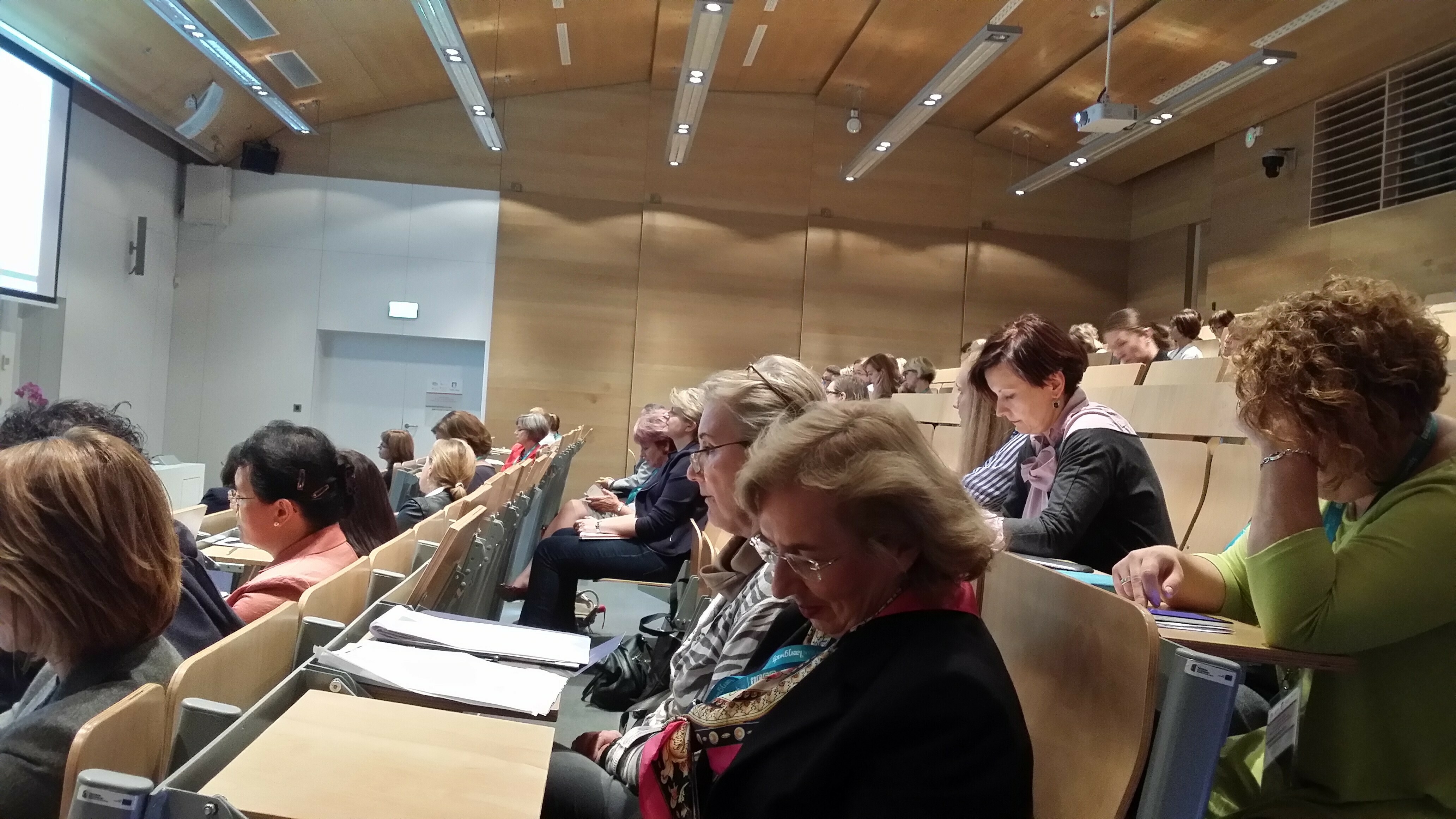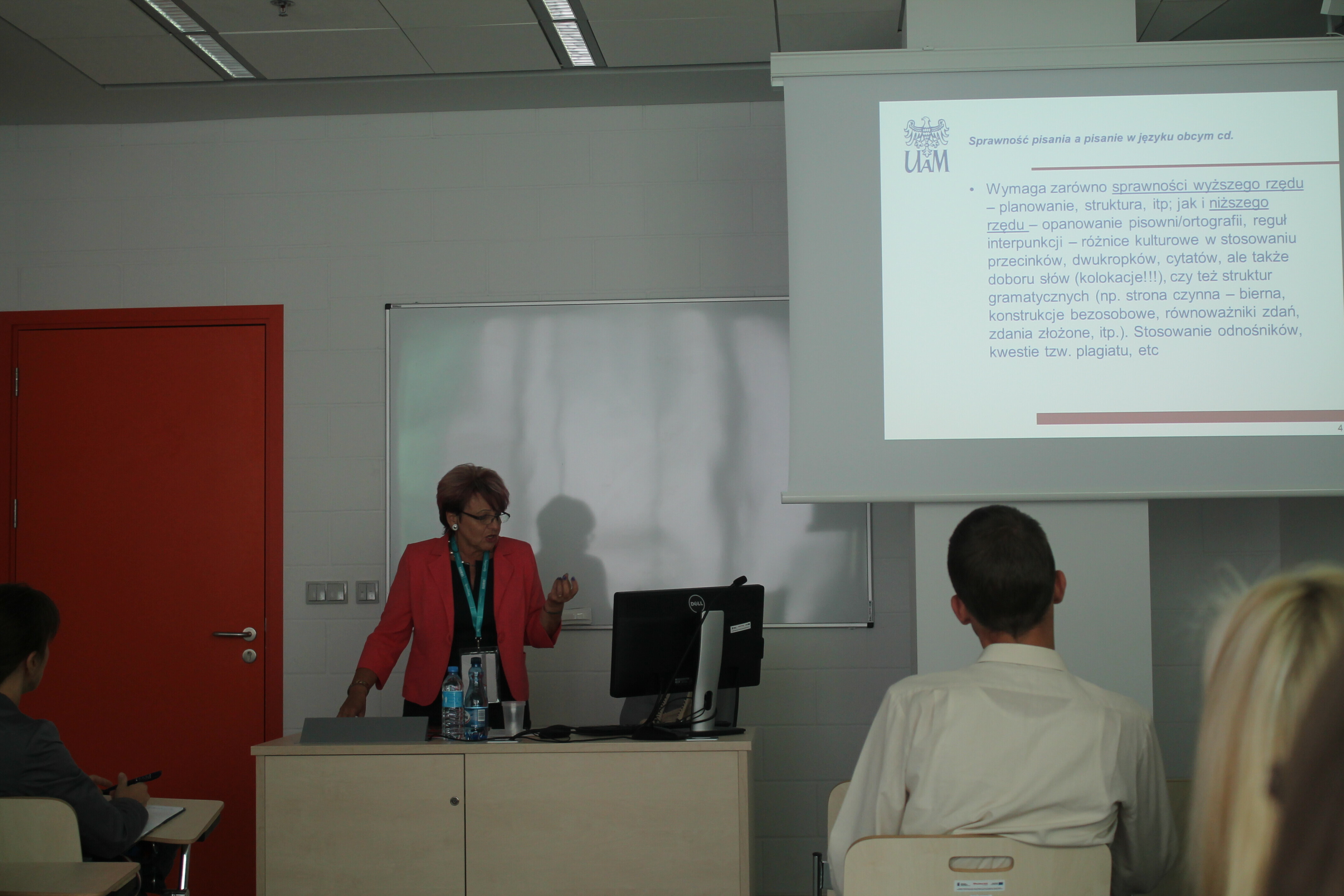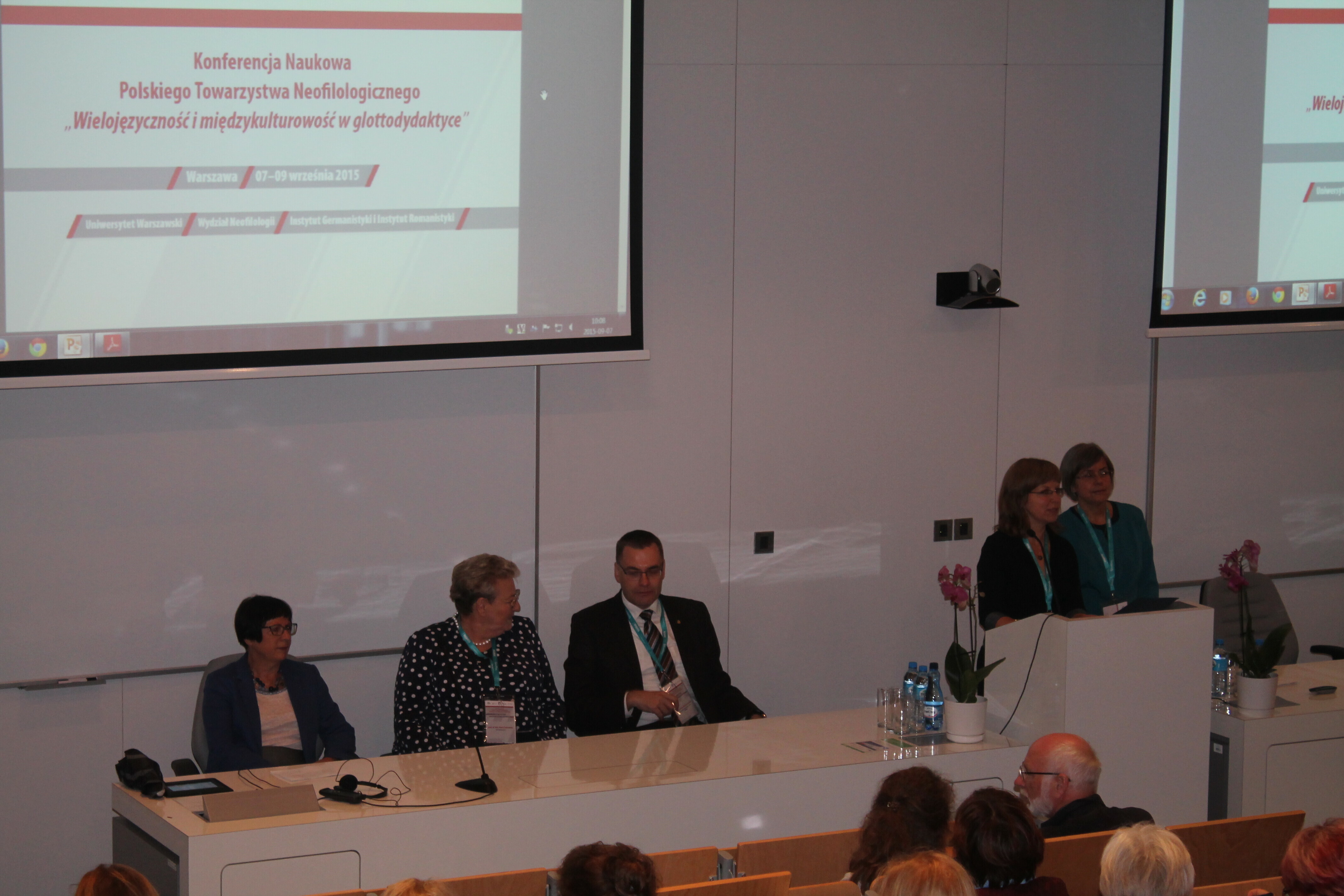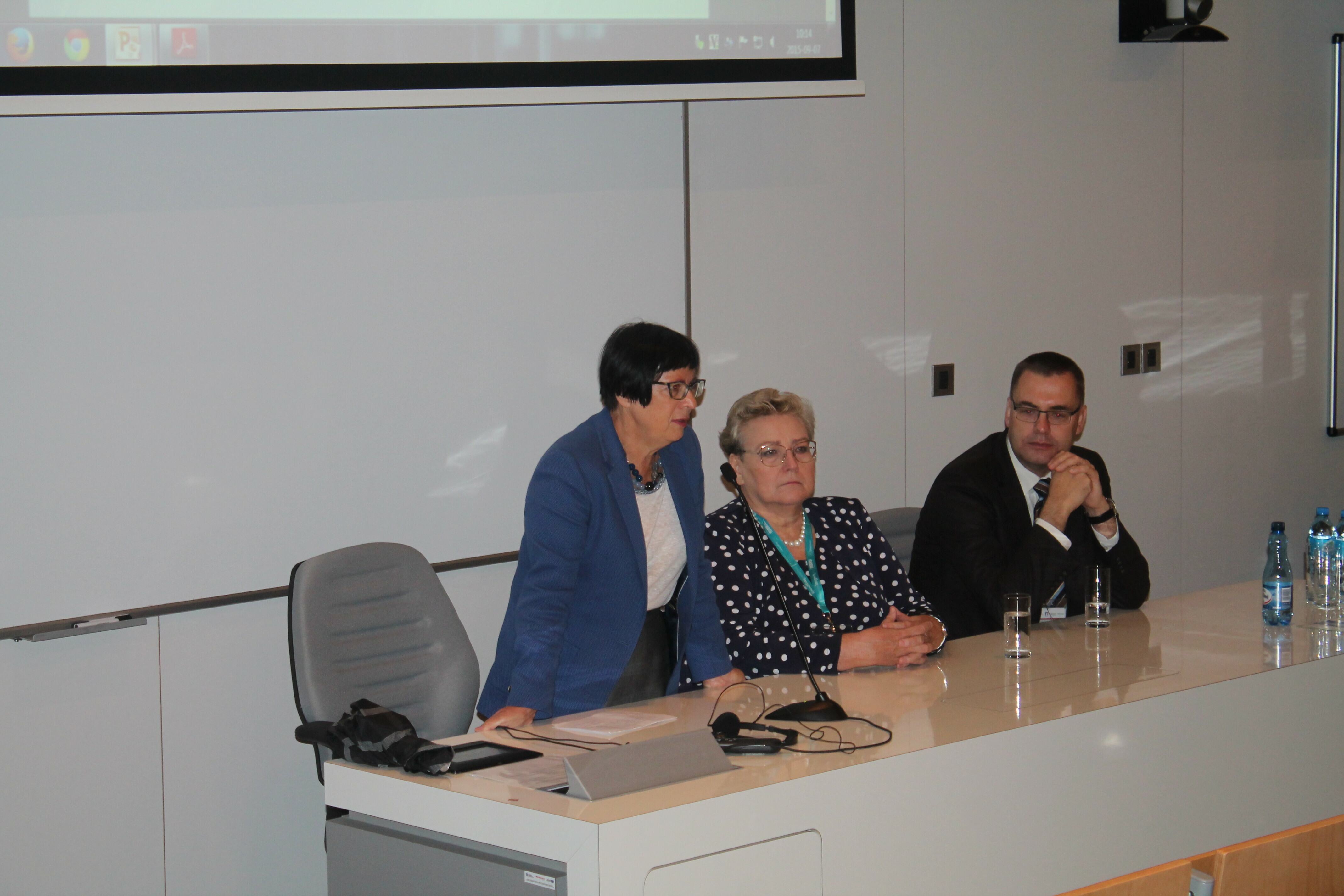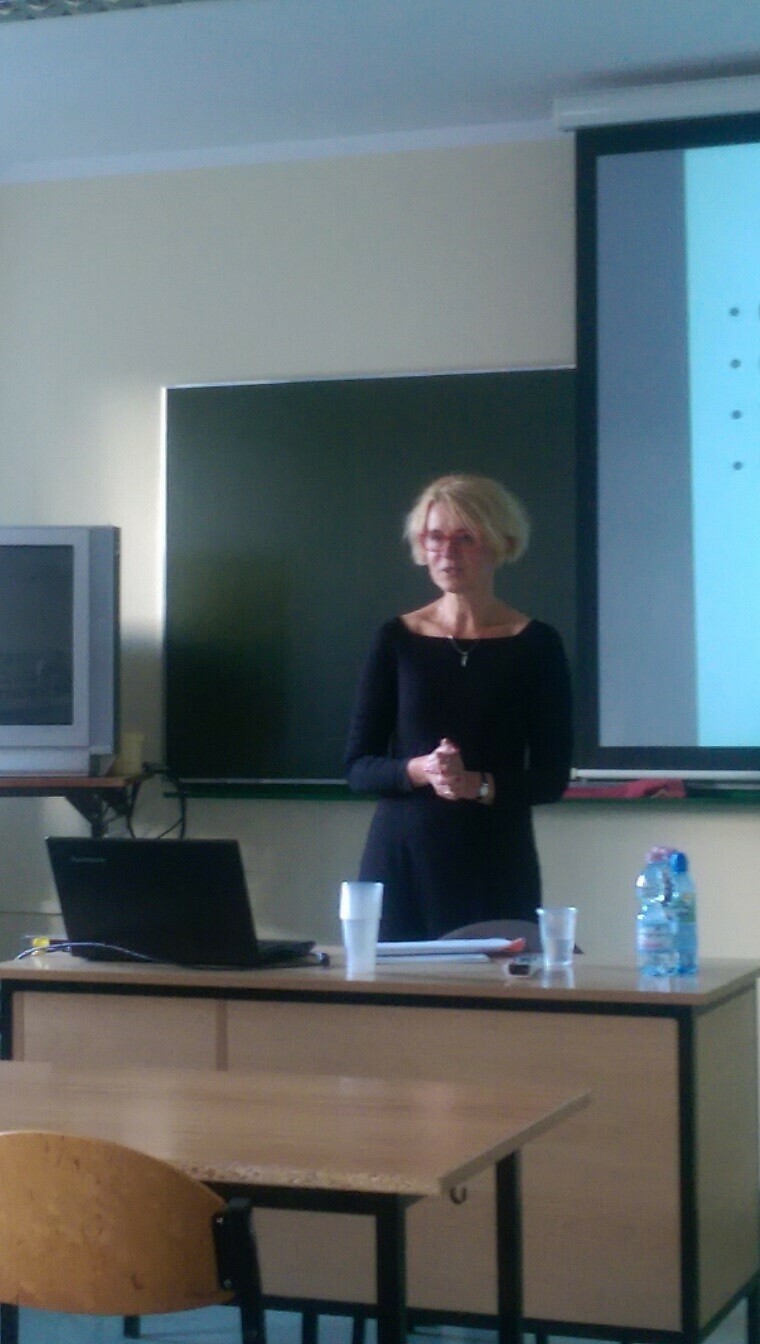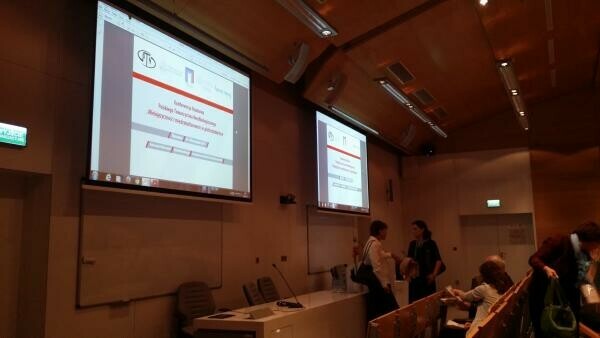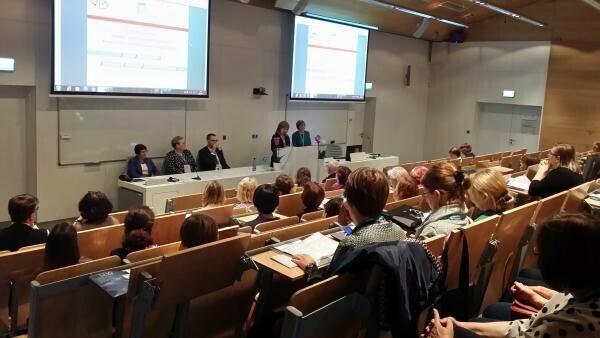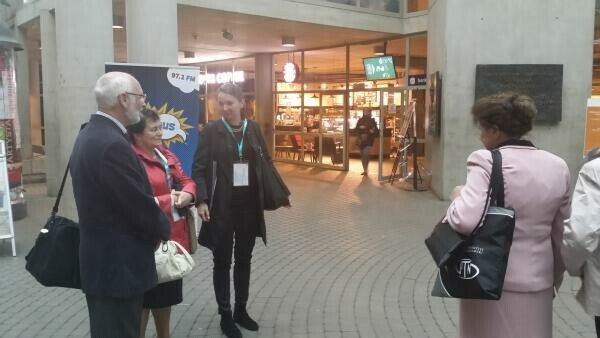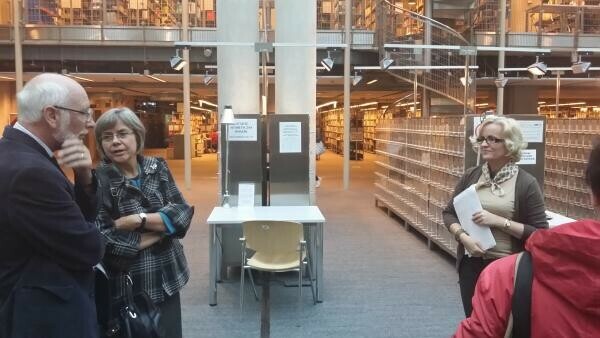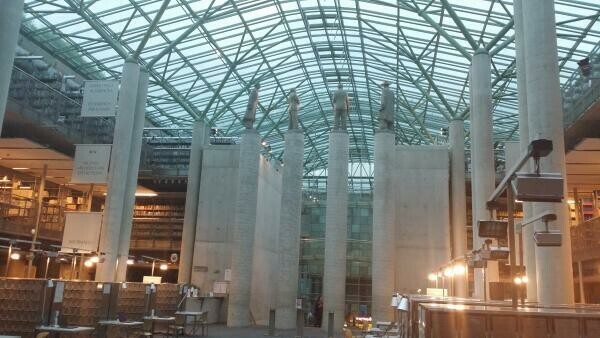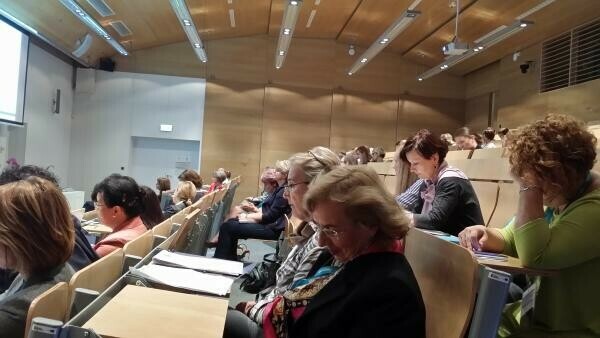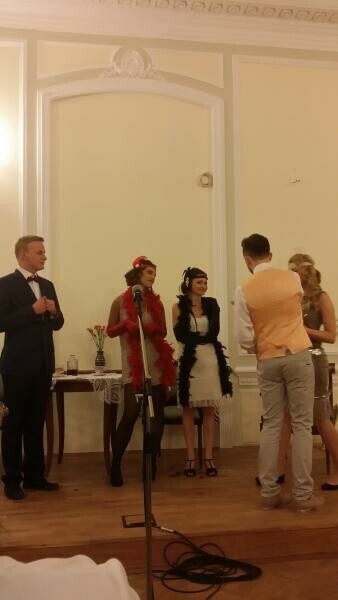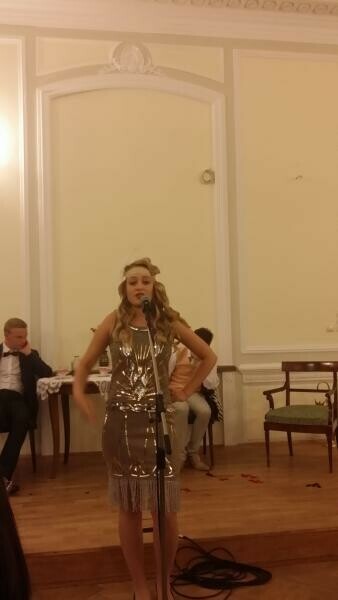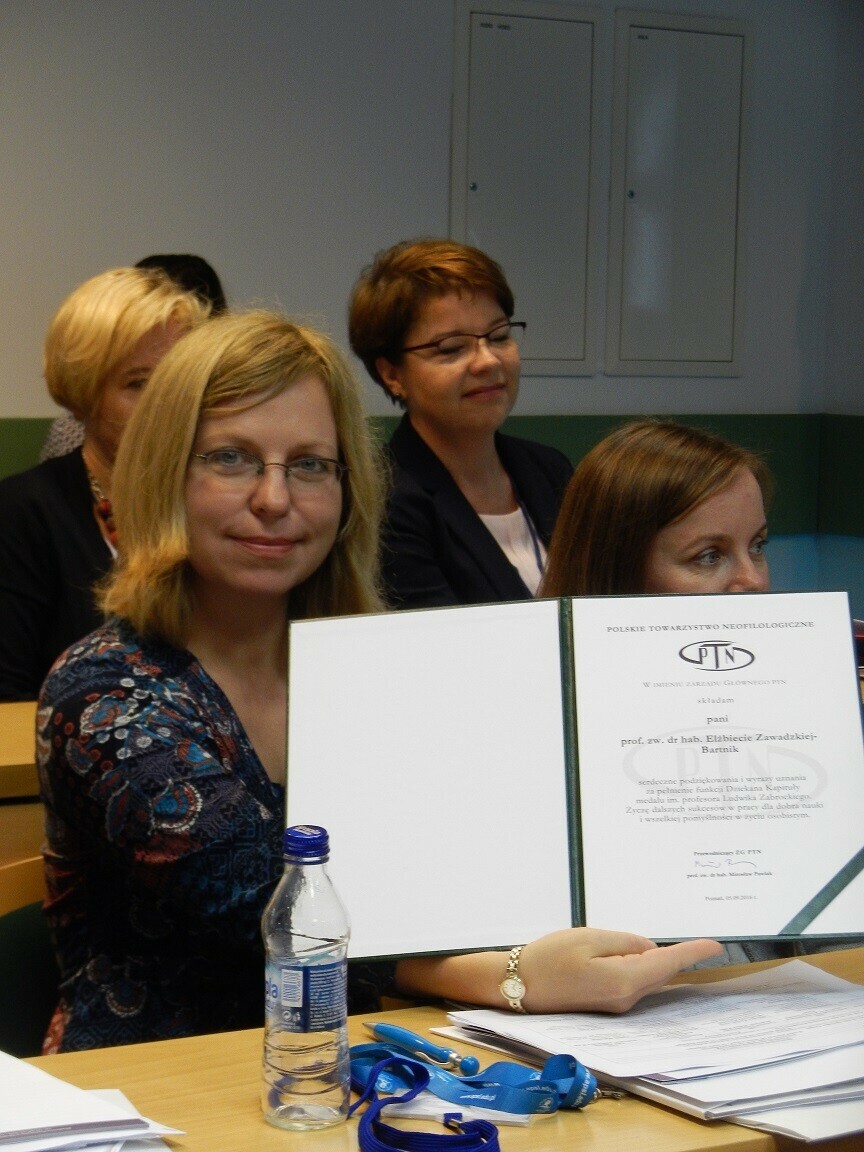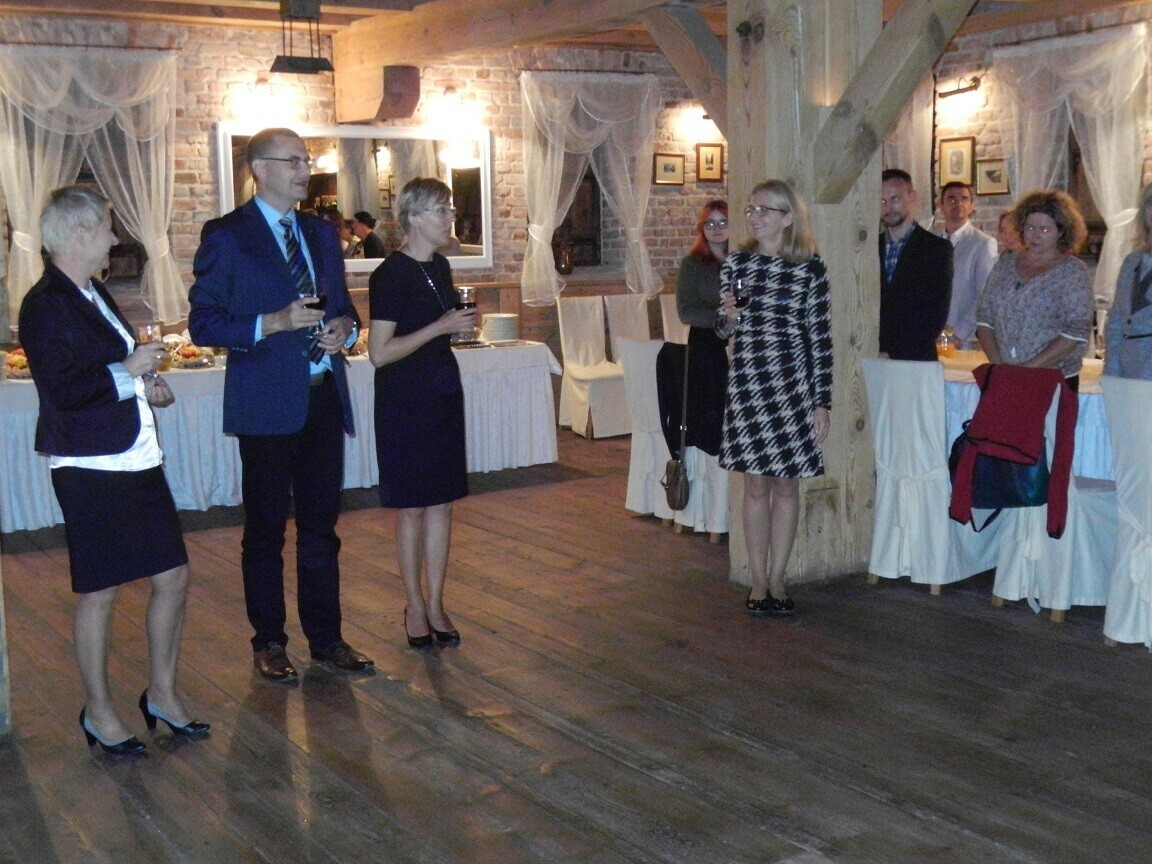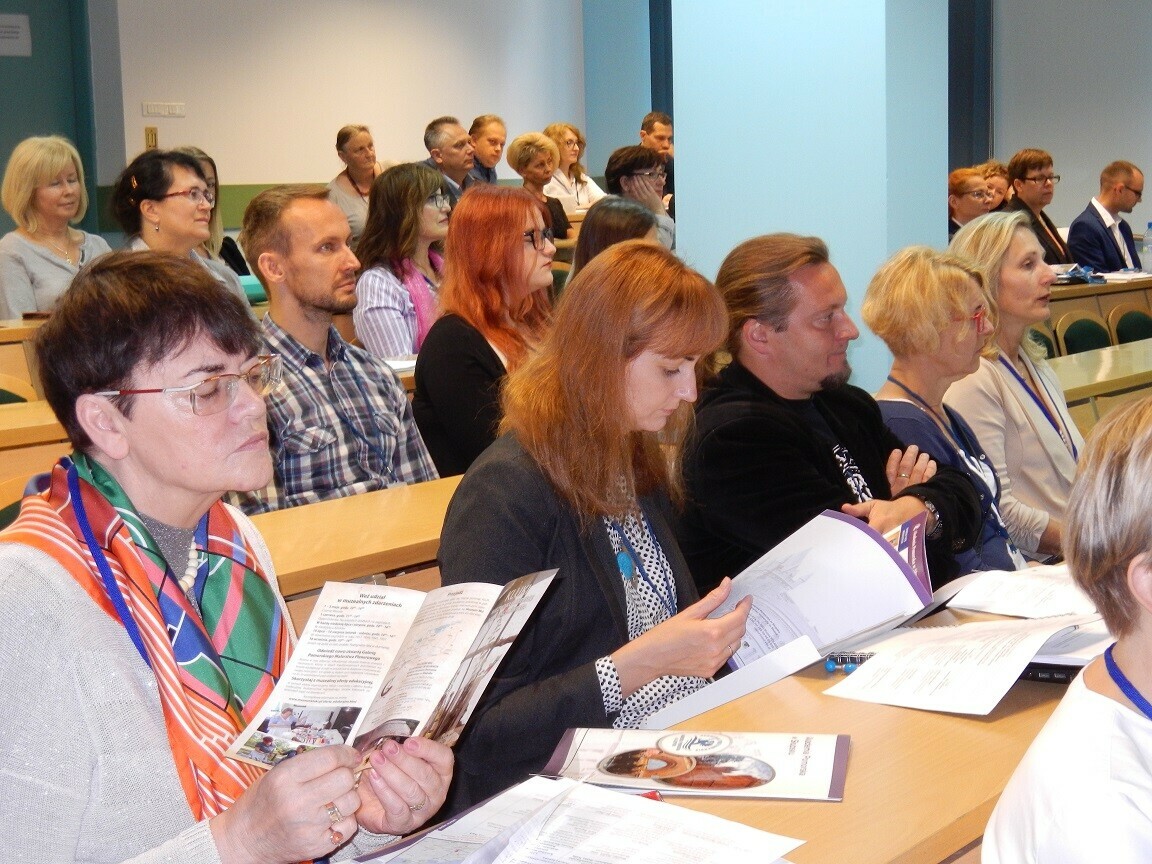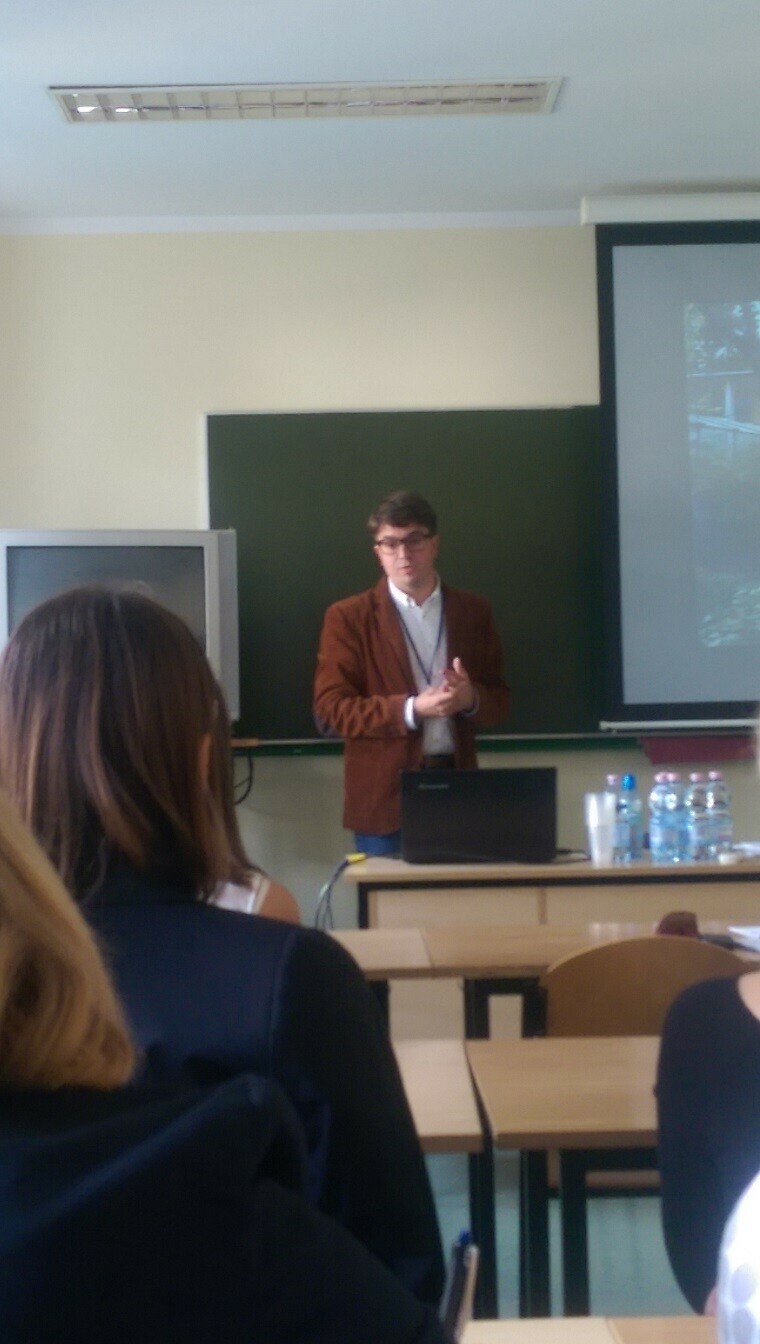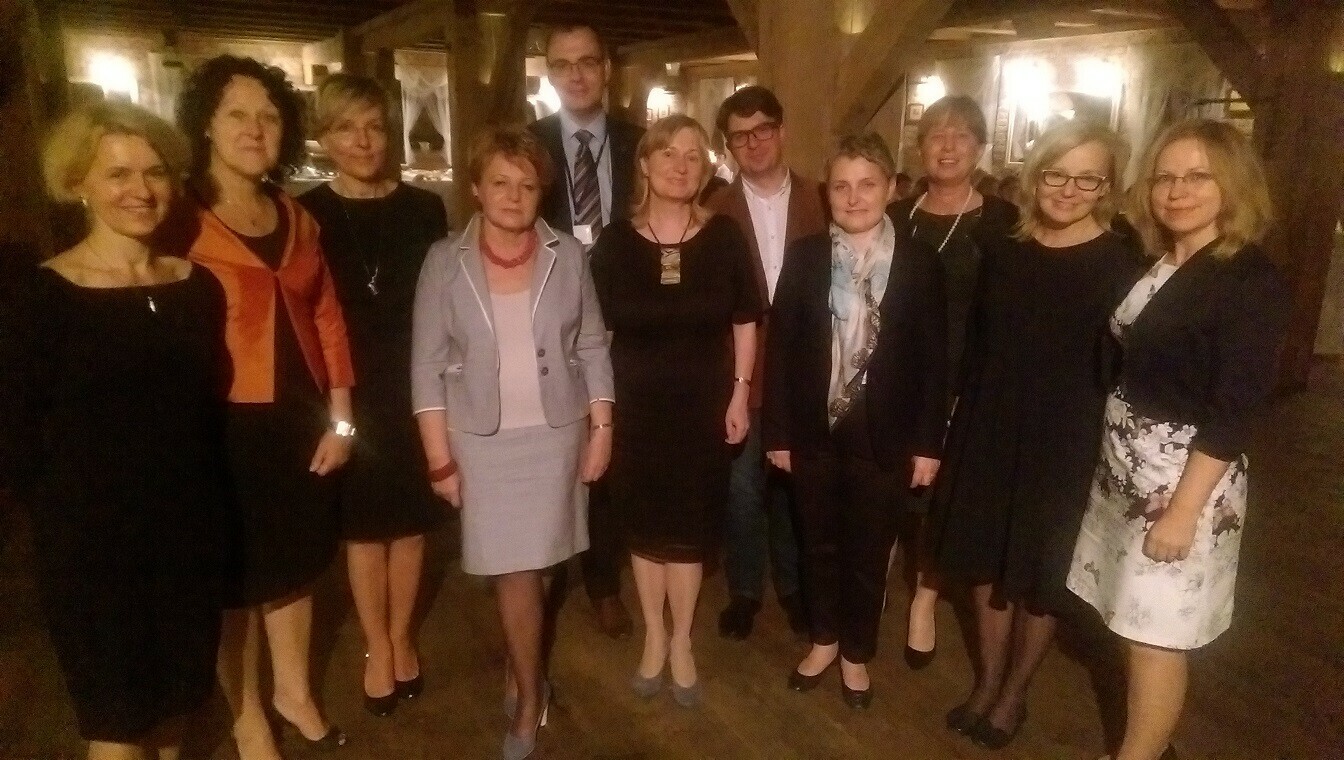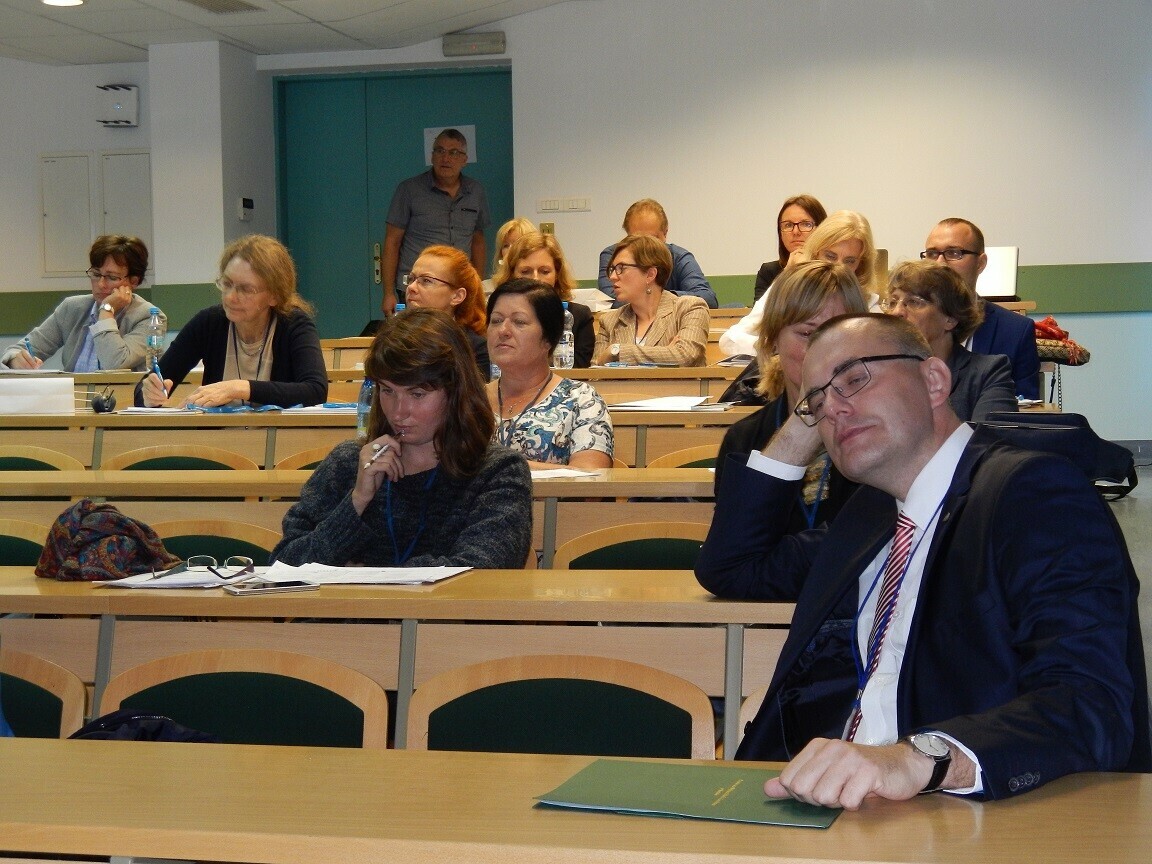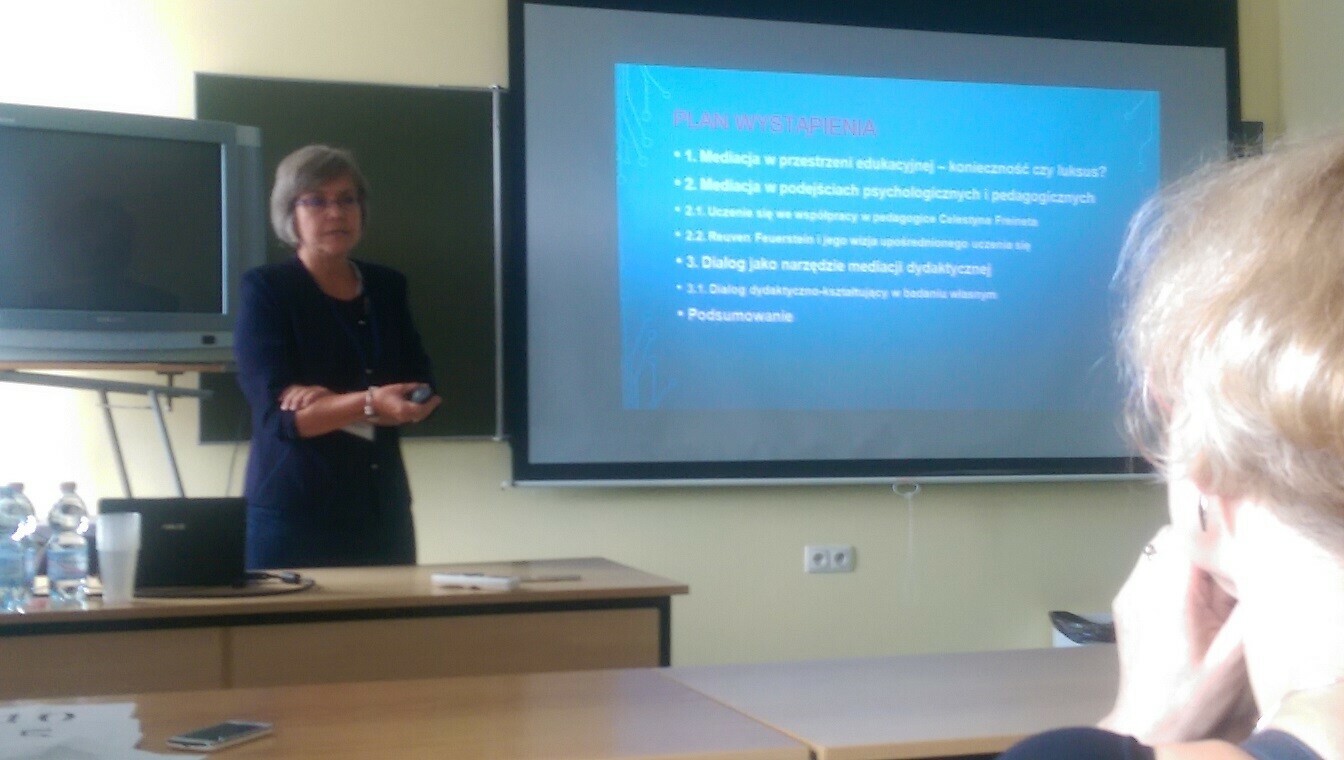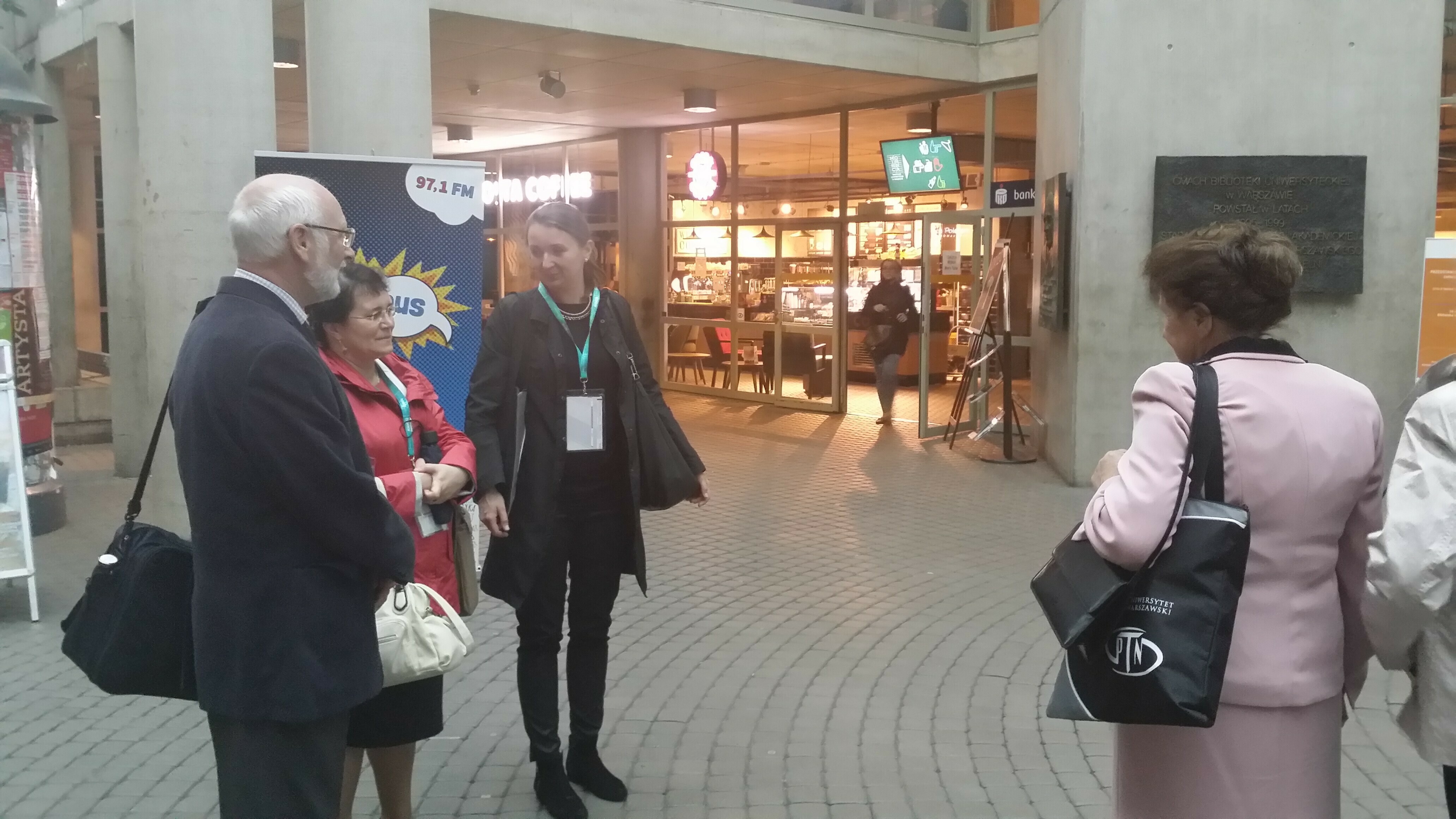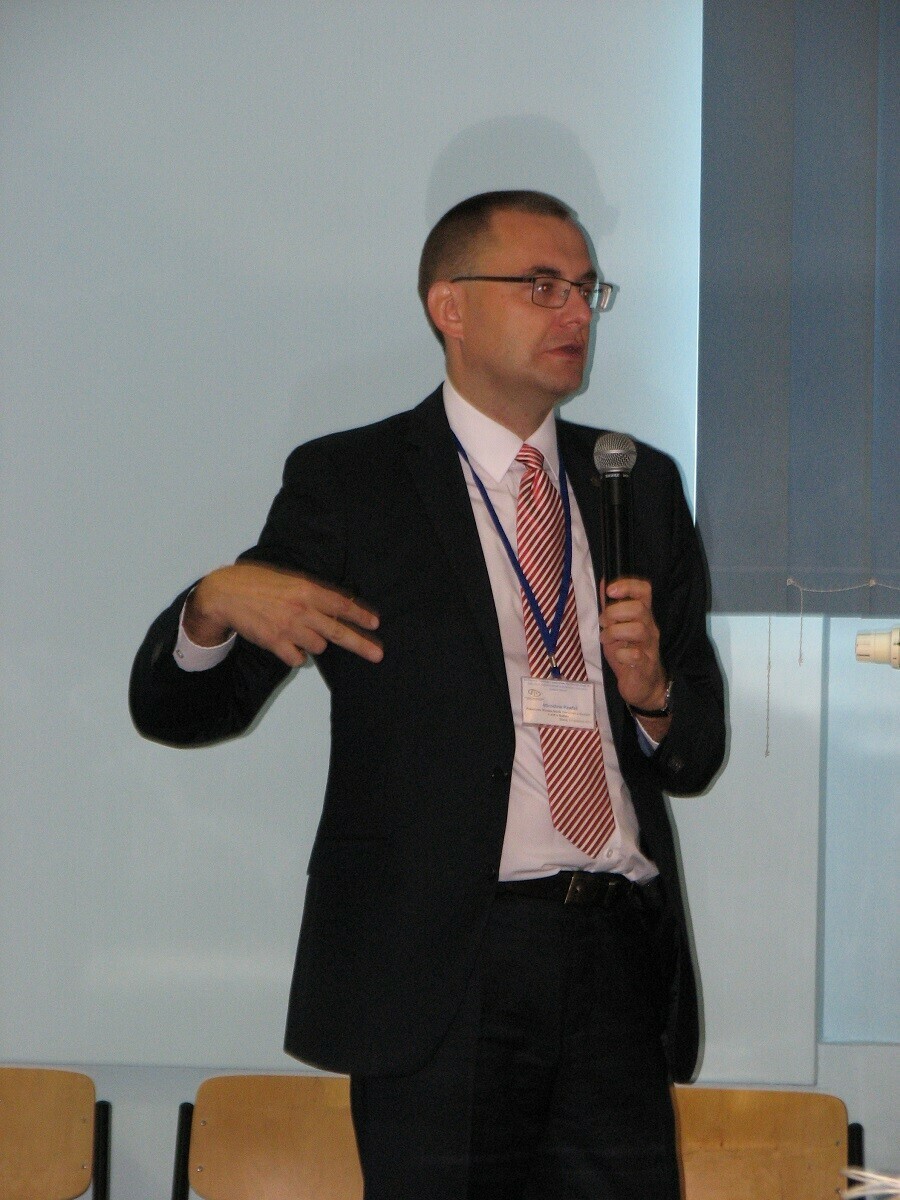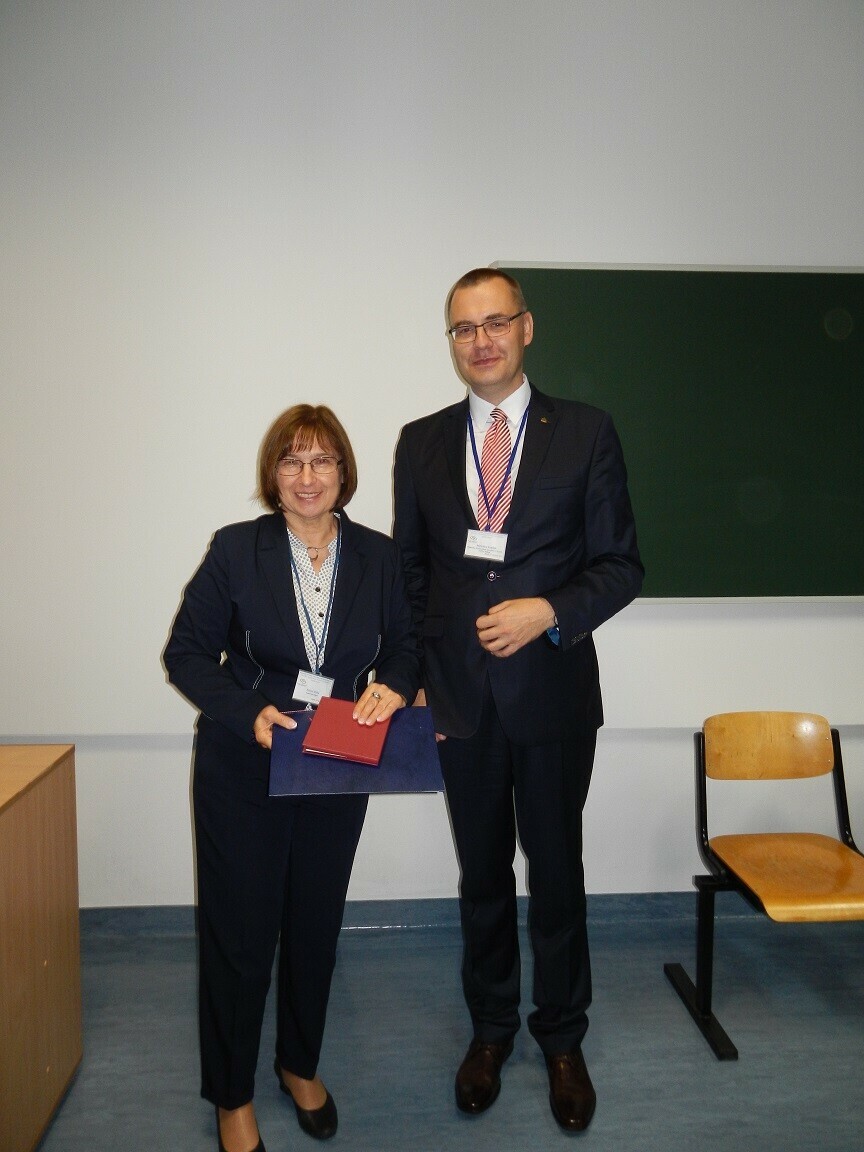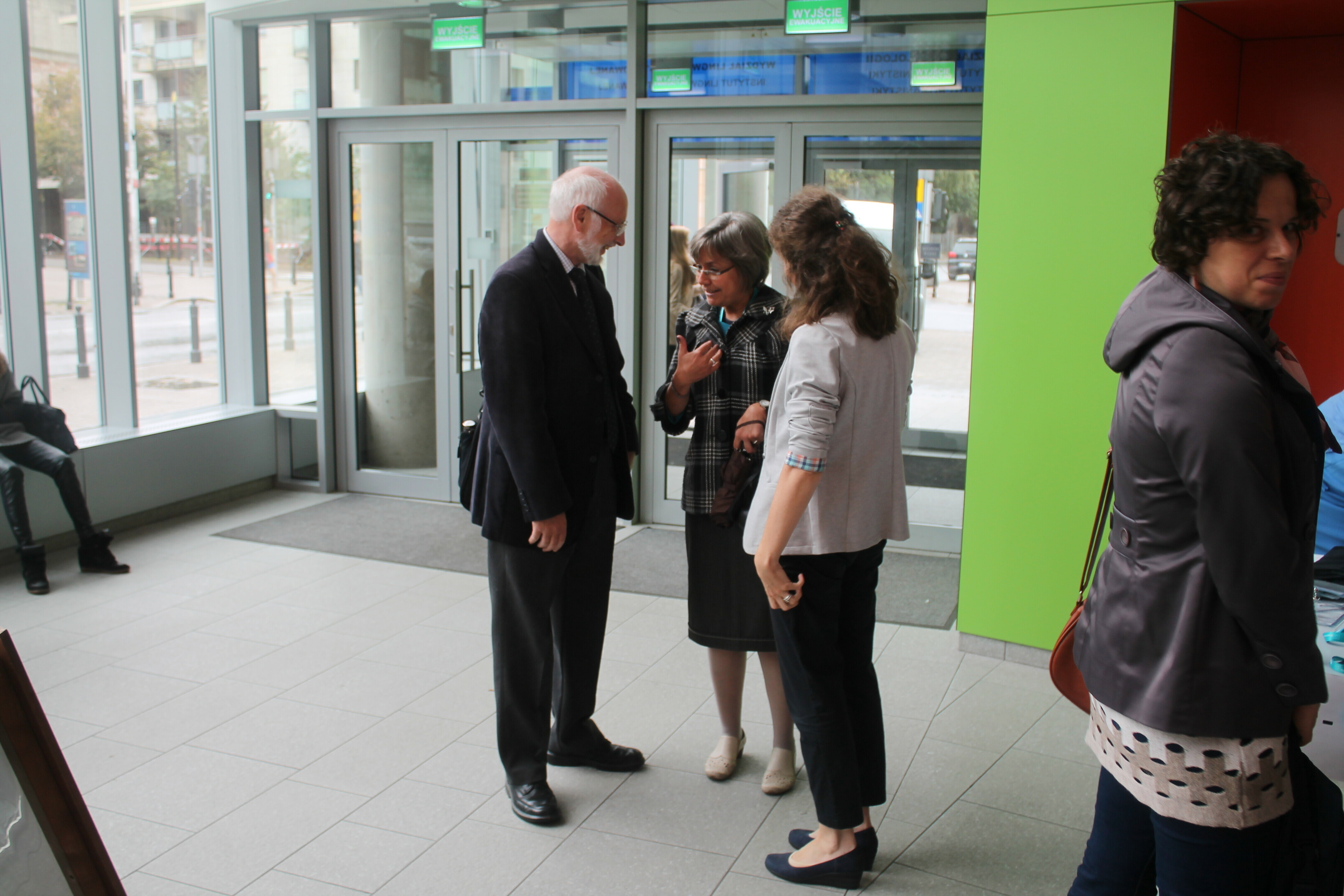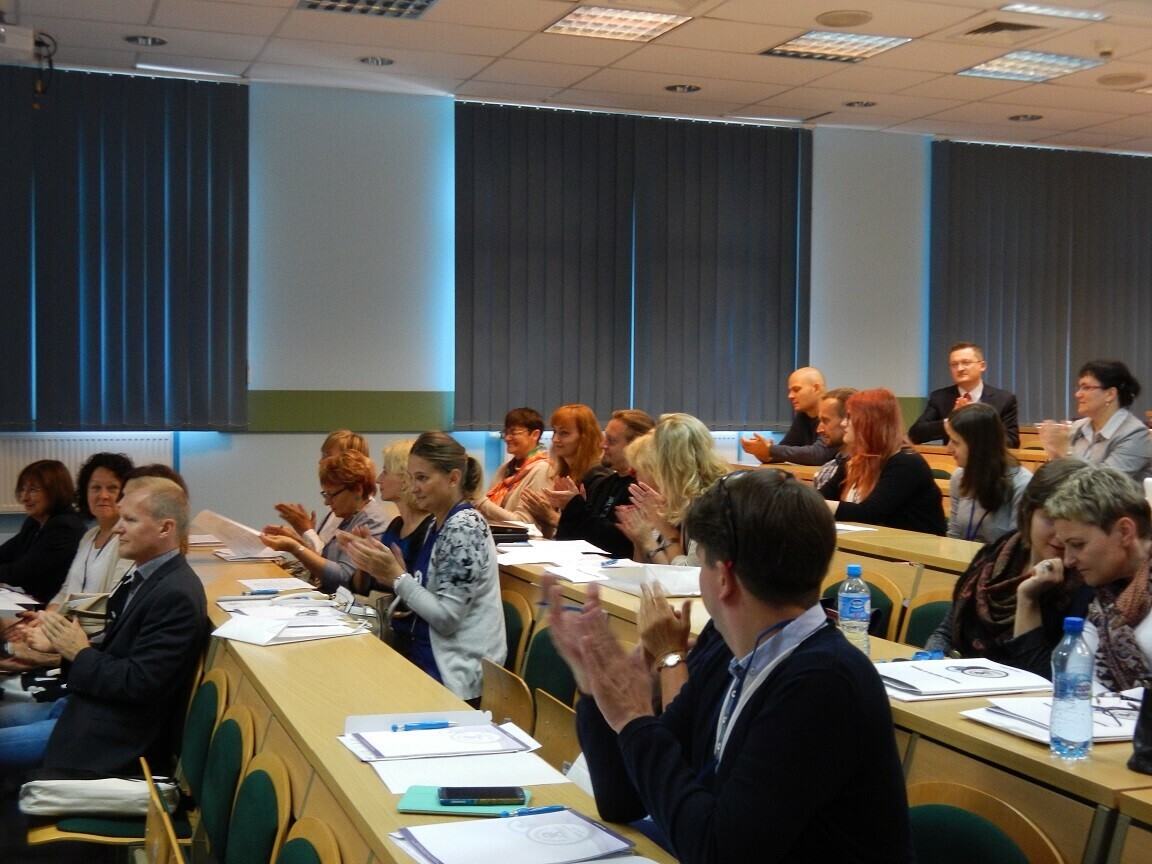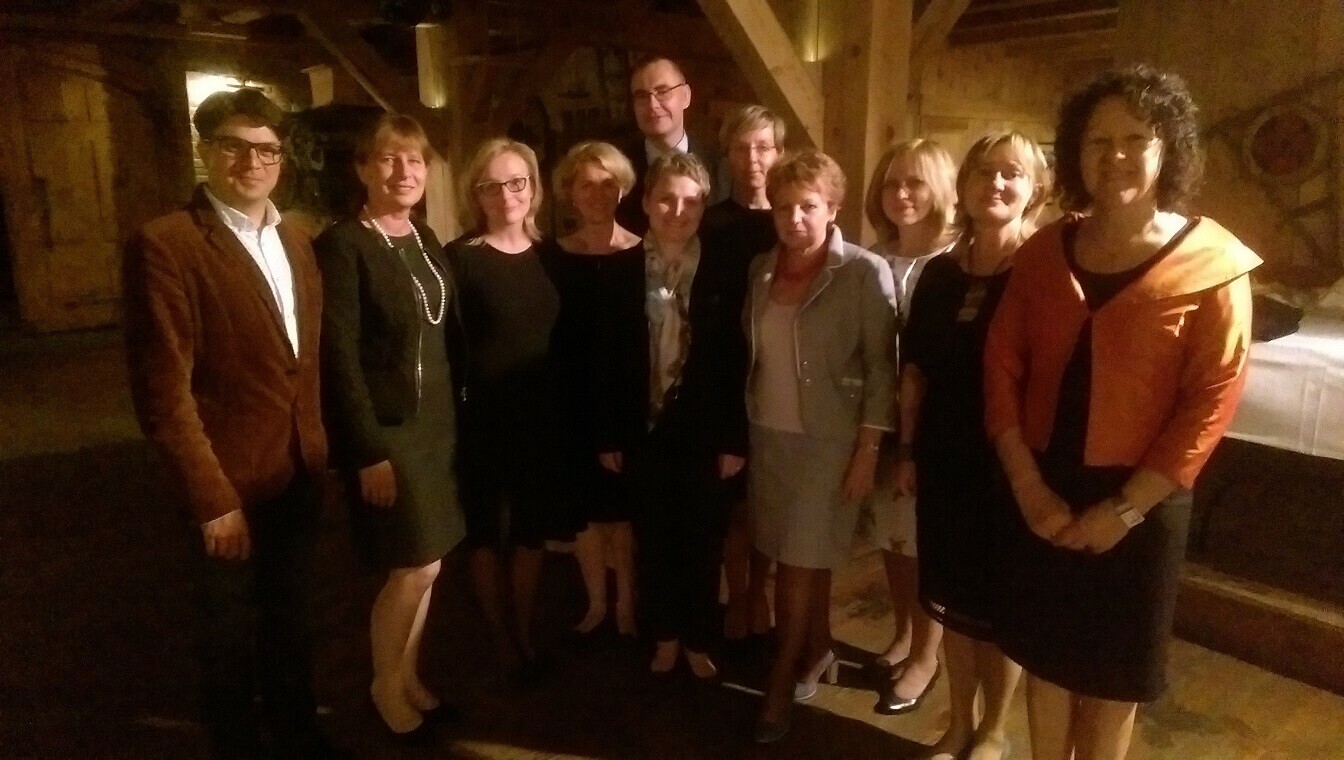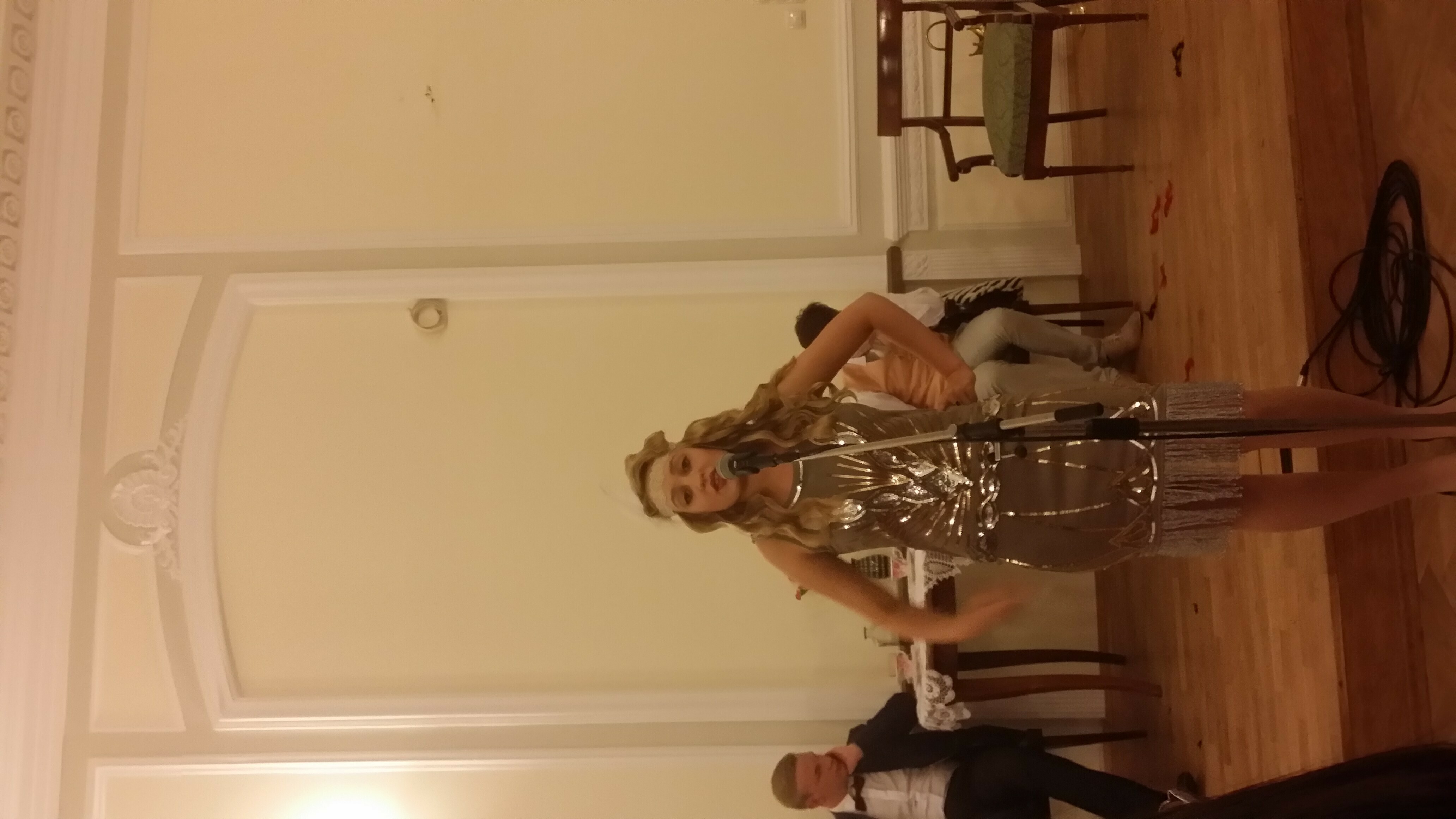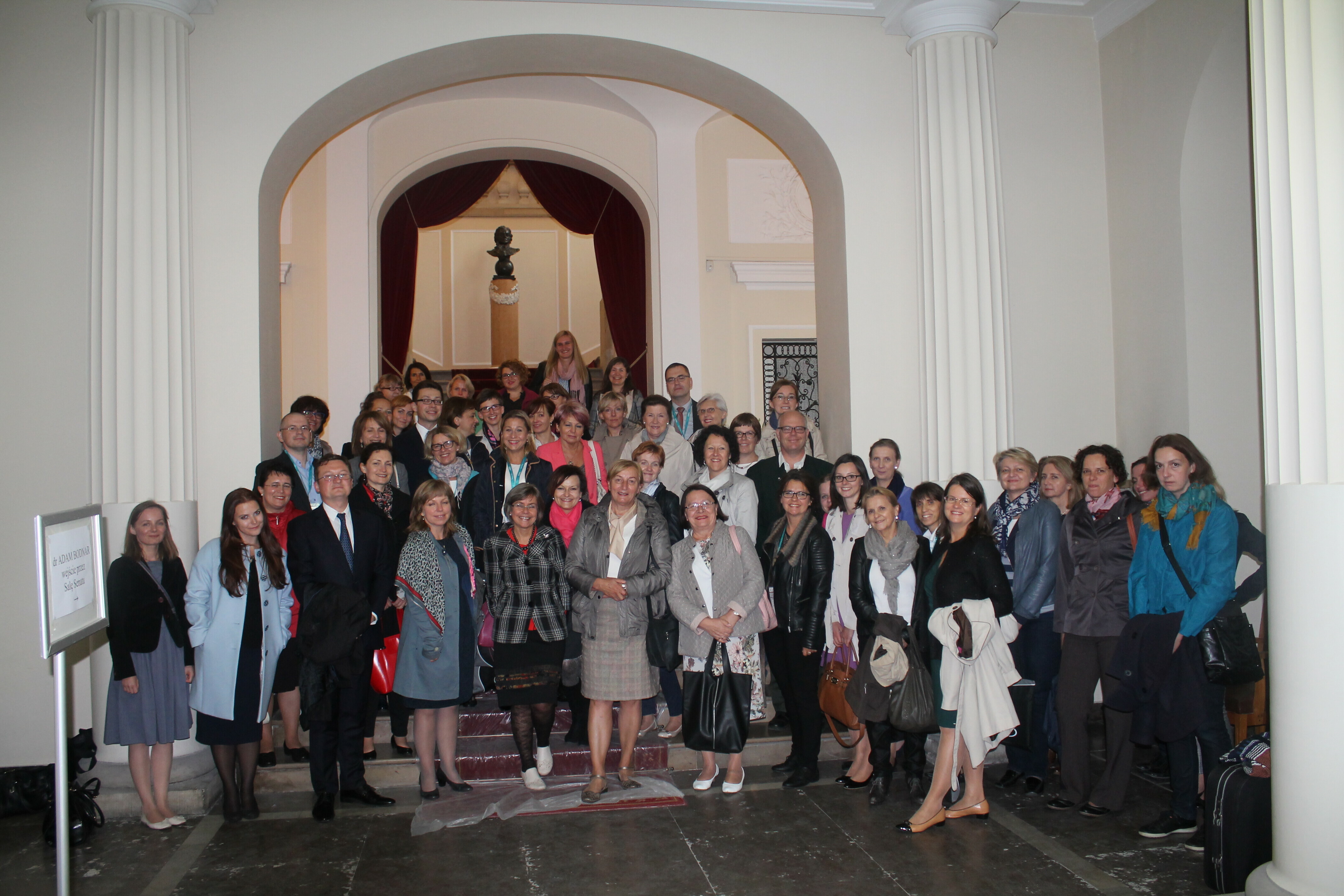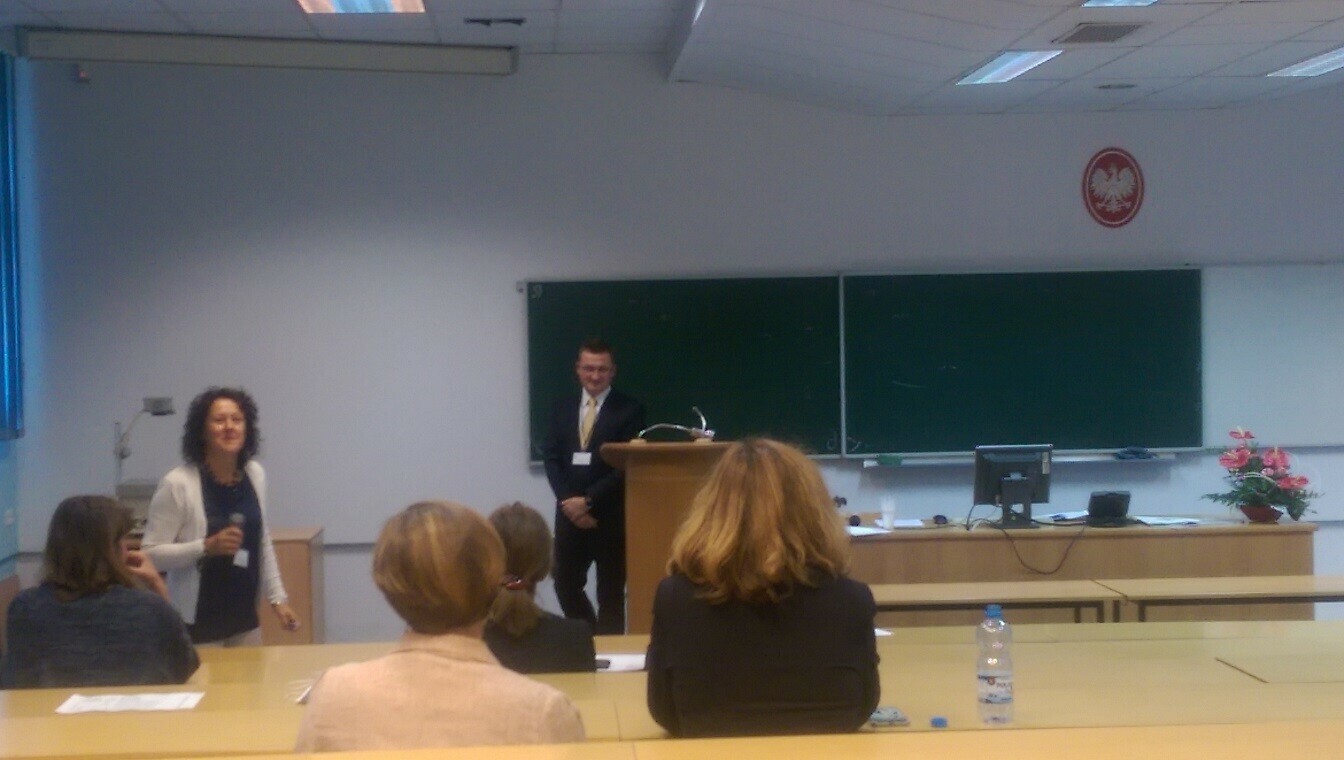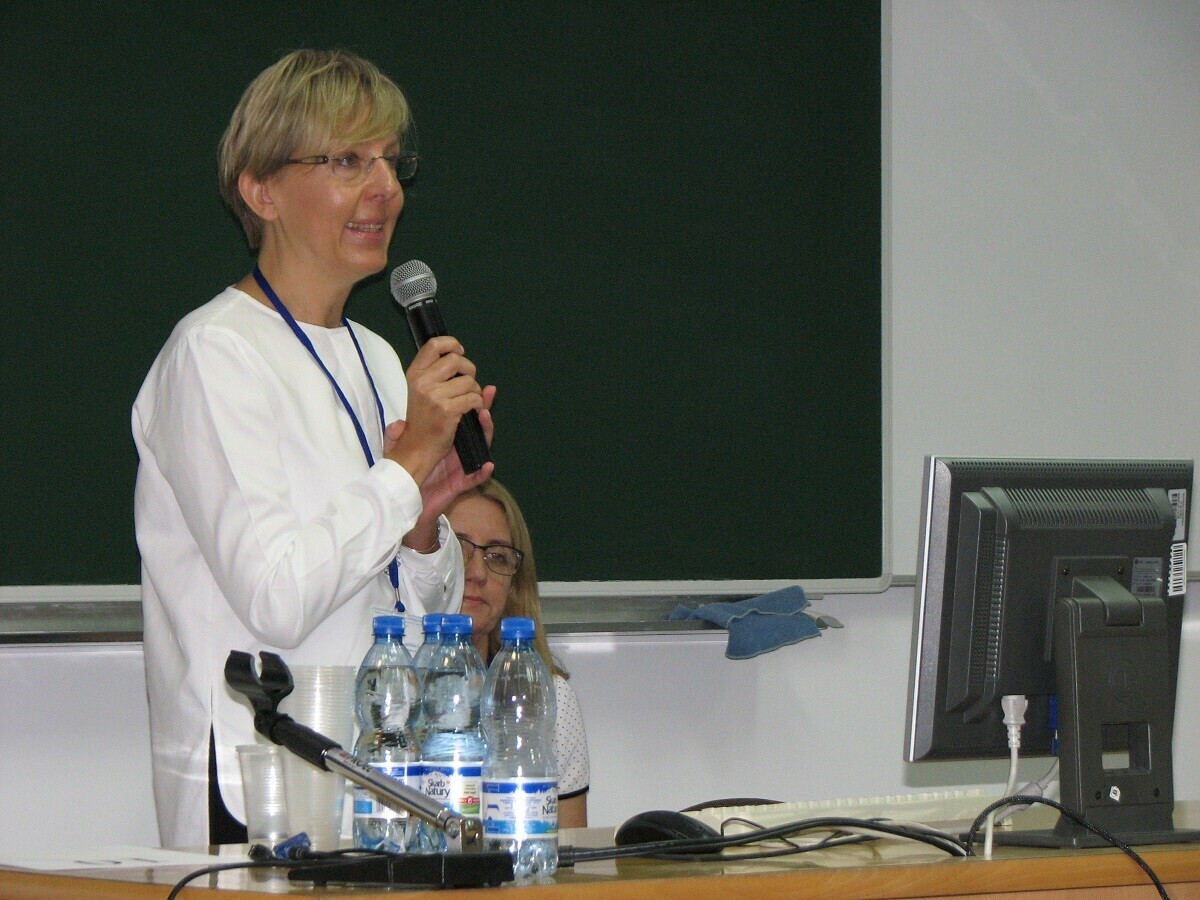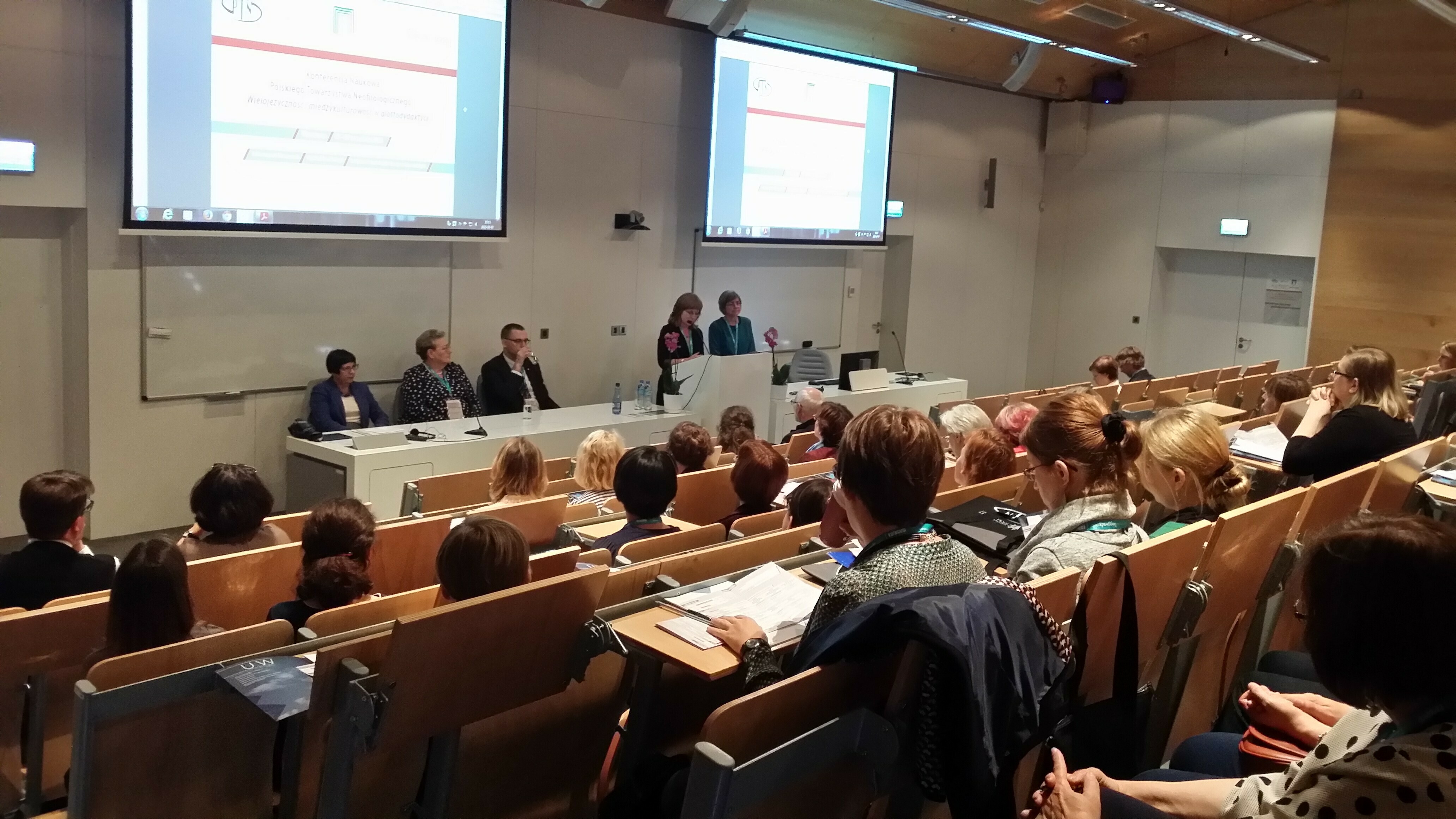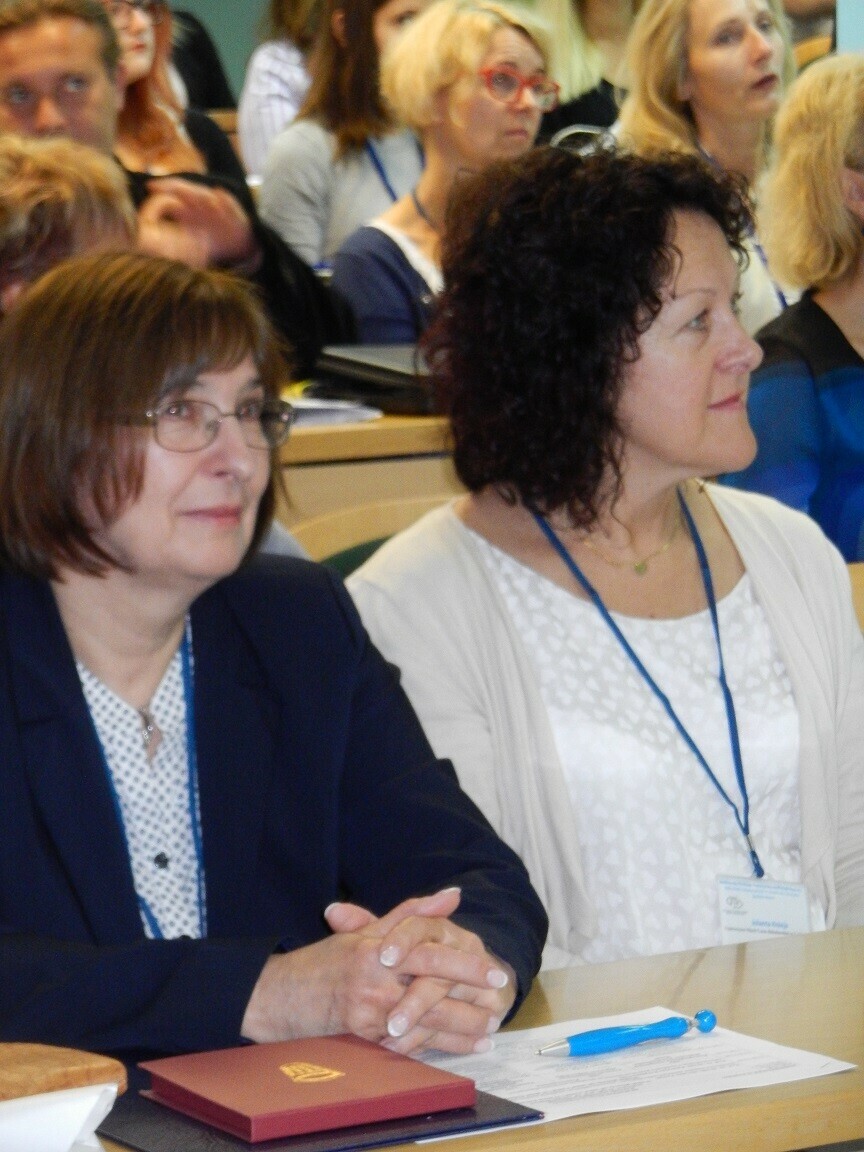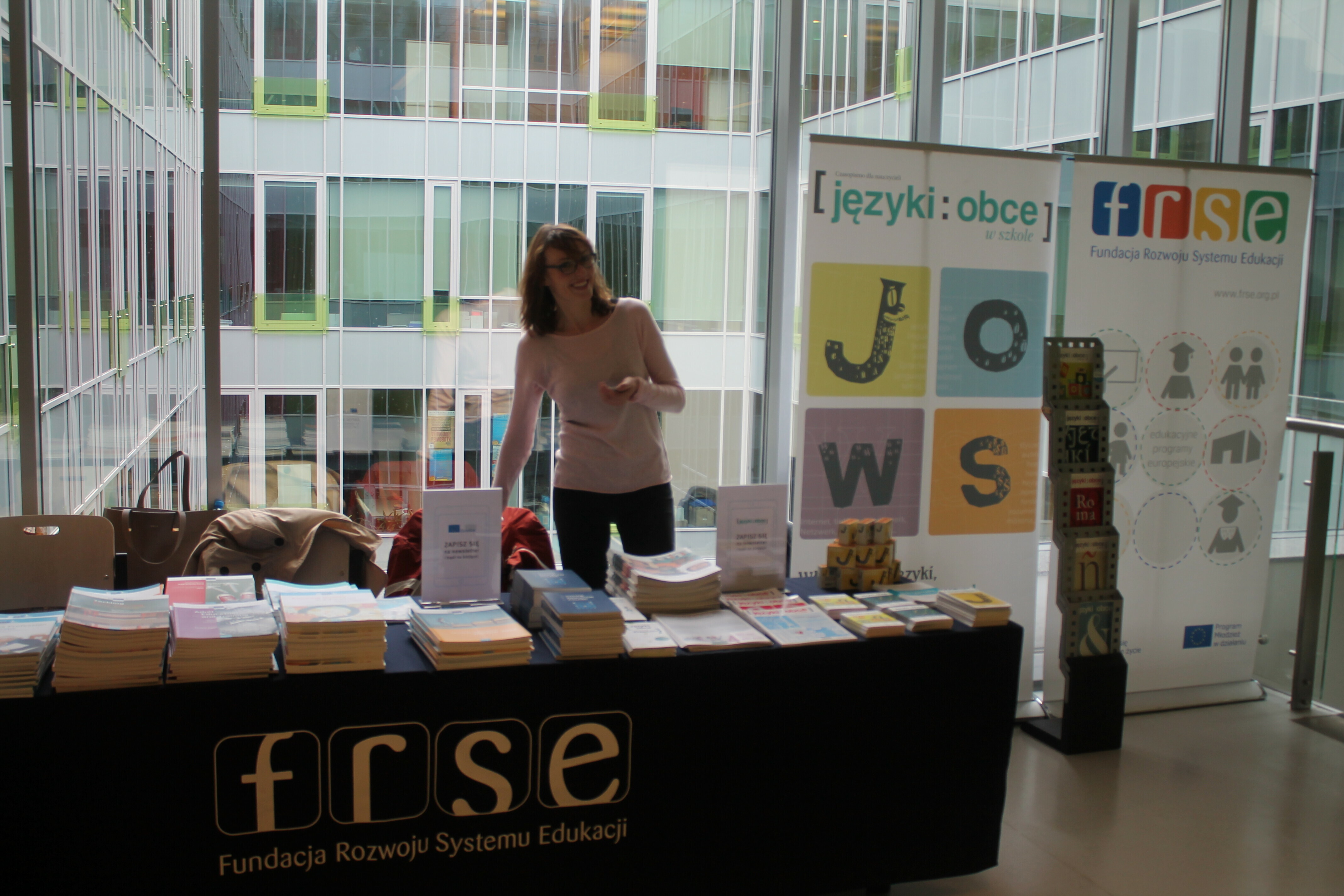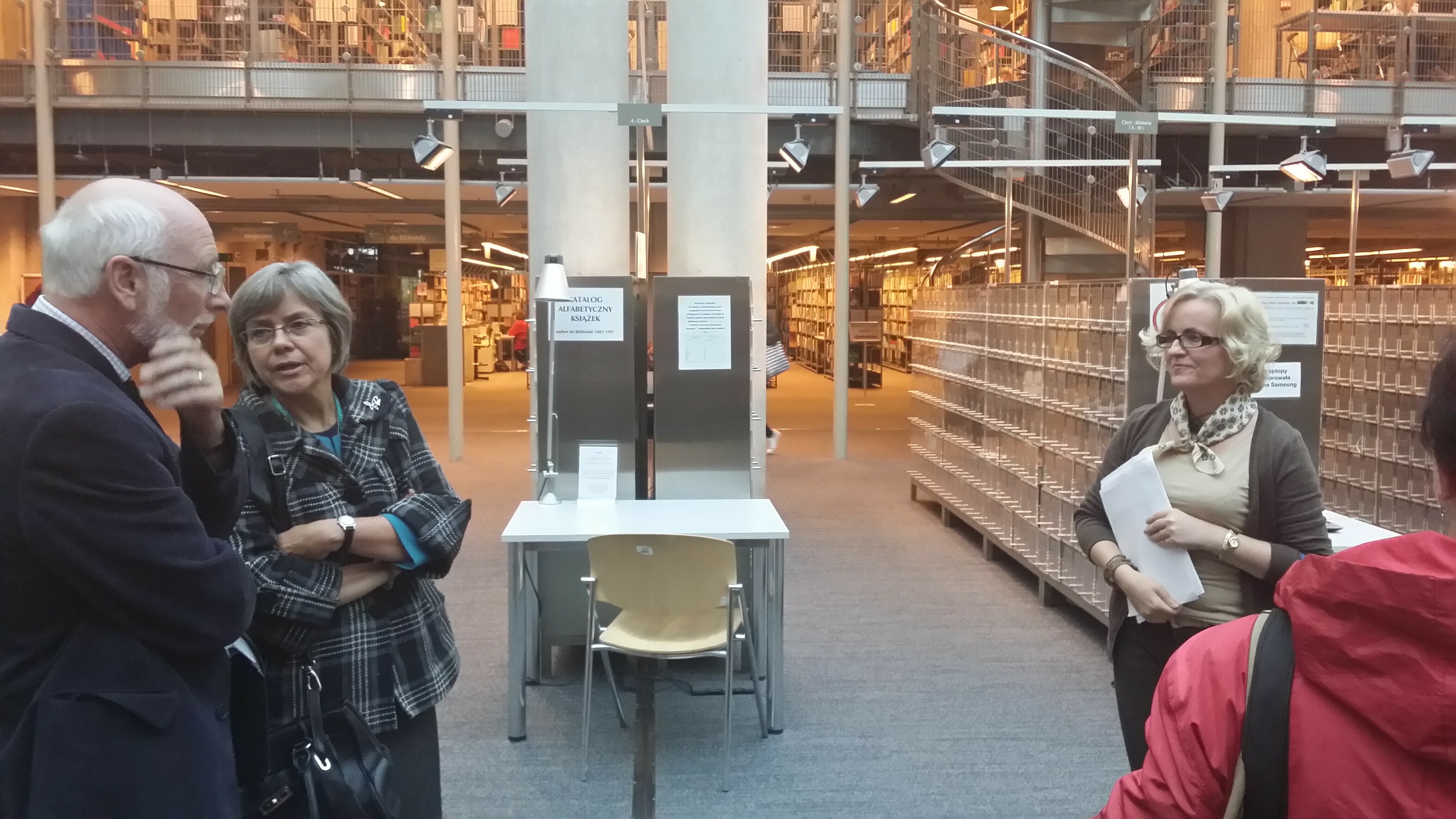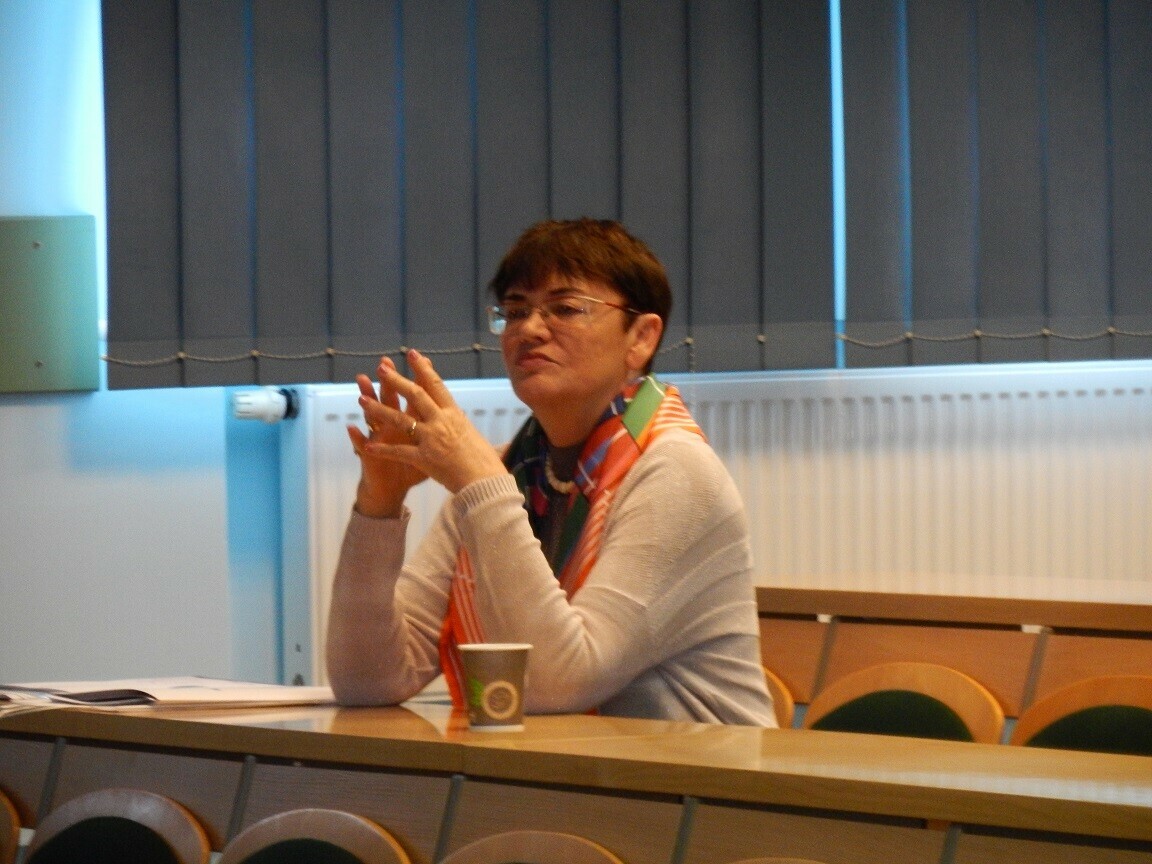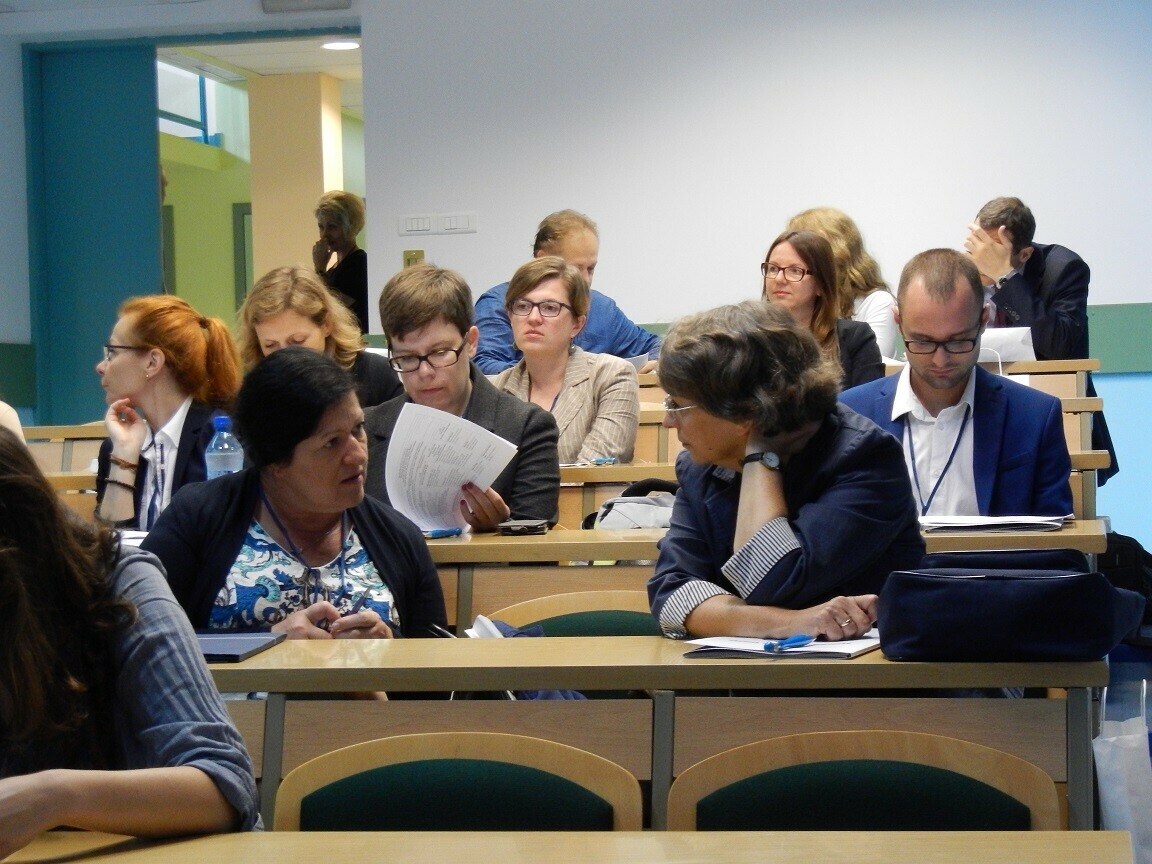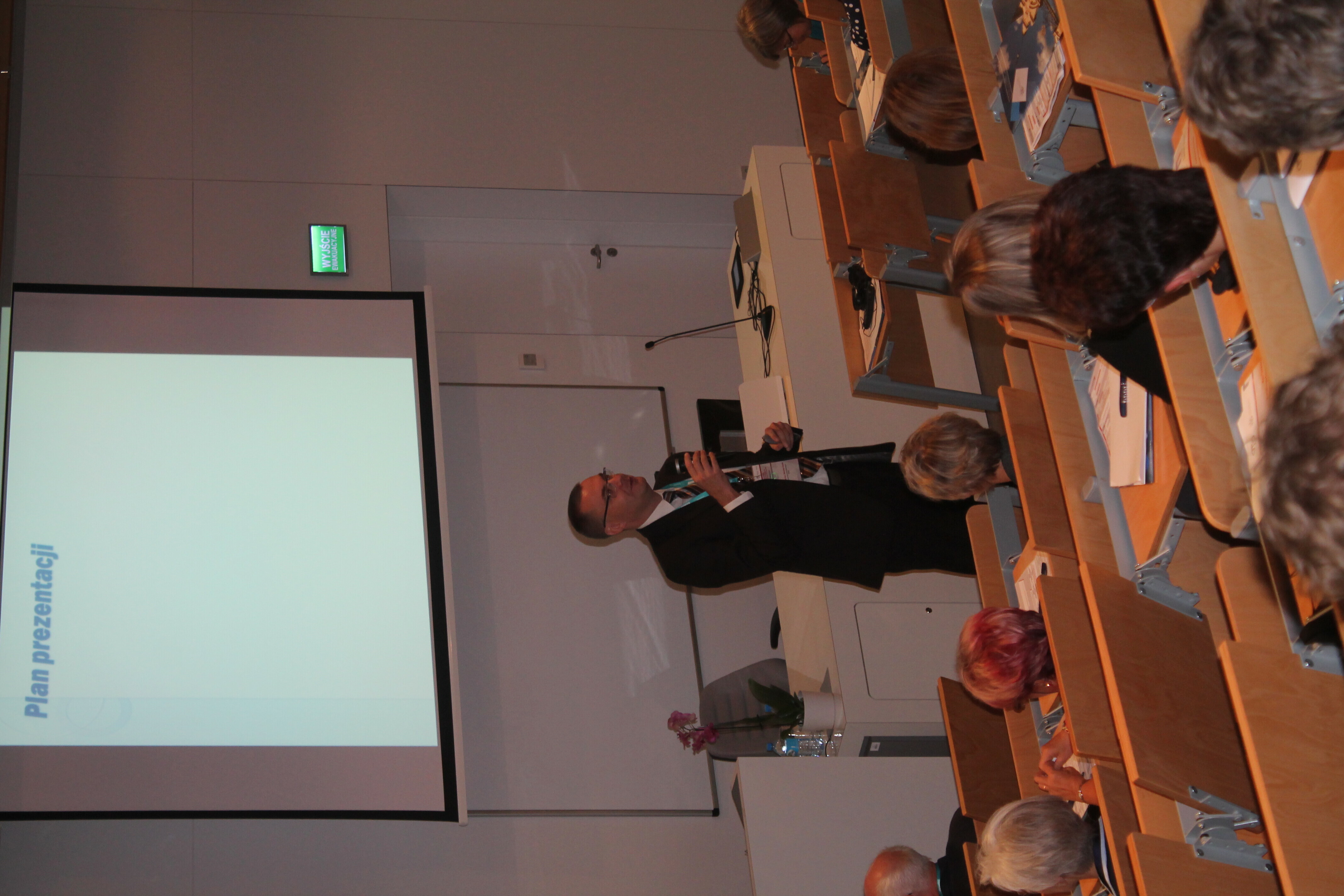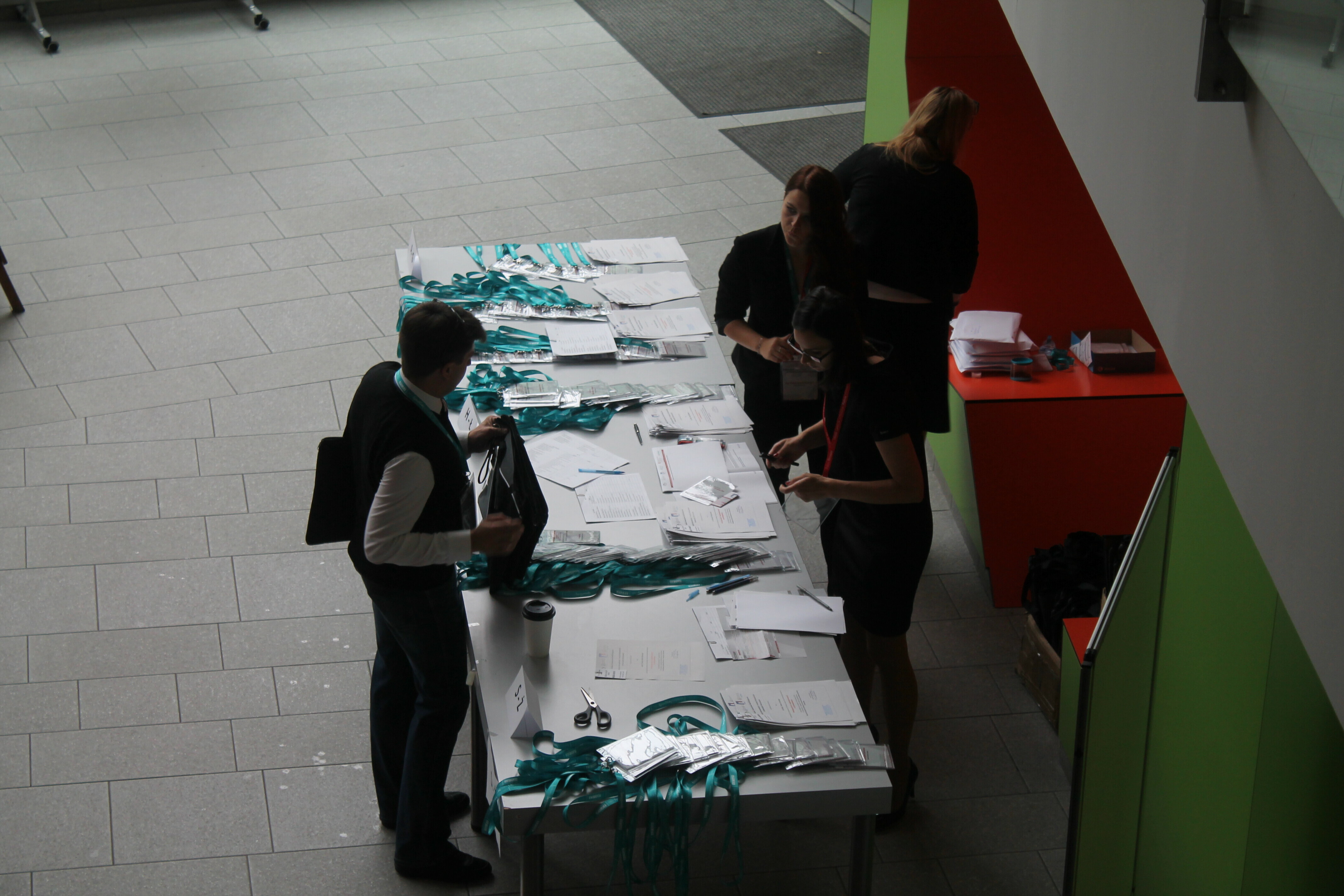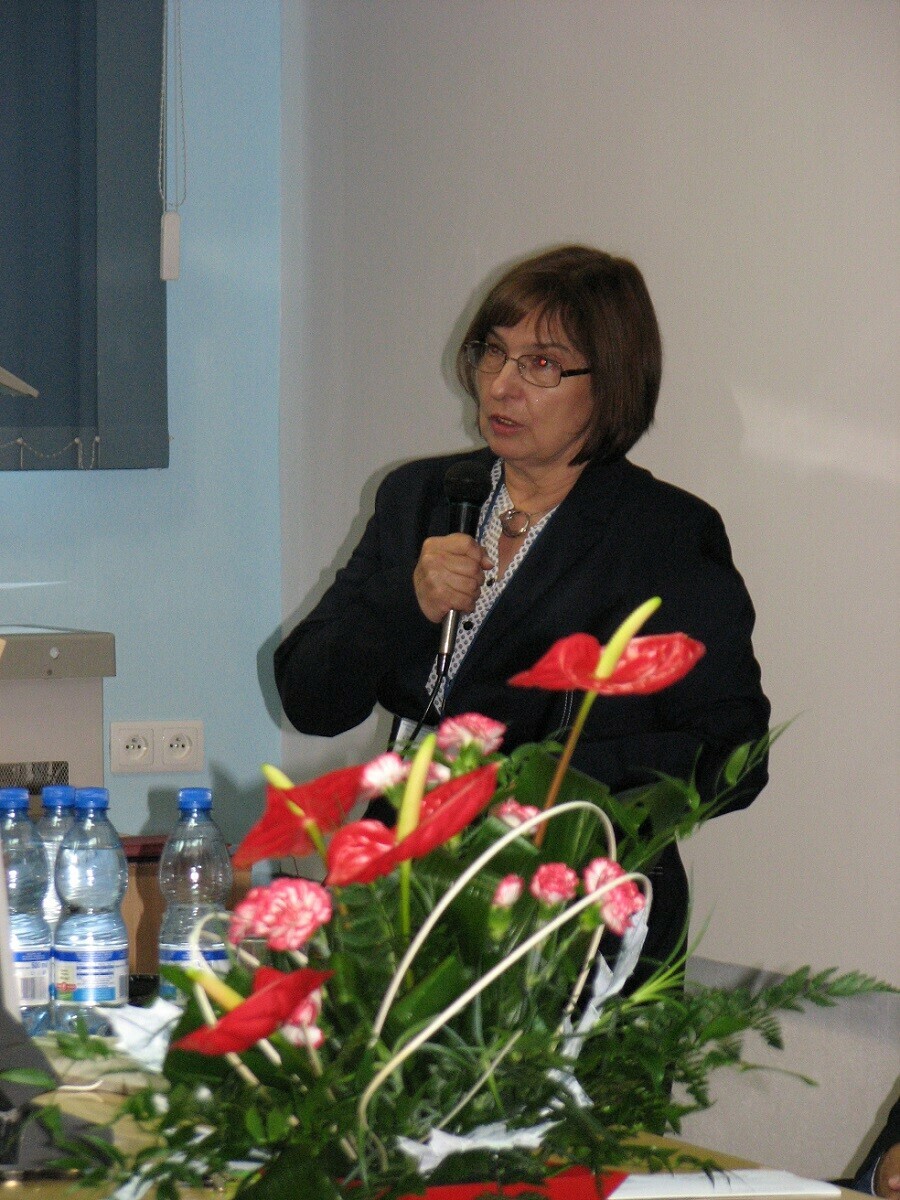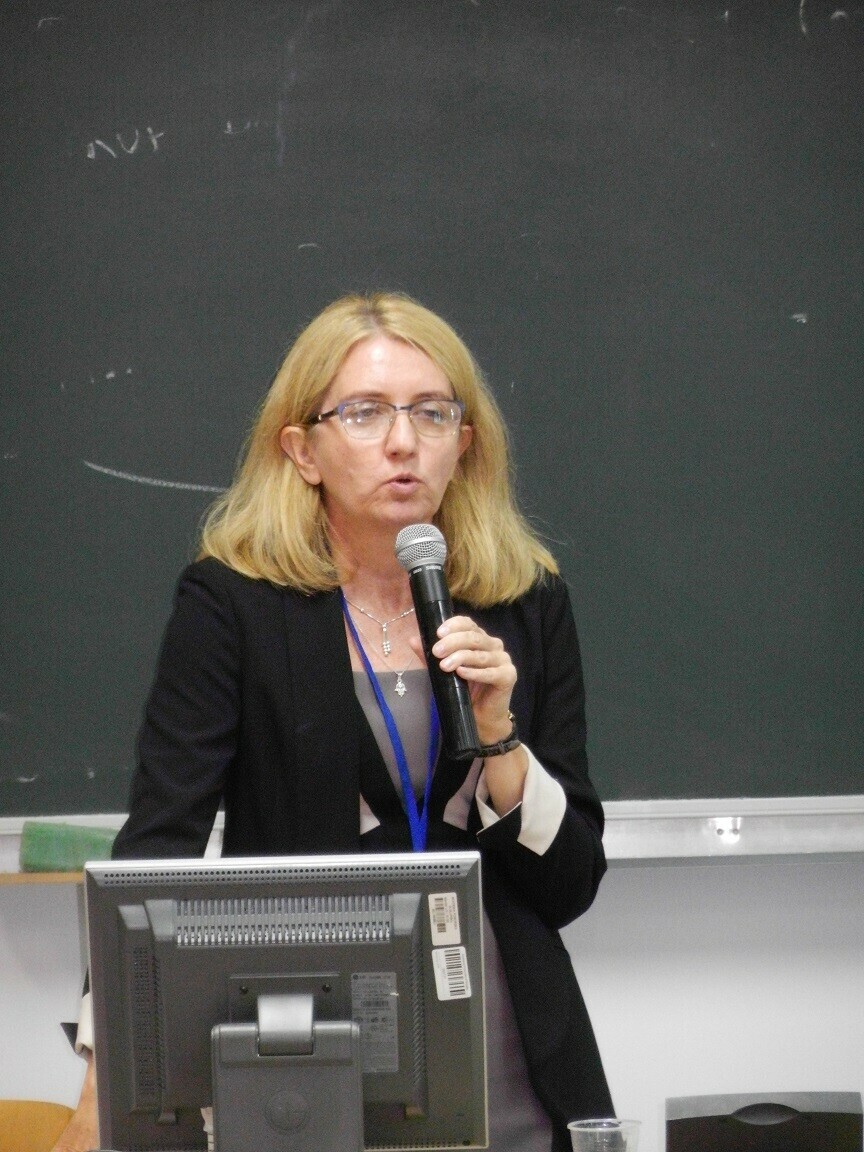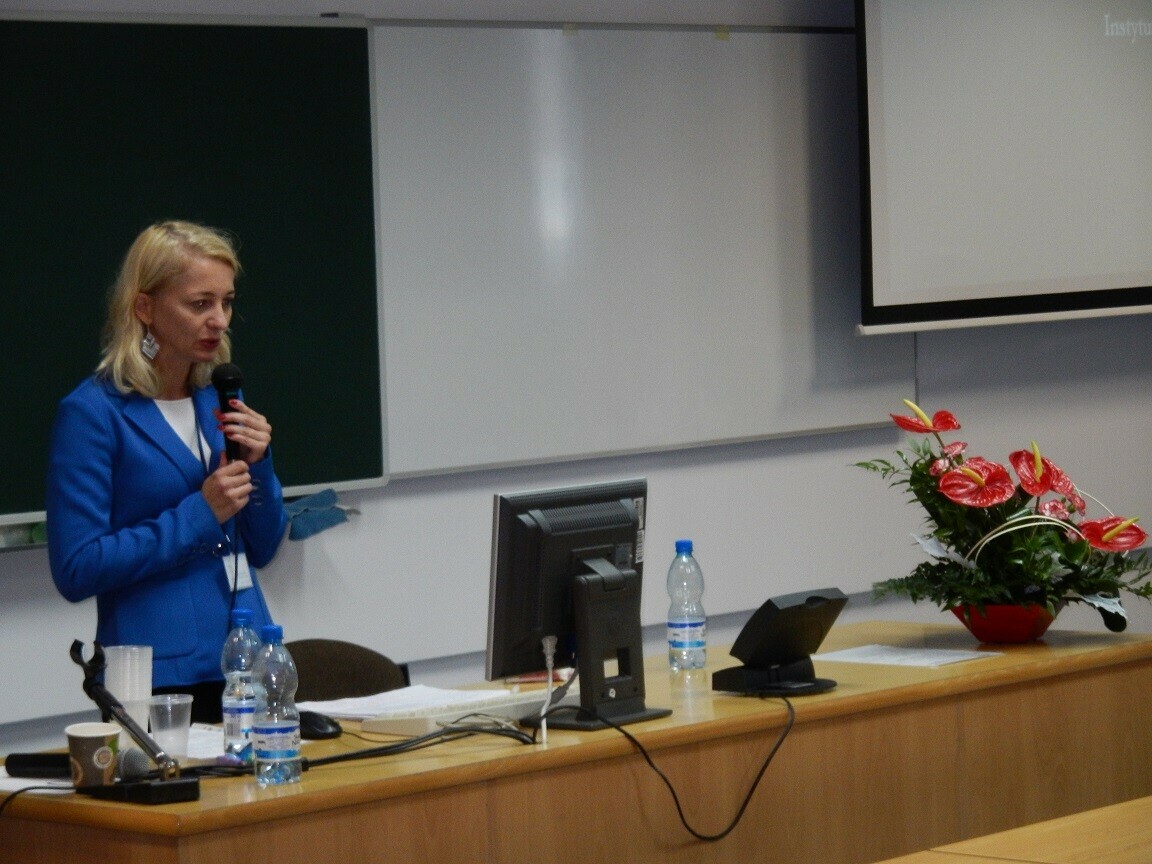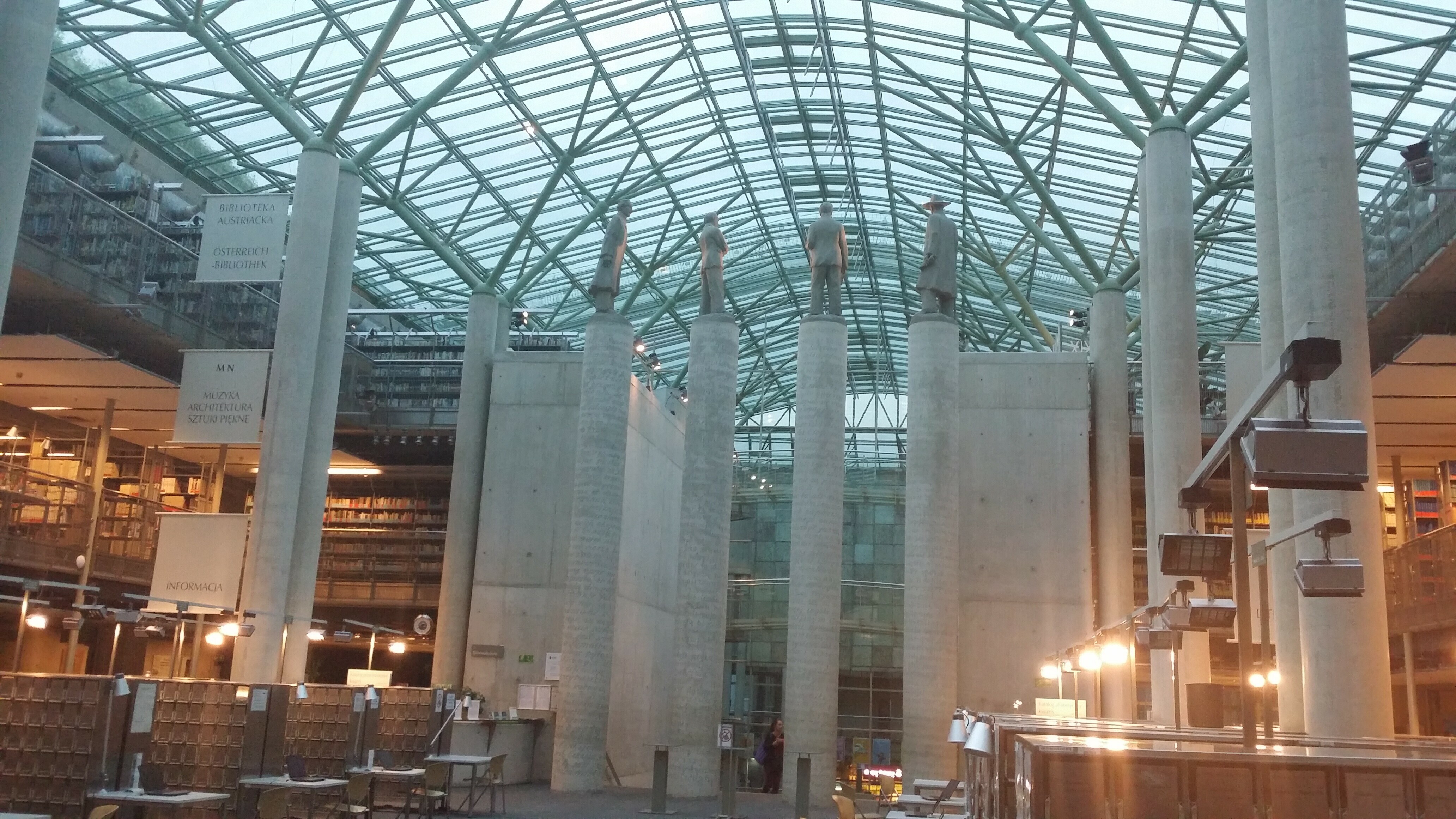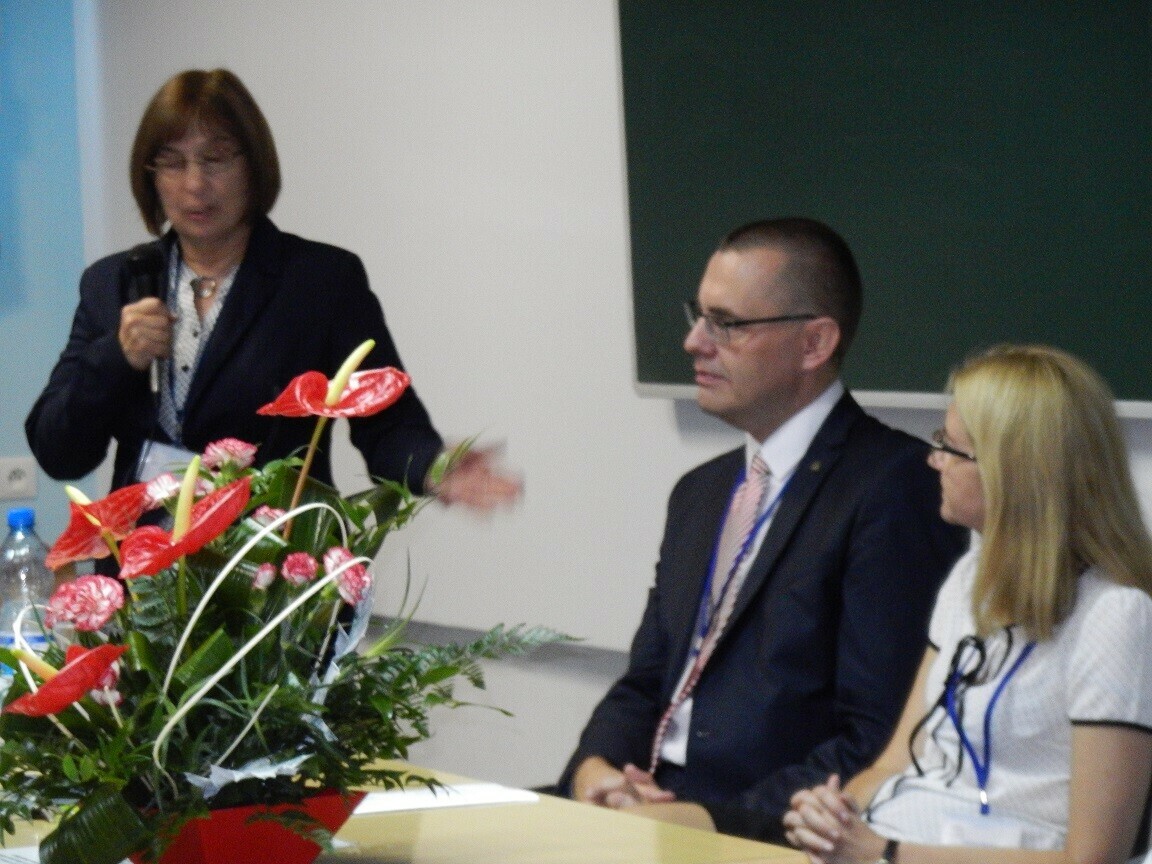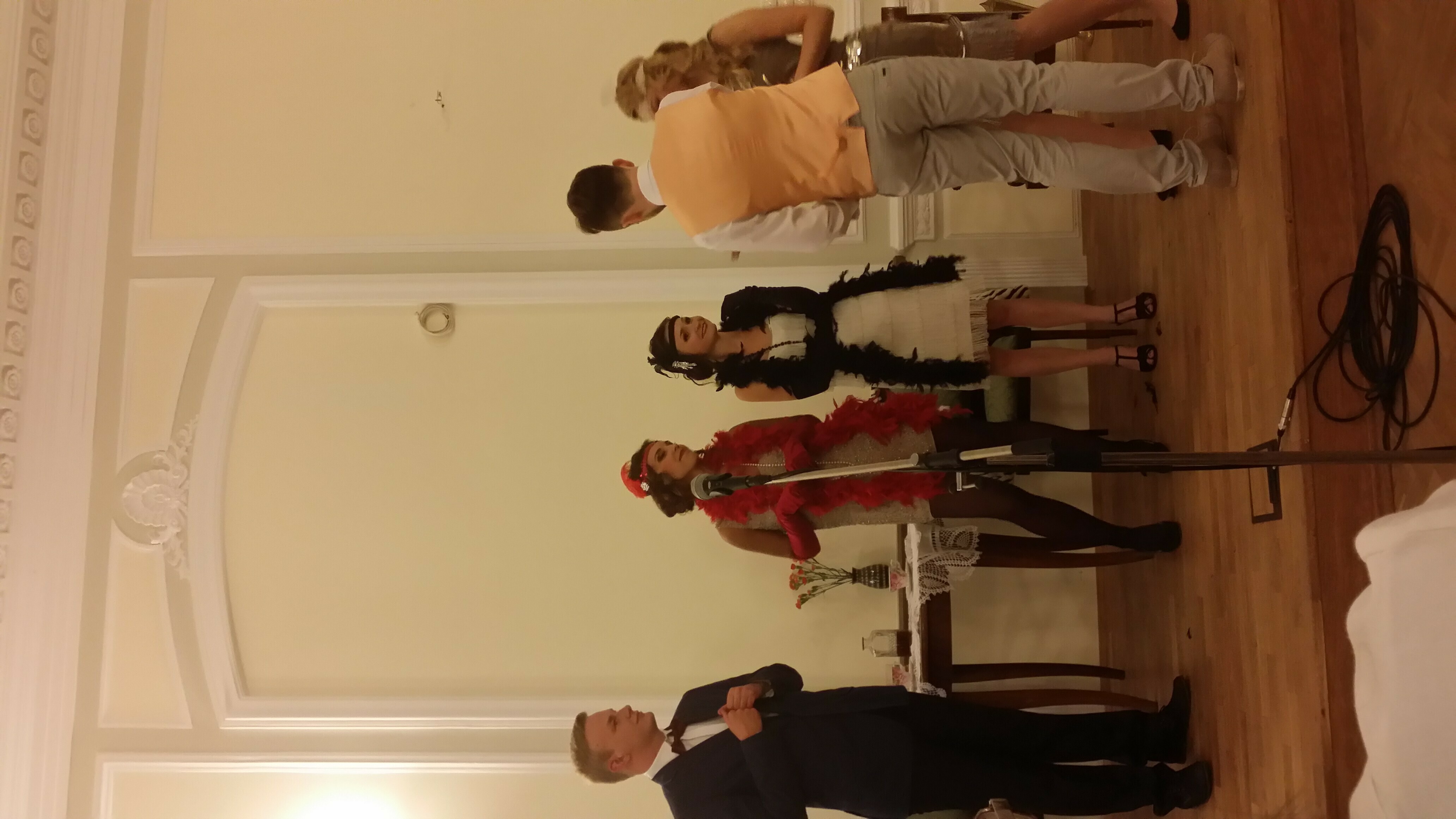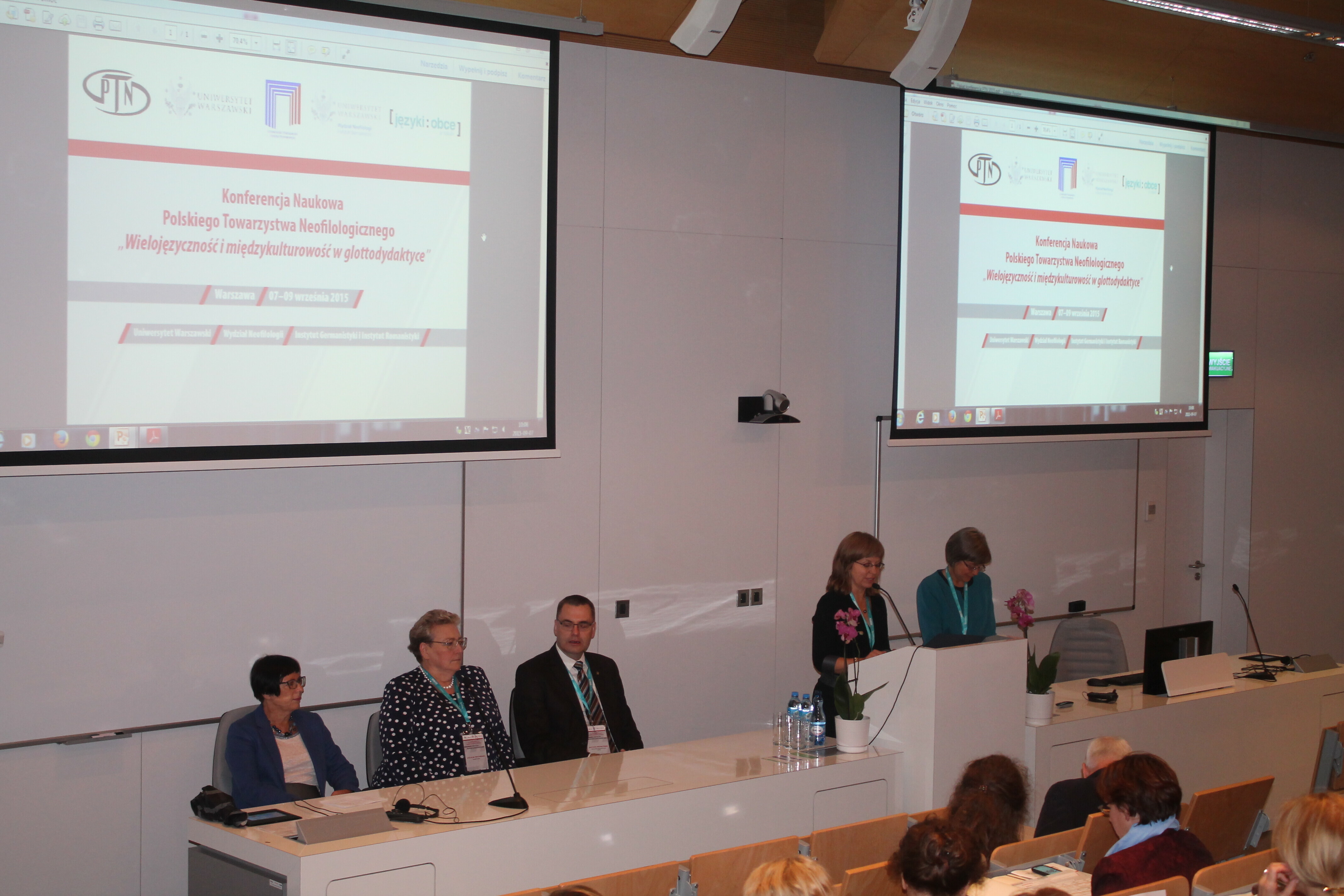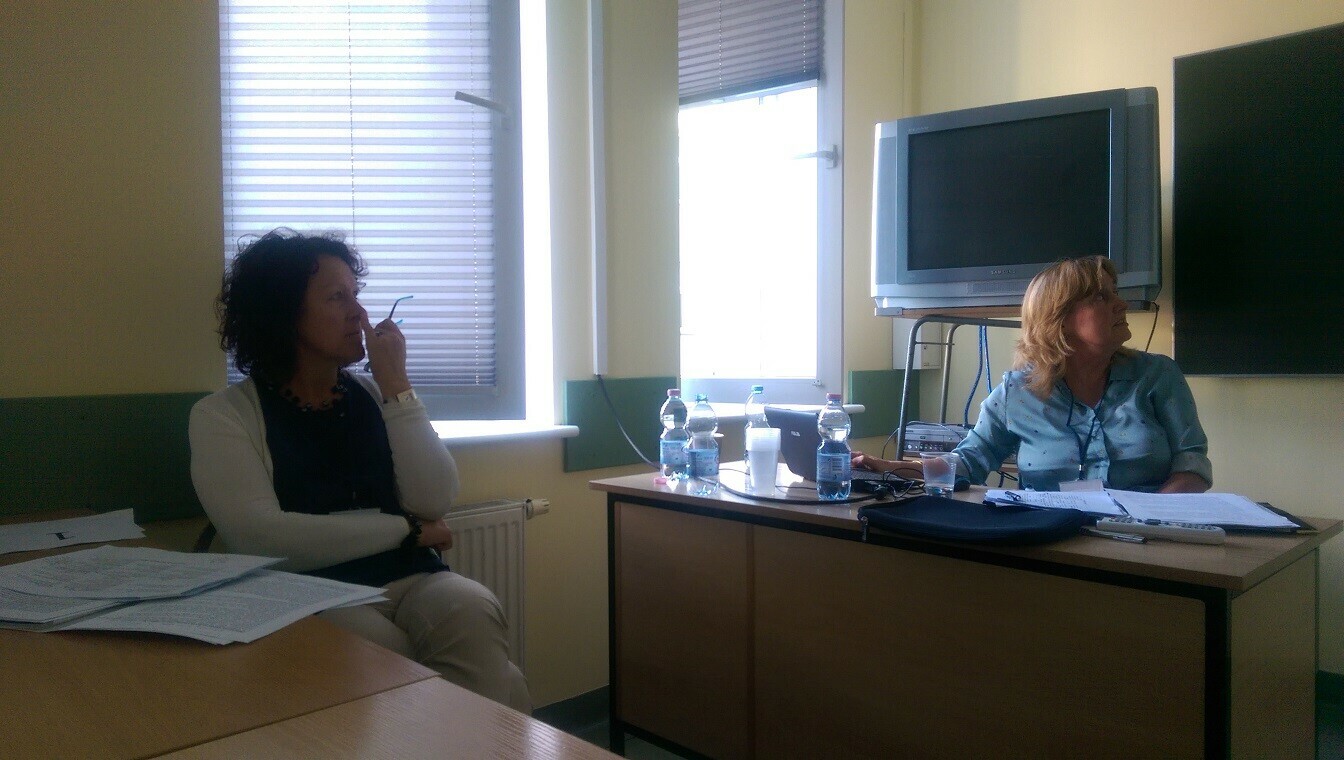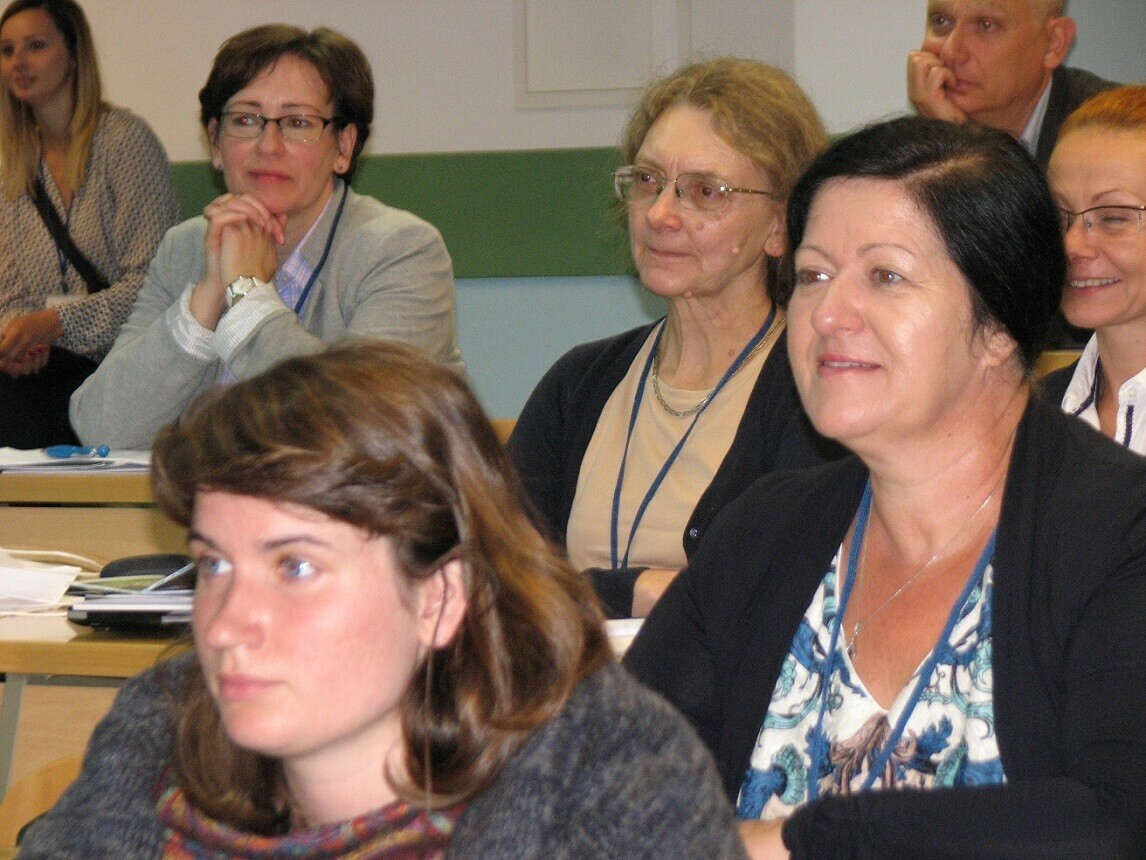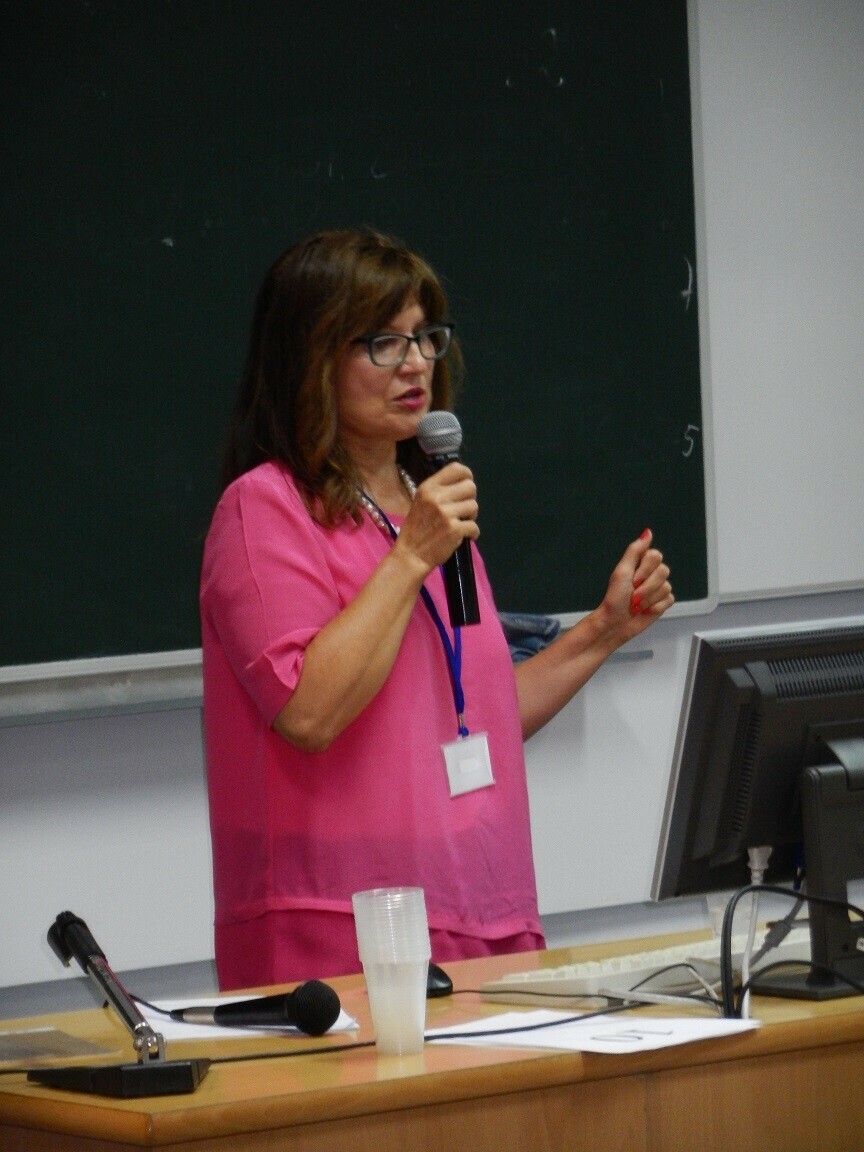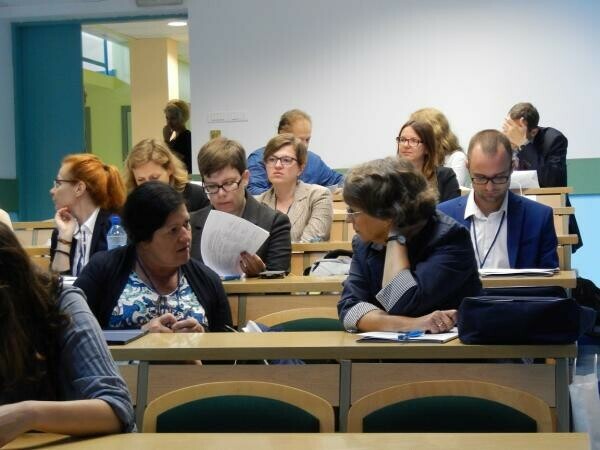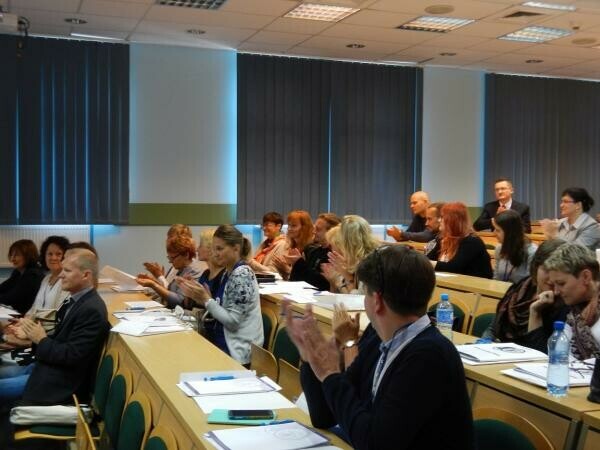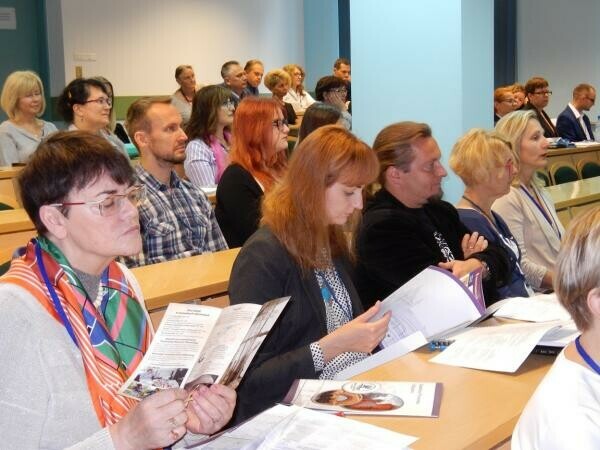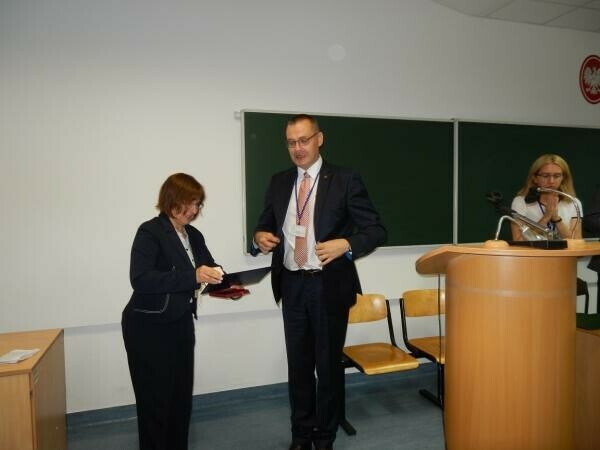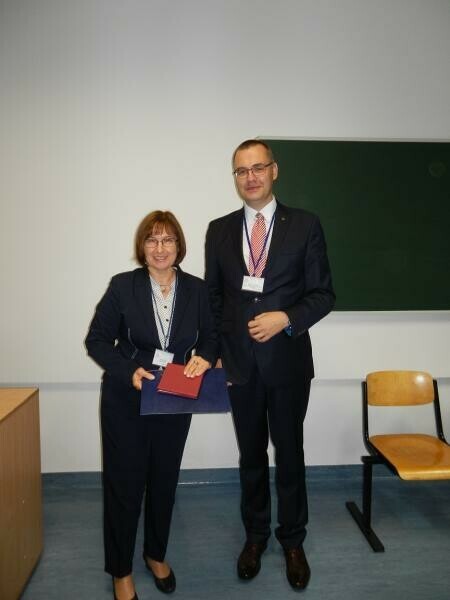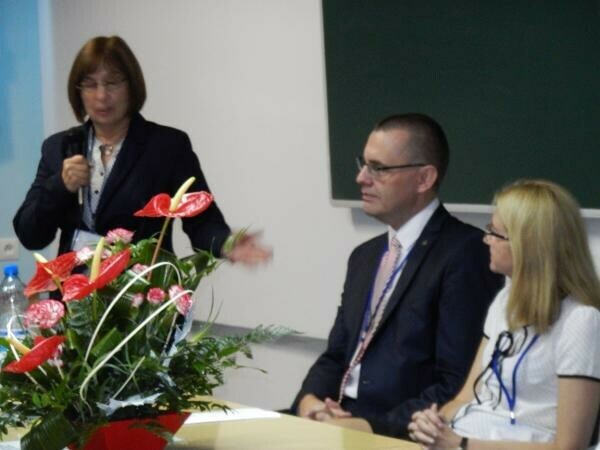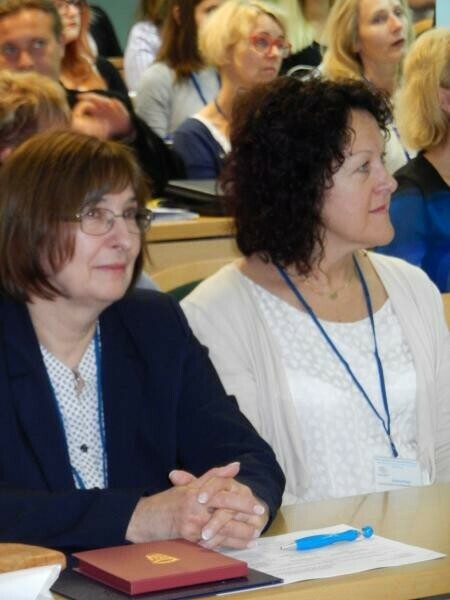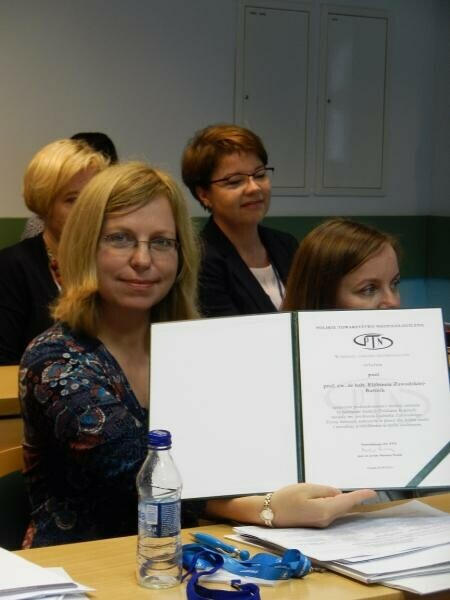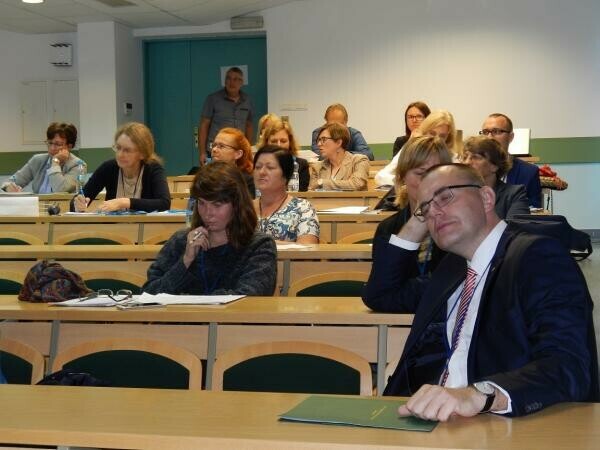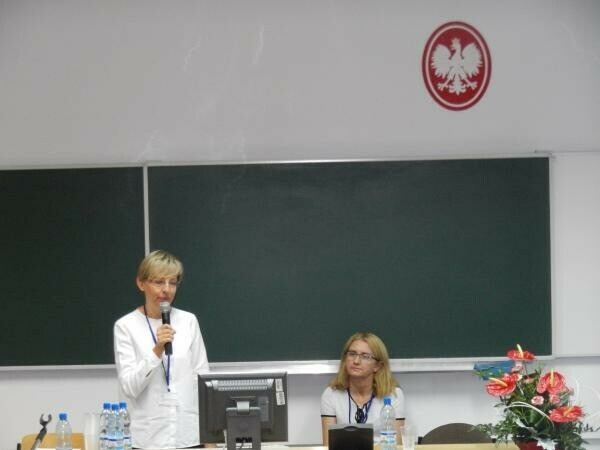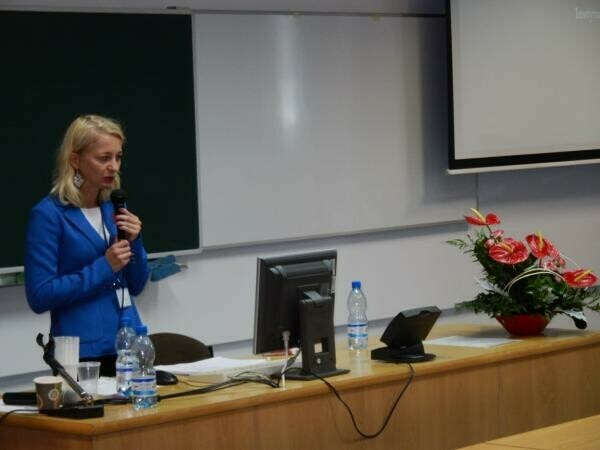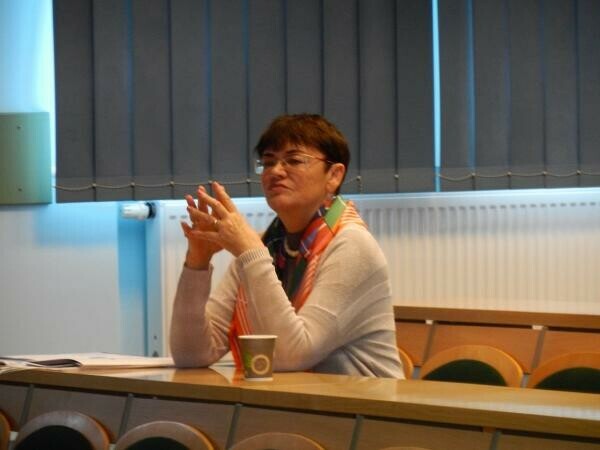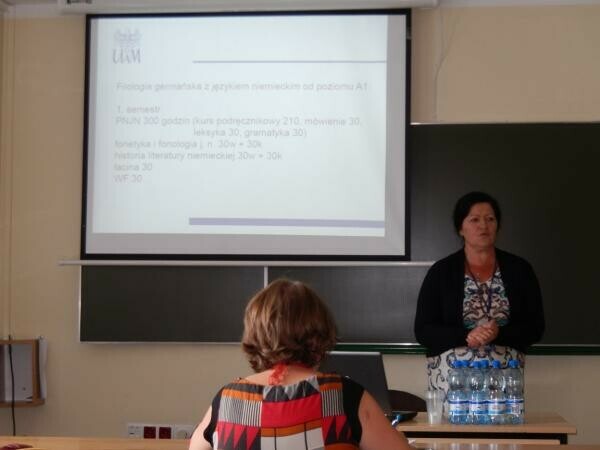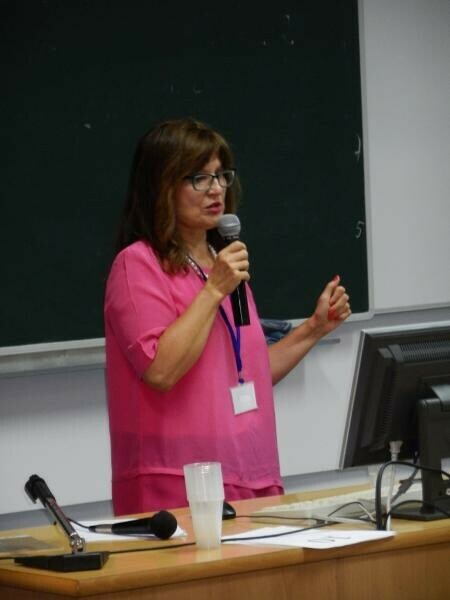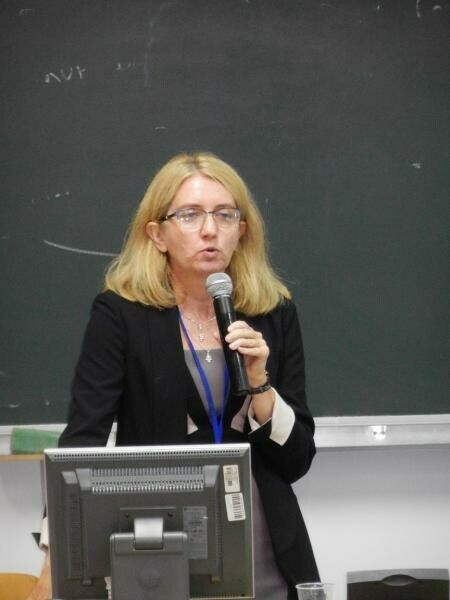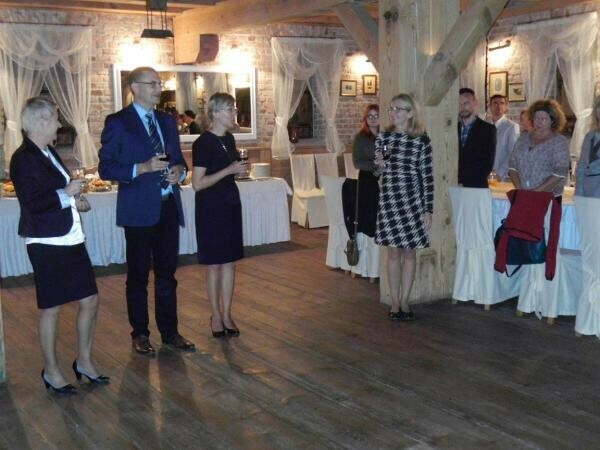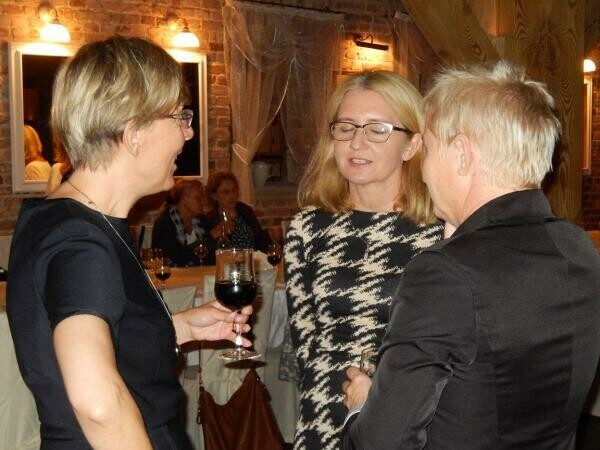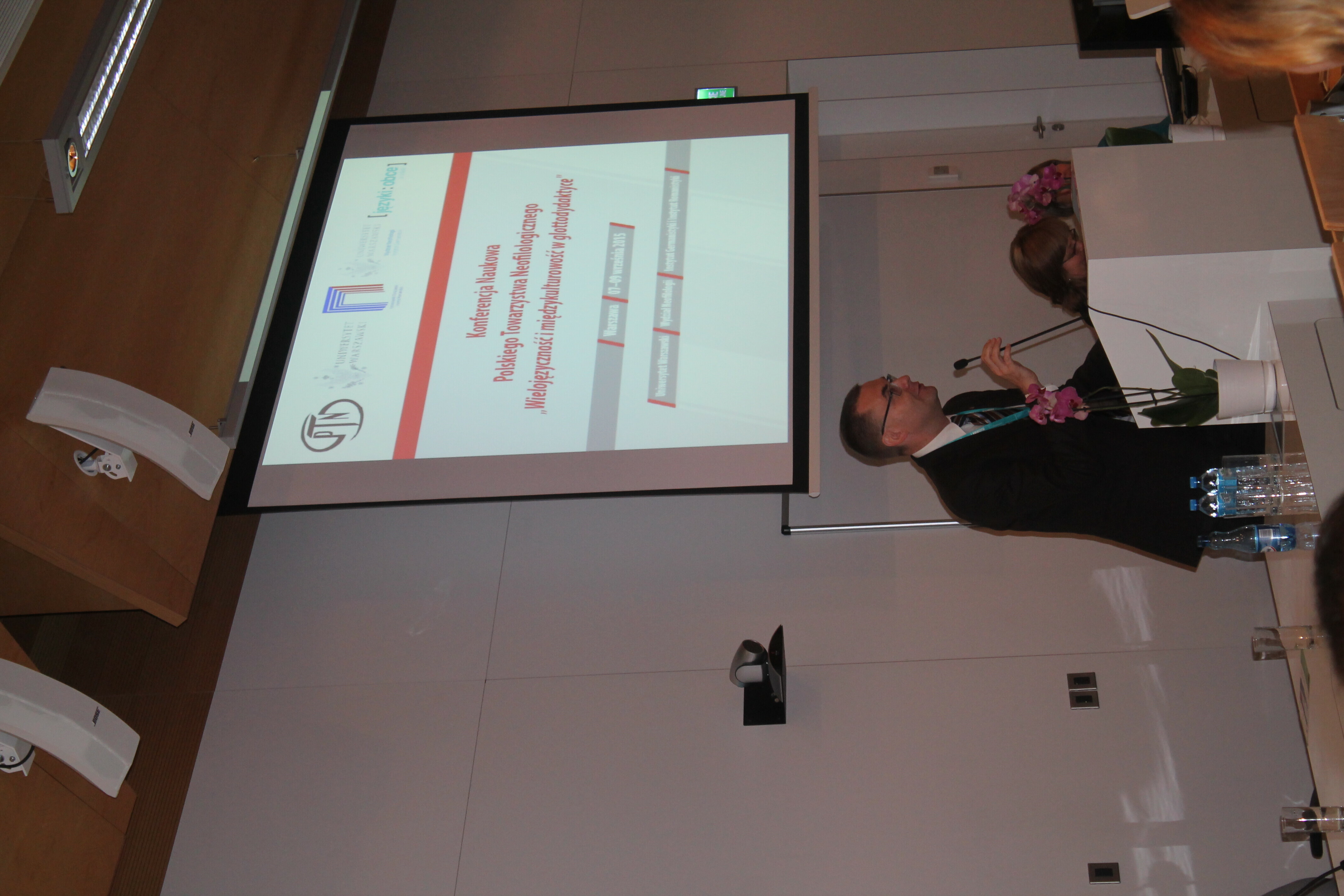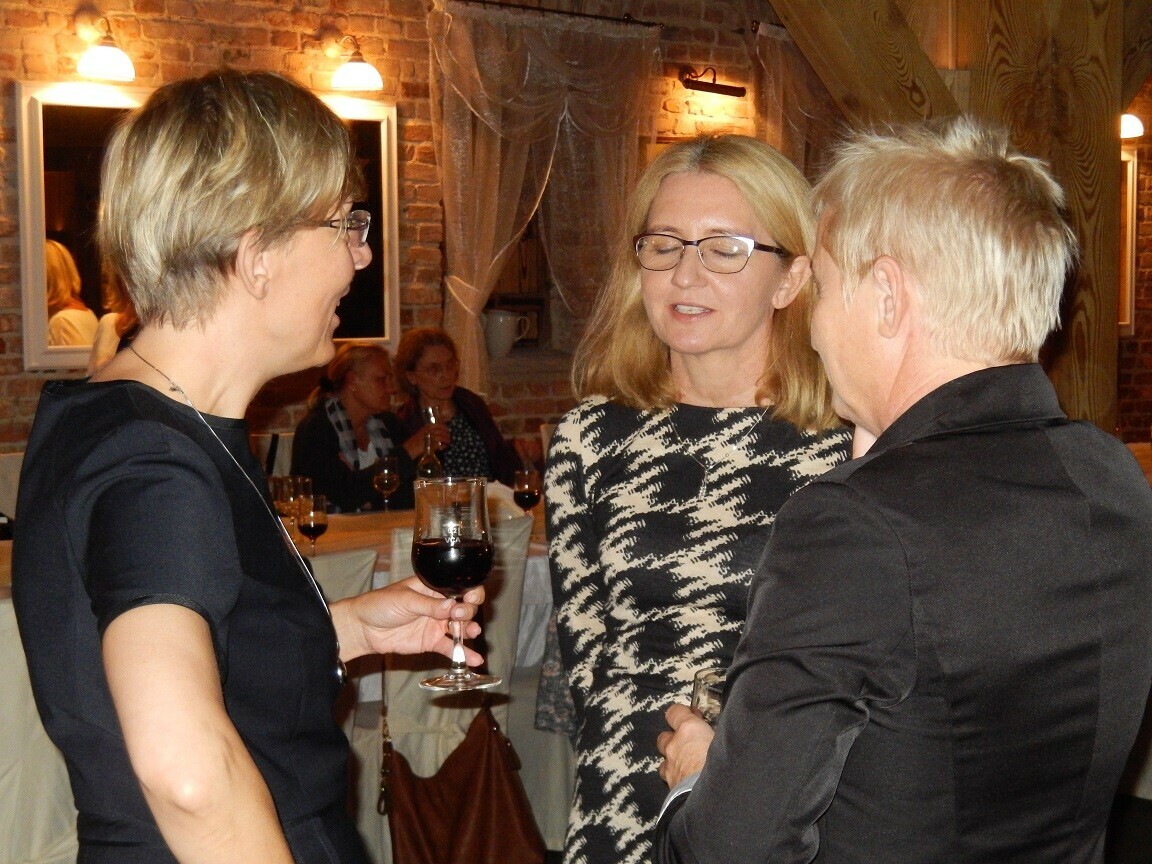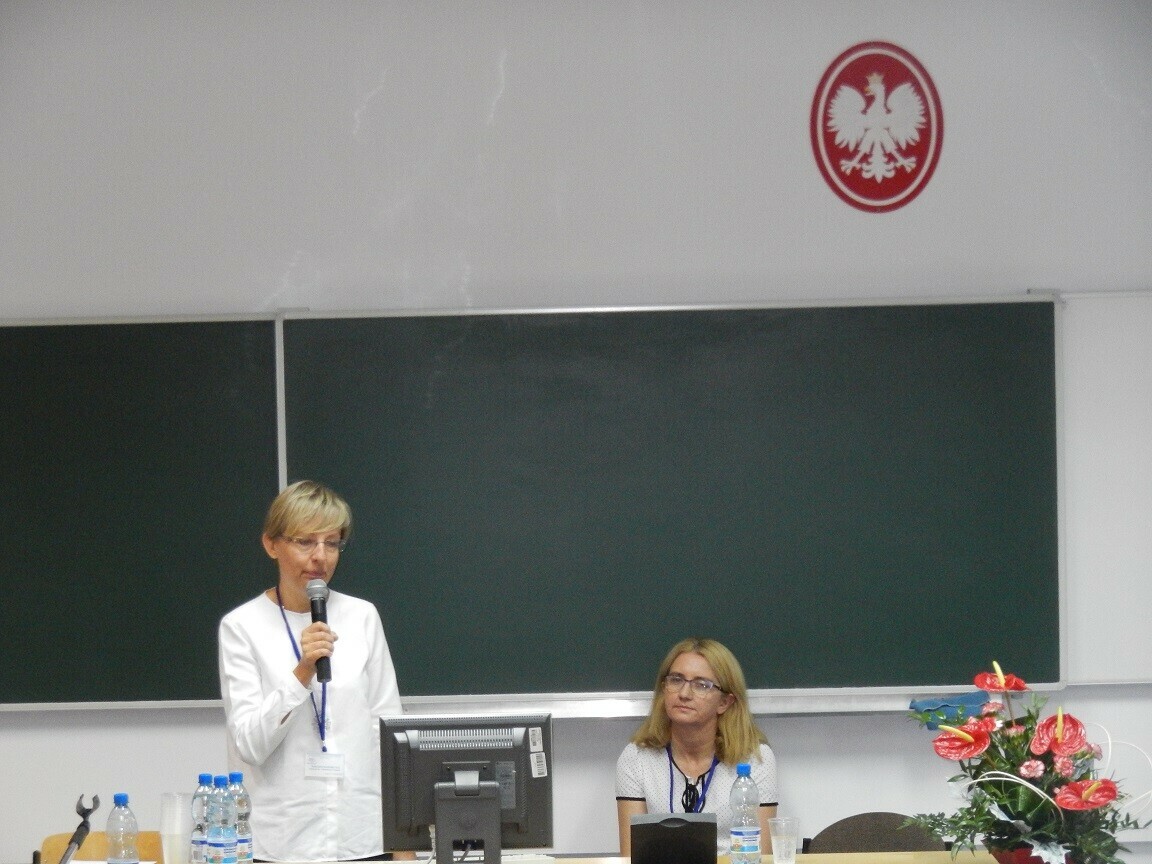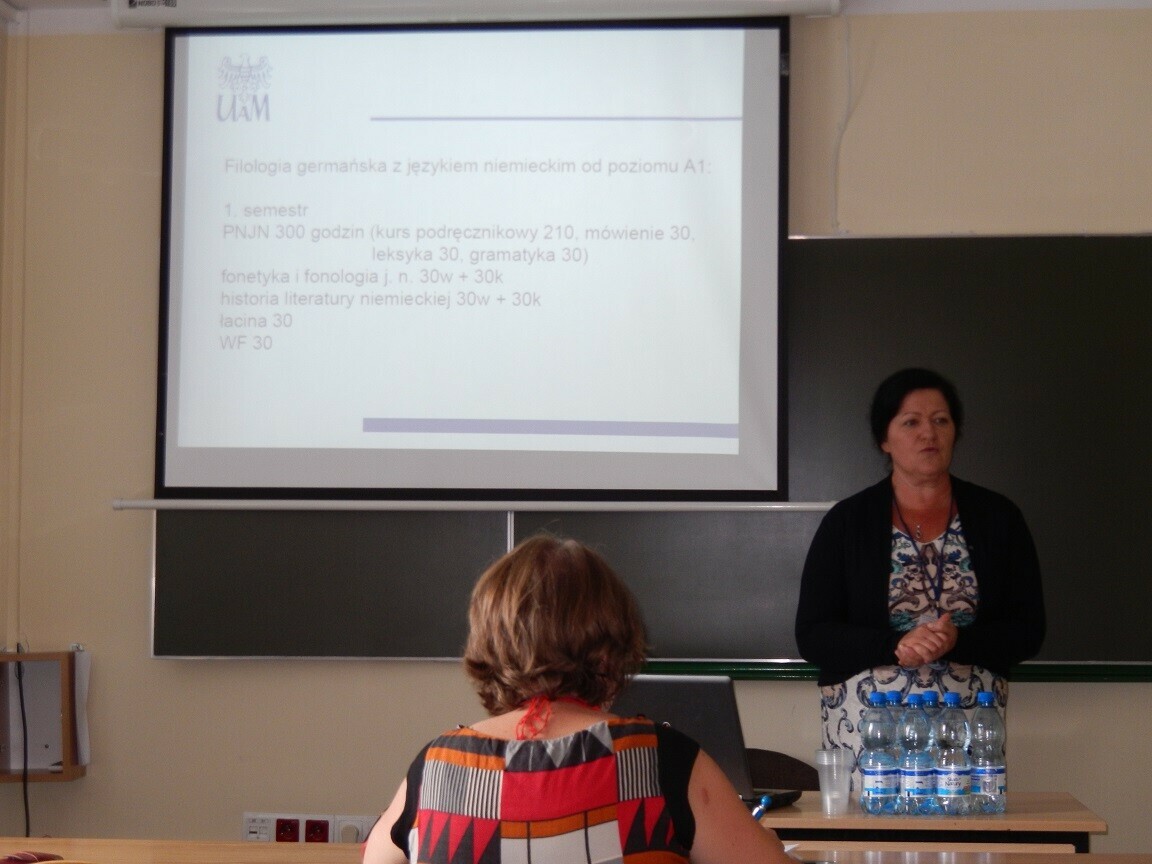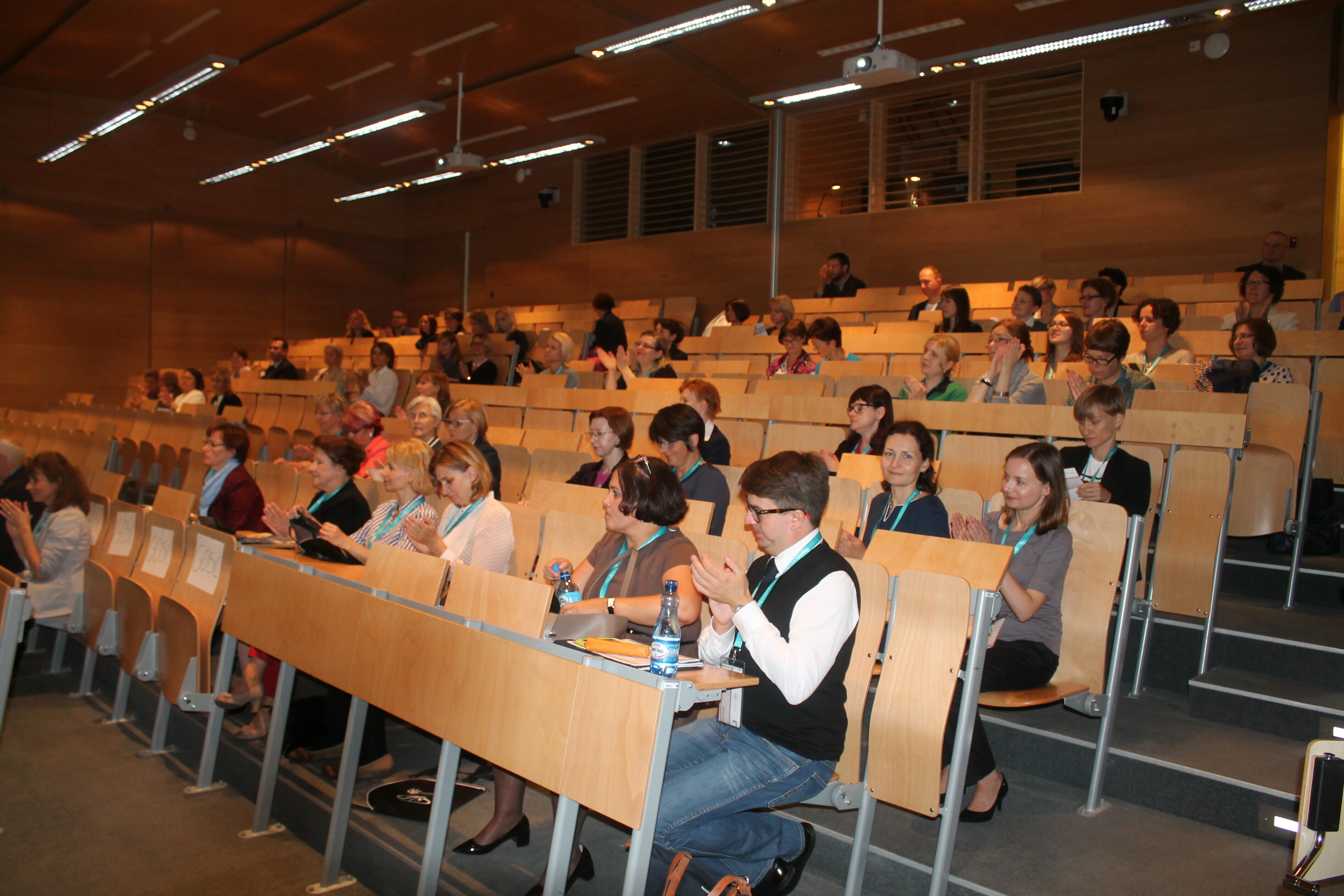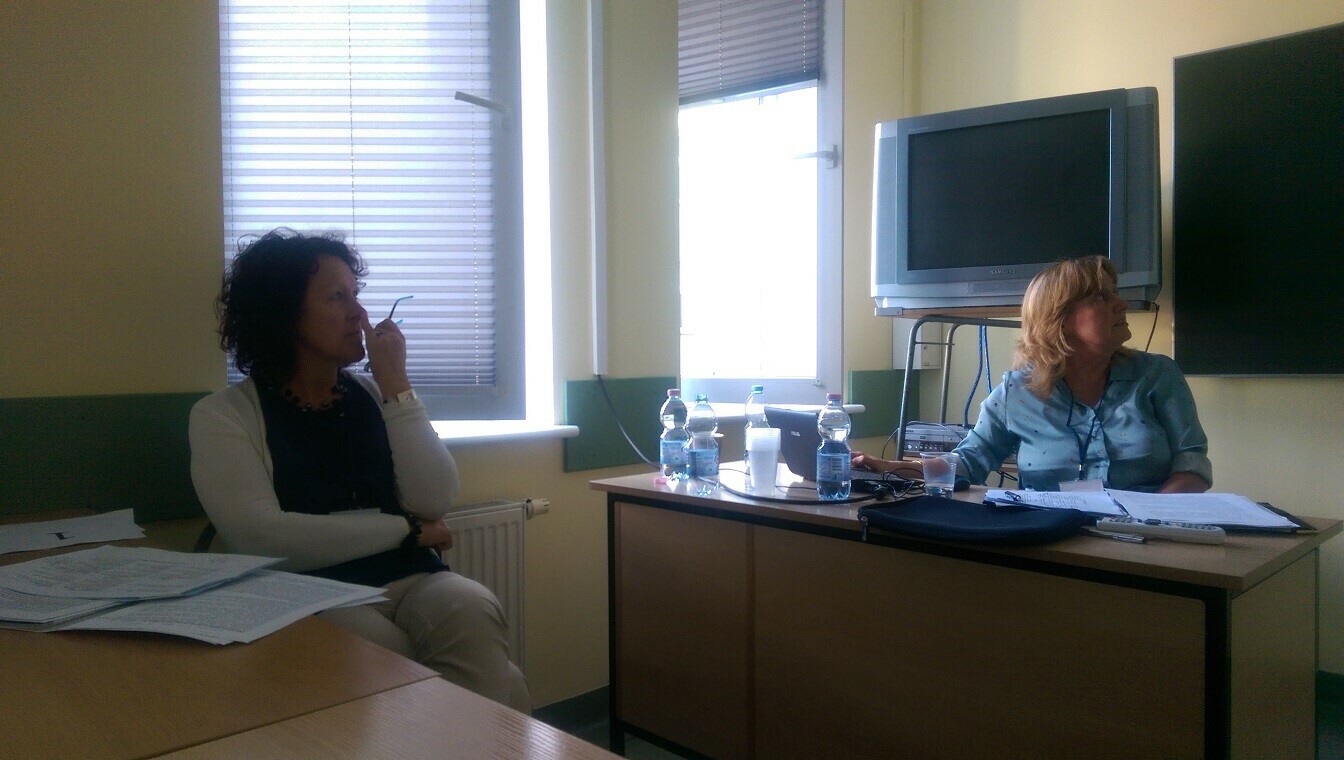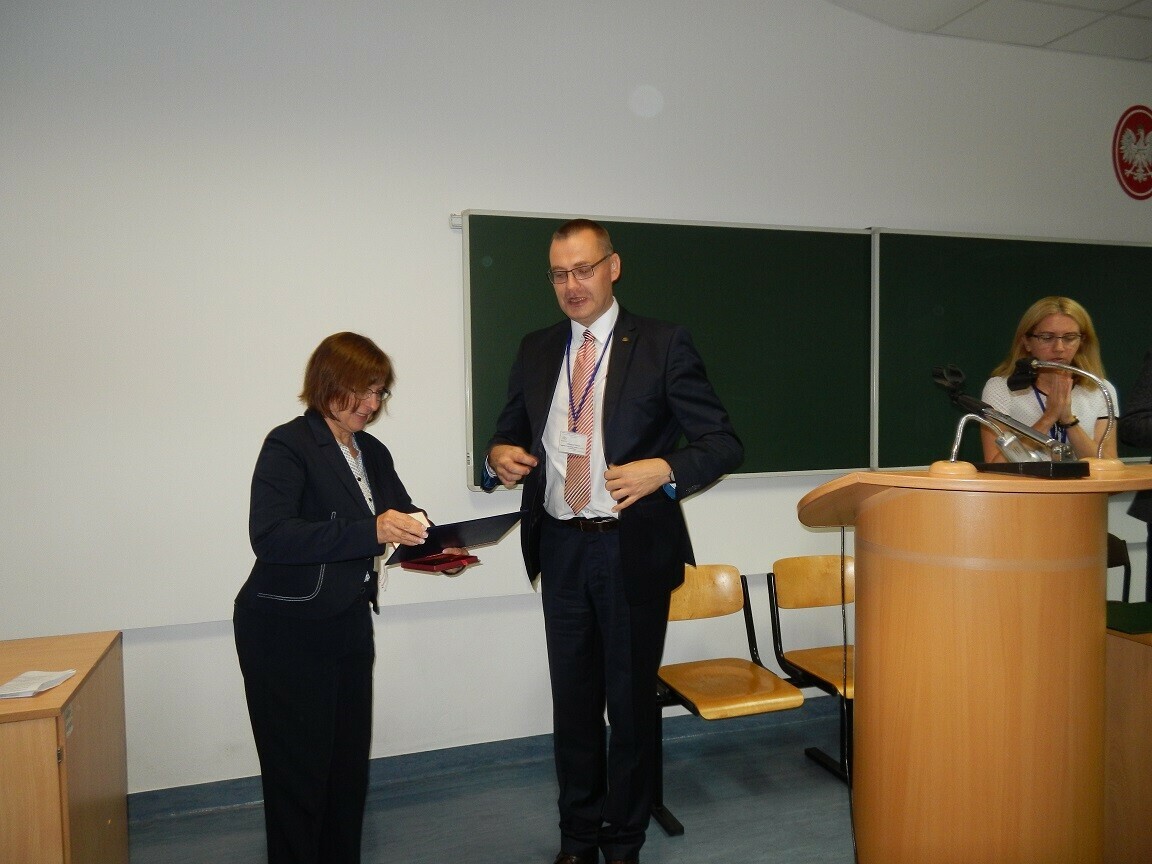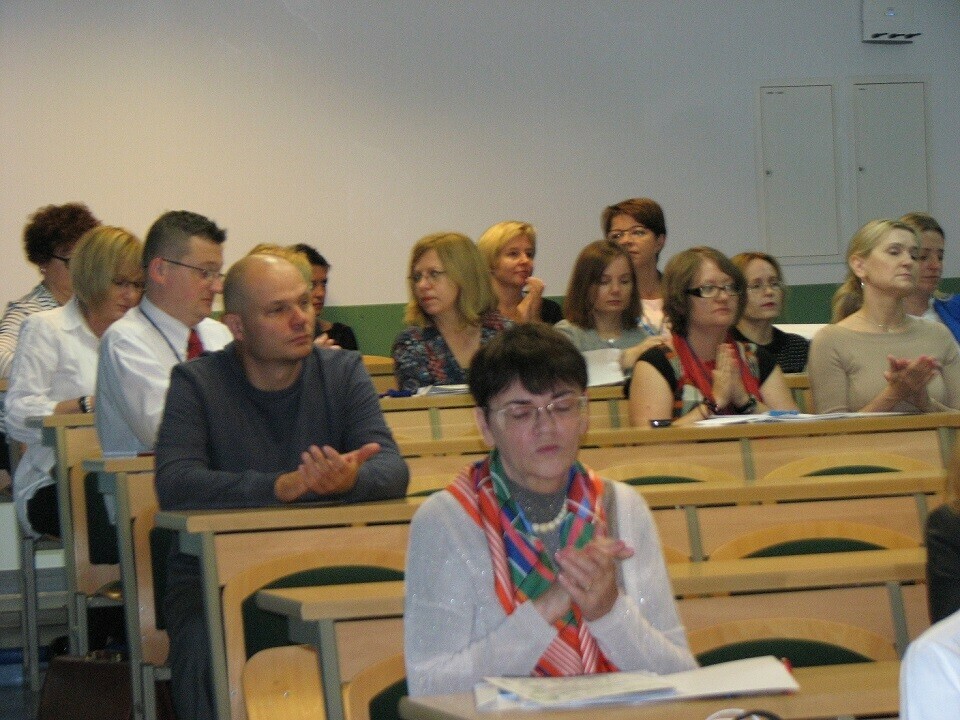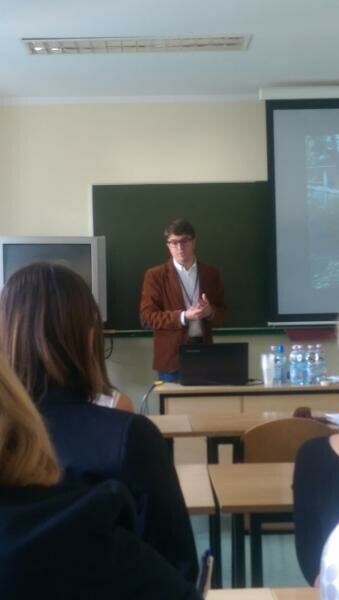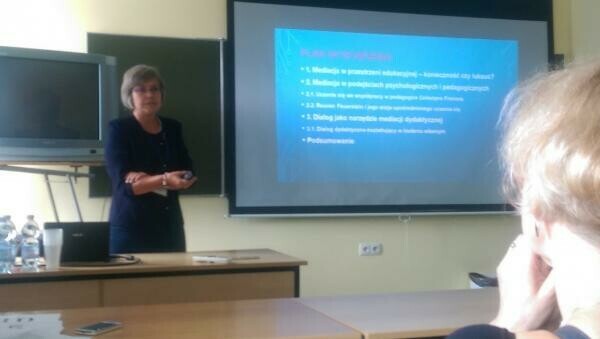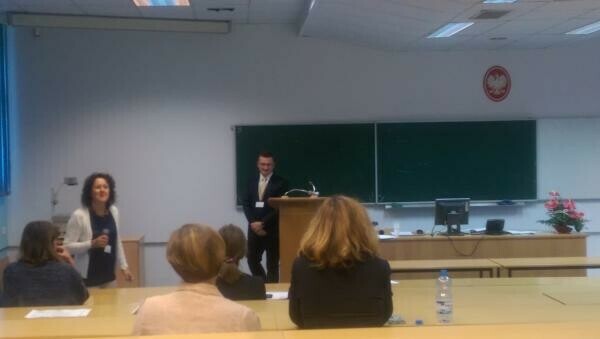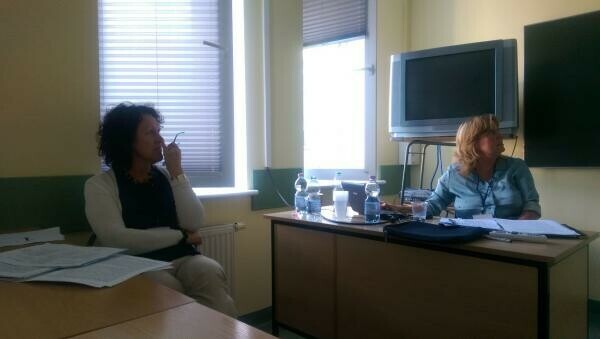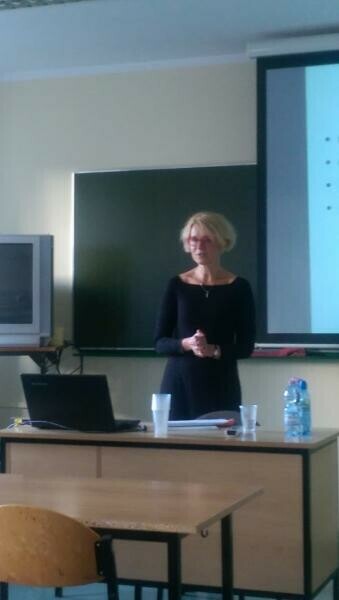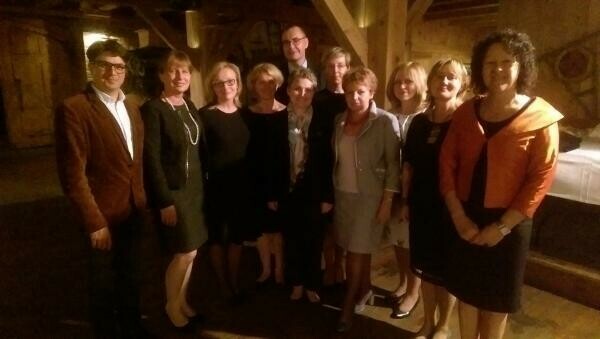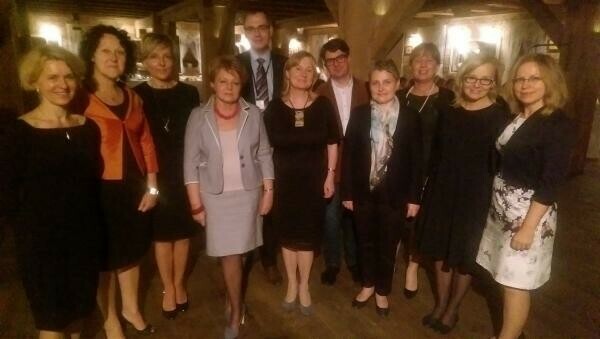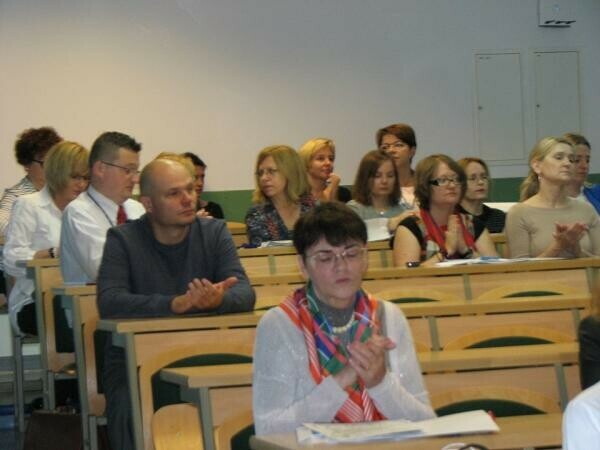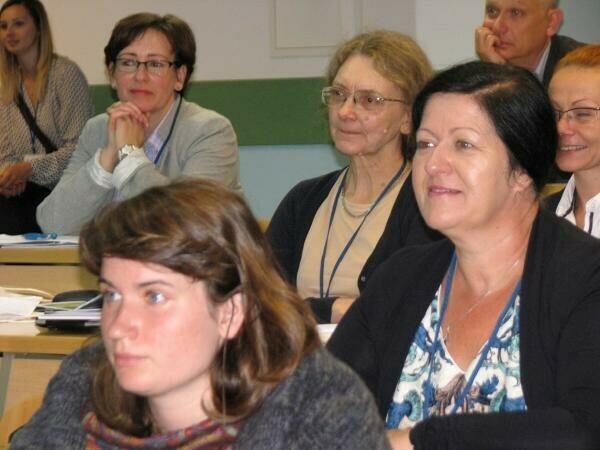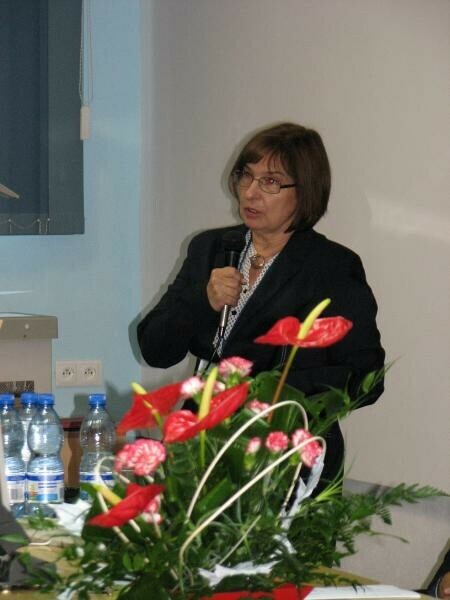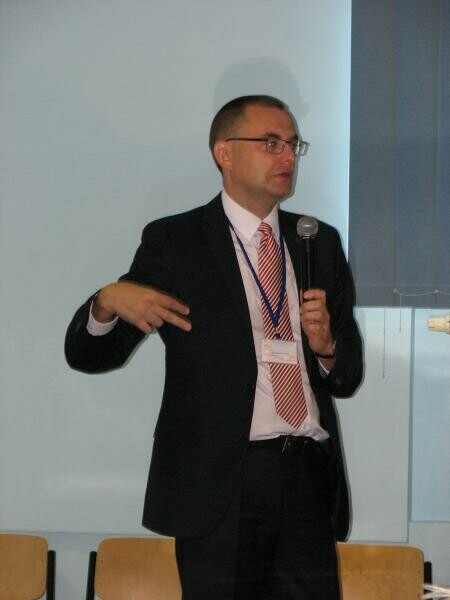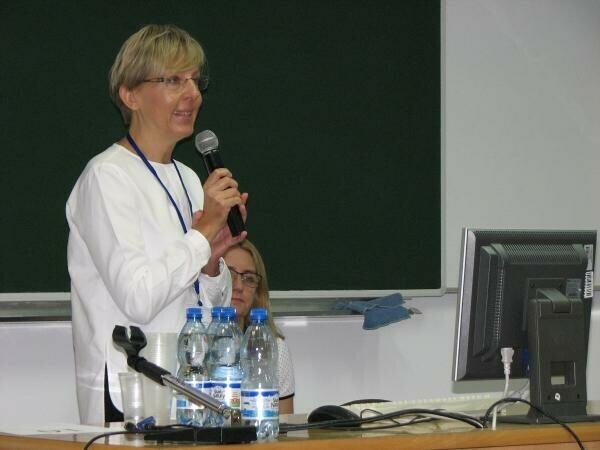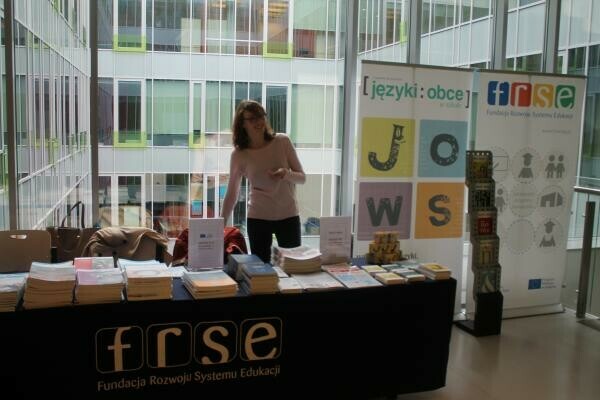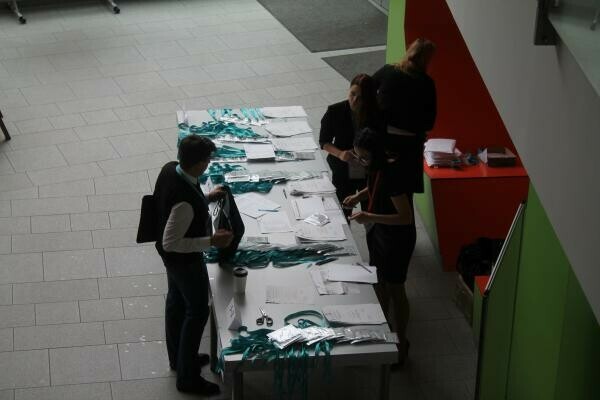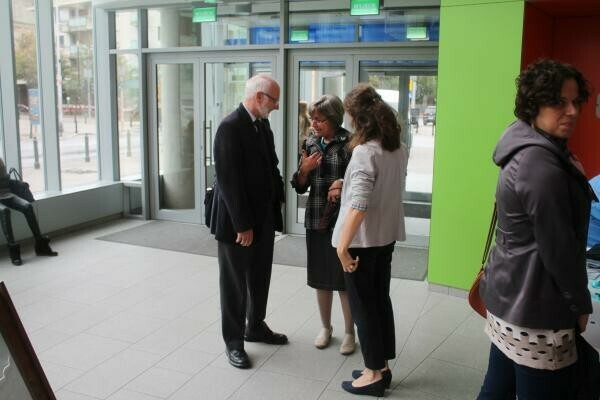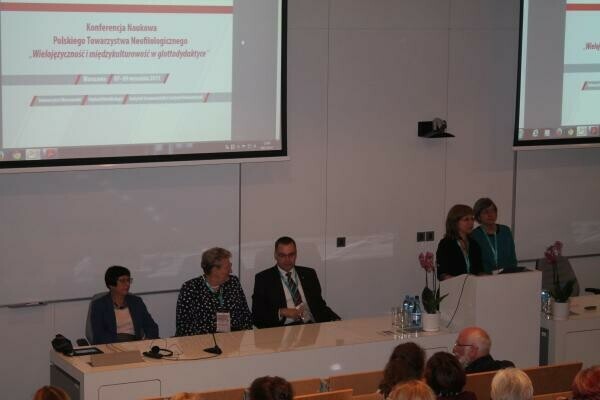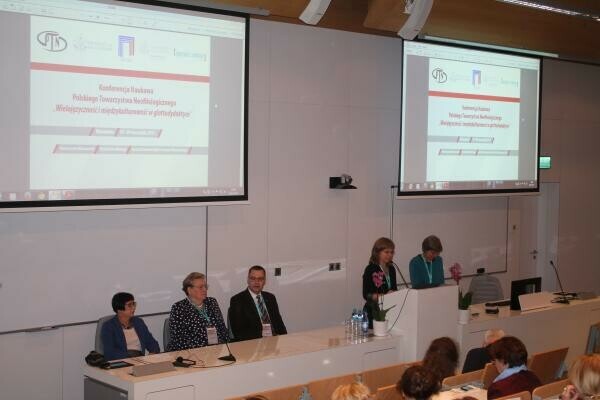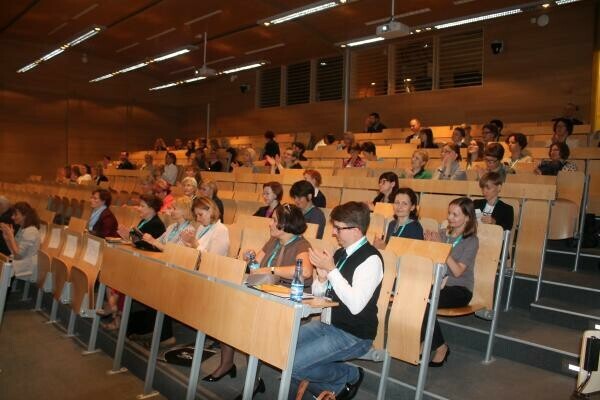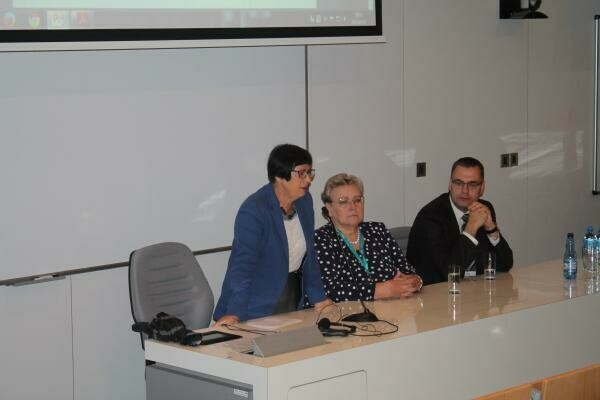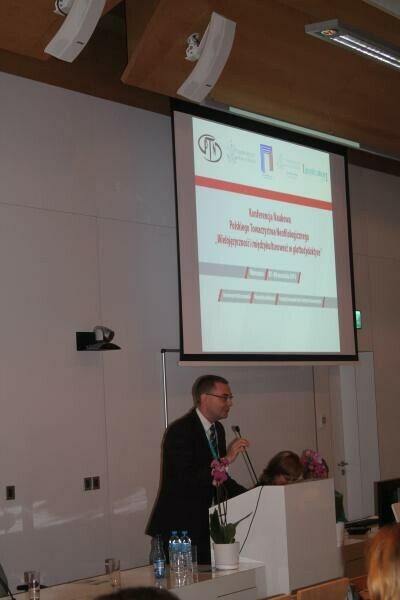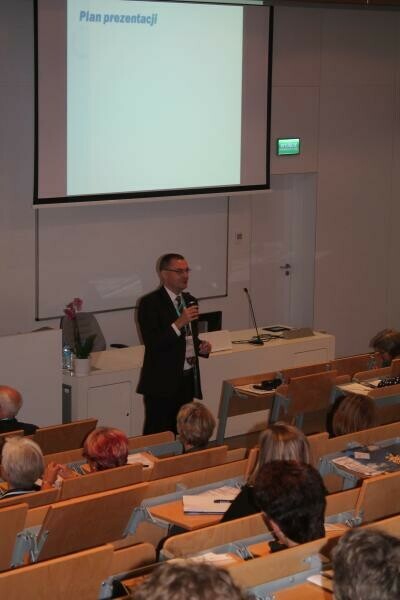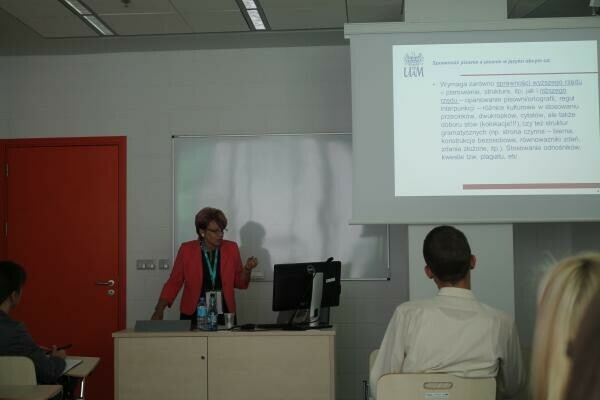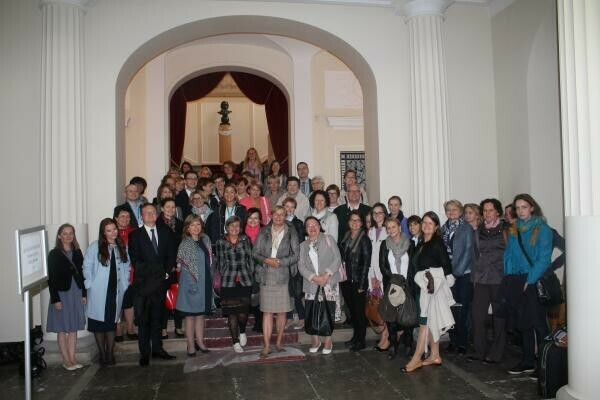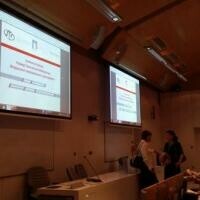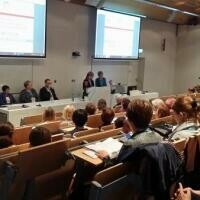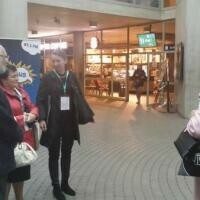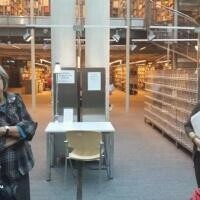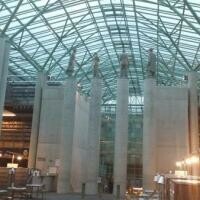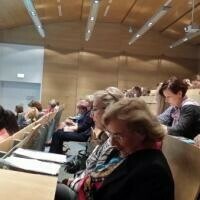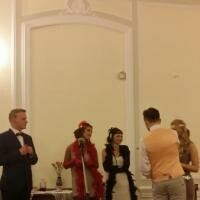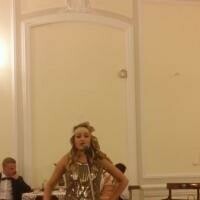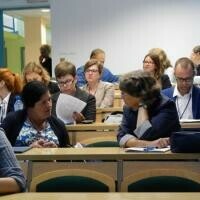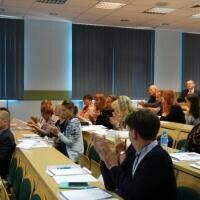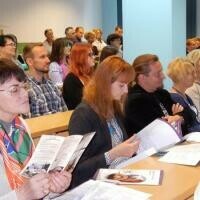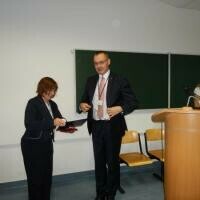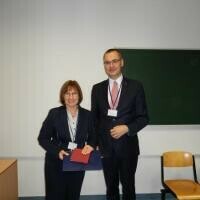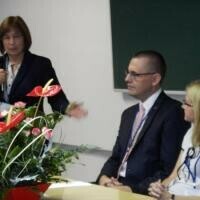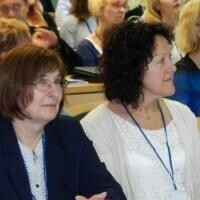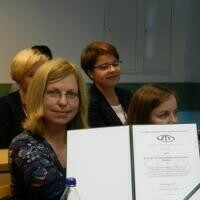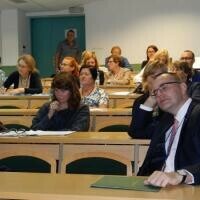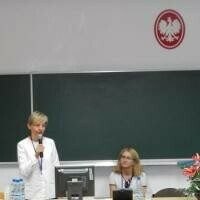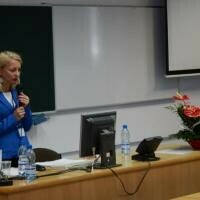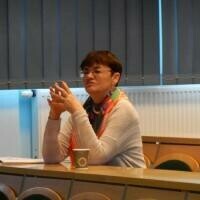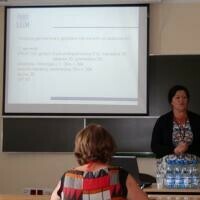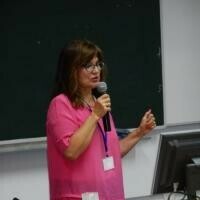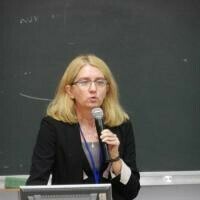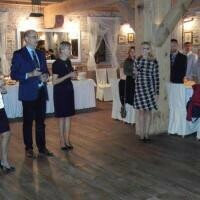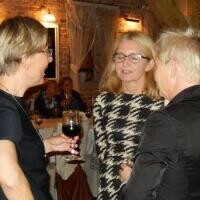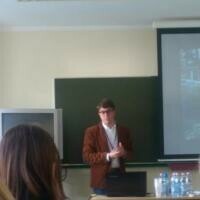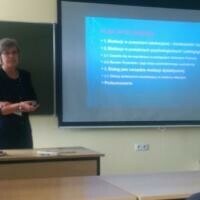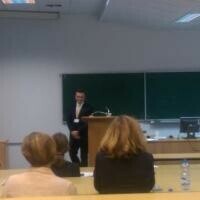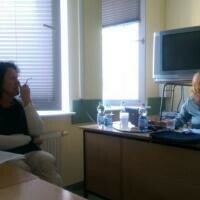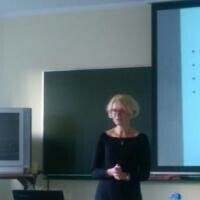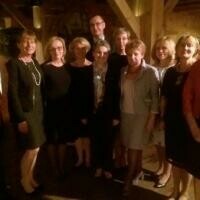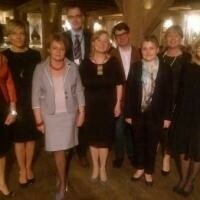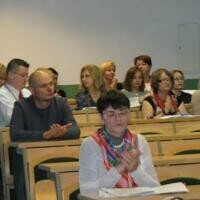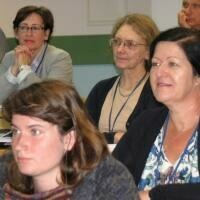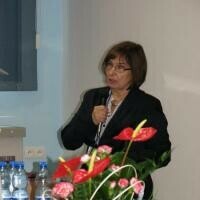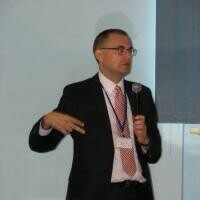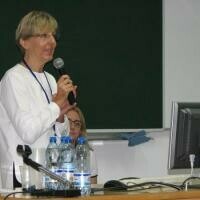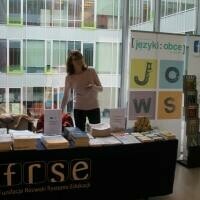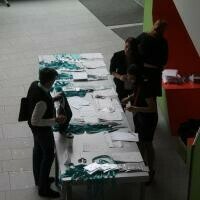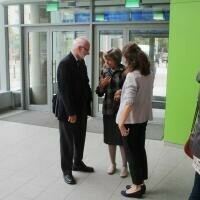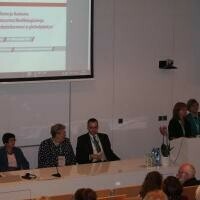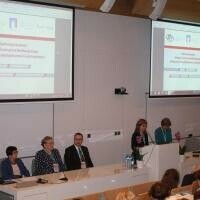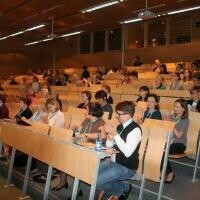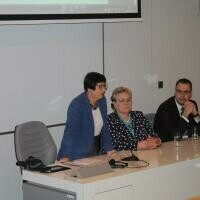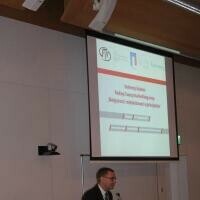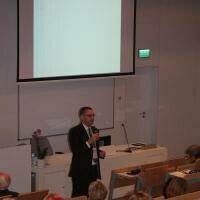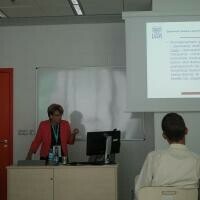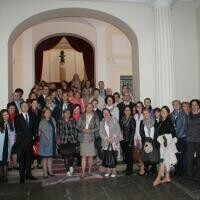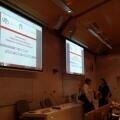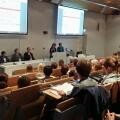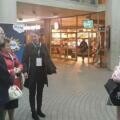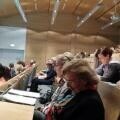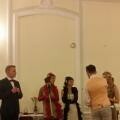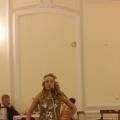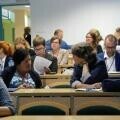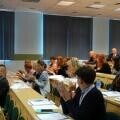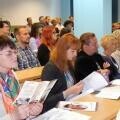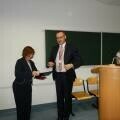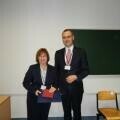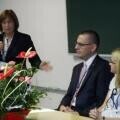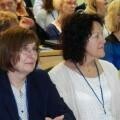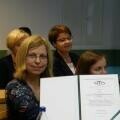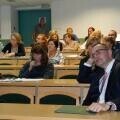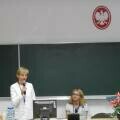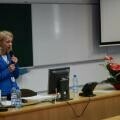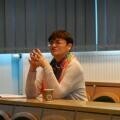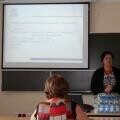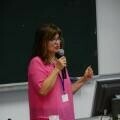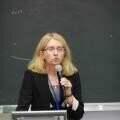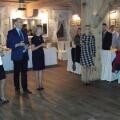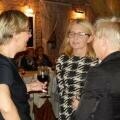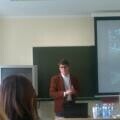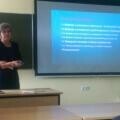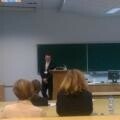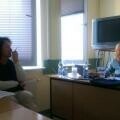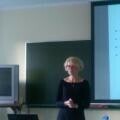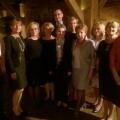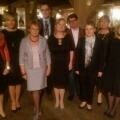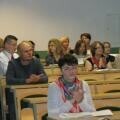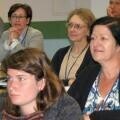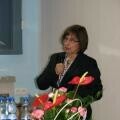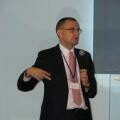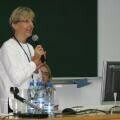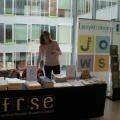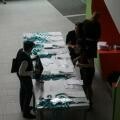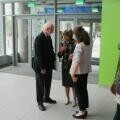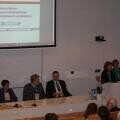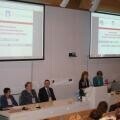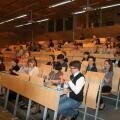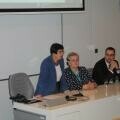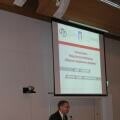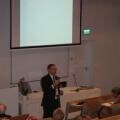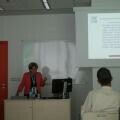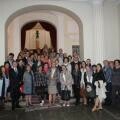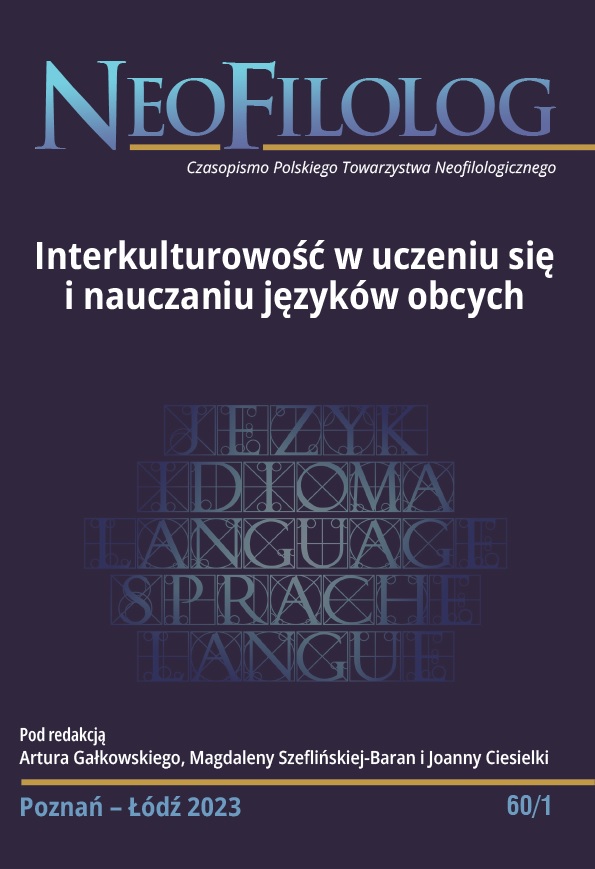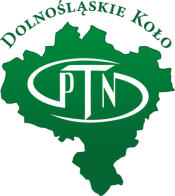Innovations didactiques en français langue étrangère
2ème appel à communications
(Prolongation de la date limite de soumission / Durée des interventions)
Colloque international IDFLE
Innovations didactiques en français langue étrangère
18-19-20 octobre 2012 à l'Institut Français d'Athènes,
31, rue Sina, 10680 Athènes
Organisé par la Cellule de Recherche en Linguistique (CRL)
Page du colloque http://L9.fr/6mV
Comité d'organisation :
Claire Martinot, Université Paris Descartes, UMR 7114, Modyco
Hélène Mitsika, Institut Français d'Athènes
Appel à contribution
Problématique
L'enseignement et l'apprentissage/acquisition du français langue étrangère ont été, à partir des années 70, un terrain d'application extrêmement fécond pour les théories sur le fonctionnement des langues, pour l'investigation des processus d'apprentissage, des stratégies linguistiques et pragmatiques d'acquisition des apprenants guidés et non guidés, pour la perception de l'altérité, de l'étrangeté de la culture de l'Autre, voire pour la didactique du français langue maternelle.
Quarante ans plus tard, de nouvelles théories sur la langue ont fait leur chemin, de nouveaux moyens de communication ont bouleversé la transmission des connaissances mais peut-être aussi les modes d'apprentissage ; l'esprit humain est de nouveau interrogé avec l'espoir d'y trouver quelques réponses aux difficultés de toutes sortes qu'affrontent toujours et encore les apprenants comme leurs enseignants ; on se détourne de plus en plus de l'hypothèse que l'acquisition d'une langue étrangère est comparable à l'acquisition de la langue maternelle, on prend davantage en compte les spécificités de la langue cible et de la langue maternelle des apprenants mais aussi l'ensemble des paramètres individuels qui caractérisent chaque apprenant : motivation, niveau scolaire, qualité de l'environnement linguistique ; la frontière entre l'acquisition non guidée et l'apprentissage en milieu institutionnel est devenue très poreuse, l'analyse linguistique de grands corpus a révélé des mécanismes textuels très différents d'un genre à l'autre, bref, la situation didactique du FLE n'est plus la même qu'il y a quarante ans.
Thématiques
Ce colloque voudrait réunir des contributions qui apportent à la didactique du FLE de nouvelles pistes :
1) du fait de la prise en compte de nouvelles connaissances sur les processus d'apprentissage,
2) du fait d'un nouveau regard sur les pratiques enseignantes,
3) du fait de la mise au jour des spécificités de la langue orale,
4) du fait des difficultés à améliorer l'écrit, en particulier chez les apprenants avancés qui sont confrontés aux zones complexes de la langue (détermination, système aspectuo-temporel, synthétisation informationnelle, cohérence discursive, règles académiques de rédaction...),
5) du fait d'un renouvellement théorique sur la description du fonctionnement du français, que ce soit dans les domaines incontournables de la phonétique, de la morphologie, de la syntaxe, du lexique ou dans les domaines moins traditionnels comme les textes et les discours, les stratégies de compréhension que l'apprenant peut utiliser lorsque sa langue maternelle est proche du français ...
La priorité sera donnée d'une part aux propositions novatrices correspondant aux 5 pistes énoncées ci-dessus et d'autre part aux propositions répondant à un problème didactique fréquent chez les enseignants de français langue étrangère.
Comité scientifique
-
Monique Burston, Université de Chypre Jean-Louis Chiss, Université de la Sorbonne Nouvelle
-
Jean-Marc Dewaele, Université de Londres Danièle Flament-Boistrancourt, Université Paris Ouest Nanterre La Défense Sonia Gerolimich, Université d'Udine
-
Heather Hilton, Université Paris 8 Amr H. Ibrahim, Université de Franche-Comté & Université Paris-Sorbonne
-
Danielle Leeman, Université Paris Ouest Nanterre La Défense Brigitte Marin, Université Paris-Est Créteil - IUFM
-
Catherine Mavromara-Lazaridou, Université Démocrite de Thrace
-
Urszula Paprocka-Piotrowska, Université Catholique de Lublin Jean-Paul II
-
Michel Pierrard, Vrije Universiteit Brussel (Université Libre de Bruxelles néerlandophone)
-
Argyro Proscolli, Université d'Athènes Elisabeth Richard, Université de Rennes 2
-
Clara Romero, Université Paris Descartes Valérie Spaeth, Université de Franche-Comté
-
Georges-Daniel Véronique, Université de Provence Marzena Watorek, Université Paris 8
Modalités de soumission et informations matérielles
Les propositions de communication sont à adresser au format .doc ou .docx à Claire Martinot et à Hélène Mitsika à l'adresse suivante : colloqueidfle@gmail.com, pour le 15 janvier 2012. Le fichier de la proposition (anonymée) doit impérativement être accompagné d'un deuxième fichier comportant les coordonnées complètes et actualisées de l'auteur (Statut professionnel / Institution de rattachement / Adresse postale personnelle / Téléphone personnel / Adresse électronique / Éventuelle page web).
Chaque proposition comportera 400 mots, sans la bibliographie, elle sera évaluée de façon anonyme par deux évaluateurs du comité scientifique.
La réponse des organisatrices sera envoyée entre le 1er mars et le 7 mars 2012.
Les communications se feront toutes en séance plénière et en français. La durée de chaque communication sera de 40 minutes (plus 10 minutes de questions).
Droits d'inscription :
Préinscription jusqu'au 30 juin 2012 :
60 euros - Tarif étudiant moins de 30 ans : 15 euros
A partir du 1er juillet 2012:
80 euros - Tarif étudiant moins de 30 ans : 20 euros.
Les membres de la CRL et les enseignants de l'Institut Français d'Athènes sont dispensés des droits d'inscription.
Virement à effectuer sur le compte de la Cellule de Recherche en Linguistique :
IBAN : FR23 2004 1000 0127 4847 3B02 035
BIC : PSSTFRPPPA
Ce colloque international est le septième colloque organisé par la Cellule de Recherche en Linguistique (Association savante à but non lucratif & Éditeur - 1, Boulevard de Strasbourg F-75010 Paris, http://L9.fr/65p )
International conference Language Skills: Traditions, Transitions & Ways Forward
Language Skills: Traditions, Transitions & Ways Forward
International conference
English Department, Maria Curie-Sklodowska University, Lublin, Poland
24th - 25th September 2012
Call for papers
English Department, Maria Sklodowska Curie University in Lublin is happy to announce the first international conference Language Skills: Traditions, Transitions & Ways Forward, which is going to take place in Lublin, Poland, from 24th to 25th September 2012. More information about Lublin is available at www.lublin.eu/en.
Theme
The Conference aspires to provide a forum for sharing both theoretical and empirical findings, as well as pedagogical practices related to the broad topic of the development of language skills in second/foreign language instruction. It is hoped that the contributions will cover issues dealing with a number of research traditions and perspectives including the past (Traditions), the present (Transitions) and the future (Ways Forward) of language skills learning and teaching.
Organizers
The Conference is organized by the Methodology of Teaching English as a Foreign Language Unit of the English Institute of Maria Sklodowska Curie University in Lublin, Poland.
The Scientific Committee
Prof. Halina Chodkiewicz - Chair
Prof. Jolanta Szpyra-Kozłowska
Prof. Henryk Kardela
Prof. Przemysław Łozowski
The Organizing Committee
Dr Magdalena Trepczyńska - Chair
Małgorzata Krzemińska-Adamek
Ewa Surdacka
Dr Marcin Smolik
Plenary speakers
The following scholars have kindly agreed to deliver plenary talks during the
Conference:
Prof. Pauline Foster (St Mary's University College Twickenham London)
Prof. Keith Johnson (Lancaster University)
Prof. Maria Dakowska (University of Warsaw)
Prof. Anna Niżegorodcew (Jagiellonian University, Kraków)
Prof. Teresa Siek-Piskozub (Adam Mickiewicz University, Poznań)
FIPLV World Congress 2012 Innovation, Inspiration and Language Learning
FIPLV World Congress 2012
Innovation, Inspiration and Language Learning
Dear Friends around the world,
SUKOL is honored to organize the FIPLV World Congress 2012. FIPLV, the international umbrella organization for teachers of modern languages, holds a World Congress every three years. This year we will meet in Helsinki on 8-9 June.
The theme of the conference is Innovation, Inspiration and Language Learning. The conference will offer you a wide range of interesting lectures and talks around the theme. We are proud to present some of our speakers:
Prof. Anna Mauranen, University of Helsinki
Prof. Pablo Balboni, Università Ca´Foscari Venezia
Director of Cavilam, Michel Boiron and
Senior Lecturer, Director of Teaching, Terry Lamb, University of Sheffield
We invite you to Helsinki, Finland to join this unique event and to enjoy the midnight sun in the early summer of 2012. Come and discuss our common matters and share ideas with your colleagues.
You can register and find a more detailed program on SUKOL´s web site:
The participation fee is 200€ until 13. of April and 250€ after that. The price includes the congress program, lunch, dinner and coffee and a social program on Friday and Saturday. For further information please read the SUKOL website or e-mail to fiplv2012@sukol.fi .
We look forward to seeing you in Helsinki, World Design Capital 2012!
3rd International conference on classroom-oriented research RECONCILING THEORY AND PRACTICE
Institute of Modern Languages, State School of Higher Professional Education, Konin
Department of English Studies, Faculty of Pedagogy and Fine Arts, Adam Mickiewicz University, Kalisz,
and
Institute of English Studies, Faculty of Philology , University of Łódź,
in collaboration with IATEFL Research SIG (http://resig.iatef.org)
are happy to announce 3rd International conference on classroom-oriented research:
CLASSROOM-ORIENTED RESEARCH: RECONCILING THEORY AND PRACTICE
Konin, October 14th-16th, 2013
Call for papers
THEME
The conference will be devoted to various aspects of classroom-oriented research, focusing in particular on the ways in which theory, research and classroom practice can be successfully reconciled. The event will provide a forum for disseminating latest research findings in this area, which is of pivotal importance to foreign and second language pedagogy, and it will be of relevance not only to academics, researchers, teacher educators or material writers, but also to language teachers wishing to enhance their instructional practices.
PLENARY SPEAKERS
The following scholars have agreed to participate in the conference and deliver plenary talks:
· prof. Anne Burns (Aston University)
· prof. Jean-Marc Deawale (Birkbeck College, University of London)
· prof. Diane Larsen-Freeman (University of Michigan)
· prof. David Nunan (Anaheim University)
· prof. Norbert Schmitt (University of Nottingham)
· prof. David Singleton (Trinity College, Dublin)
· prof. Paul Meara (Swansea University)
ABSTRACT SUBMISSION
We welcome contributions related to the theme of the conference in the form of papers (20 minutes + 10 minutes for discussion), workshops (60 minutes) and posters which could, among other things, focus on the following areas:
- theoretical foundations of classroom-oriented research;
- teaching language skills and subsystems;
- developing intercultural competence in the language classroom;
- individual differences and language learning and teaching;
- learner autonomy and language learning strategies;
- classroom interaction and management;
- teachers’ knowledge and beliefs;
- teacher education;
- coursebooks and materials;
- syllabus design;
- assessing second language knowledge;
- methodology of classroom-oriented research;
- disseminating the findings of classroom-oriented research.
Abstracts of papers, workshops and posters in the range of 250-300 words should be submitted by e-mail to classroomresearch2013@gmail.com by May 31st, 2013. The proposals should include the title, name, affiliation, e-mail address and a short biographical note, about 60-80 words in length. Notifications of acceptance will be sent by June 30th, 2013.
FURTHER INFORMATION
Further information about the conference will be available in October 2012. Queries regarding the event can be sent to classroomresearch2013@gmail.com or to Professor Mirosław Pawlak, Head of the Organizing Committee (pawlakmi@amu.edu.pl).
With best regards,
Mirosław Pawlak

